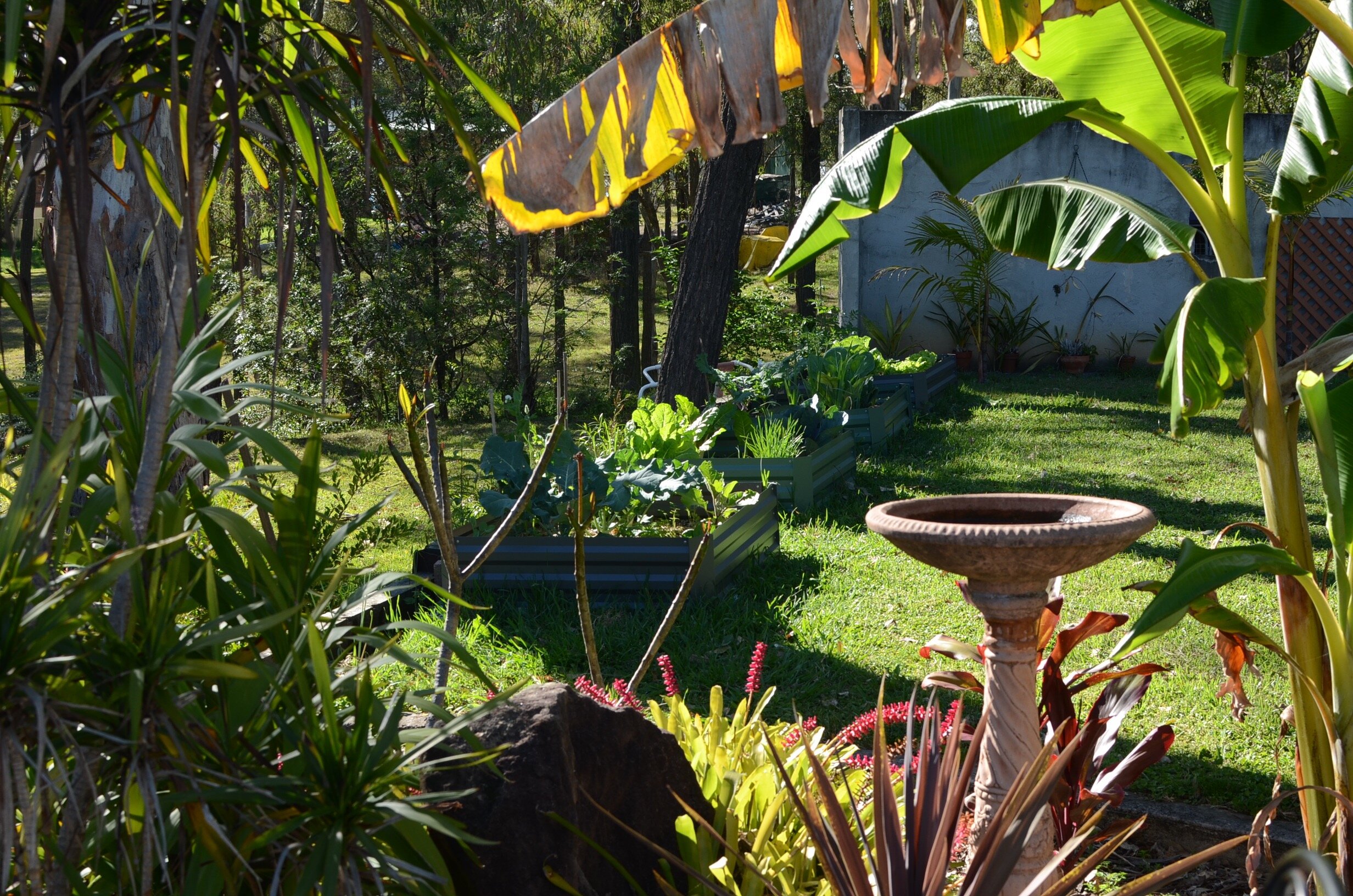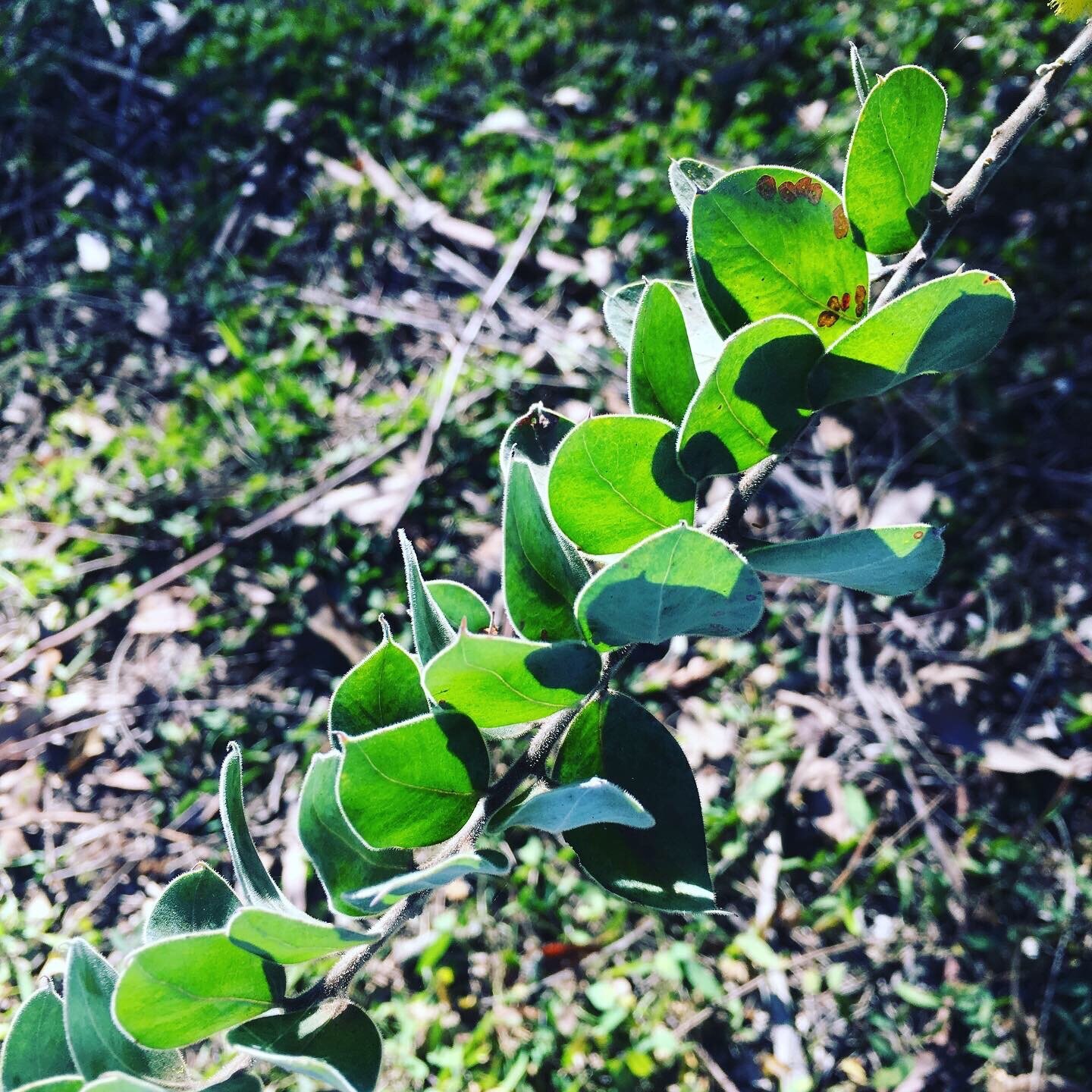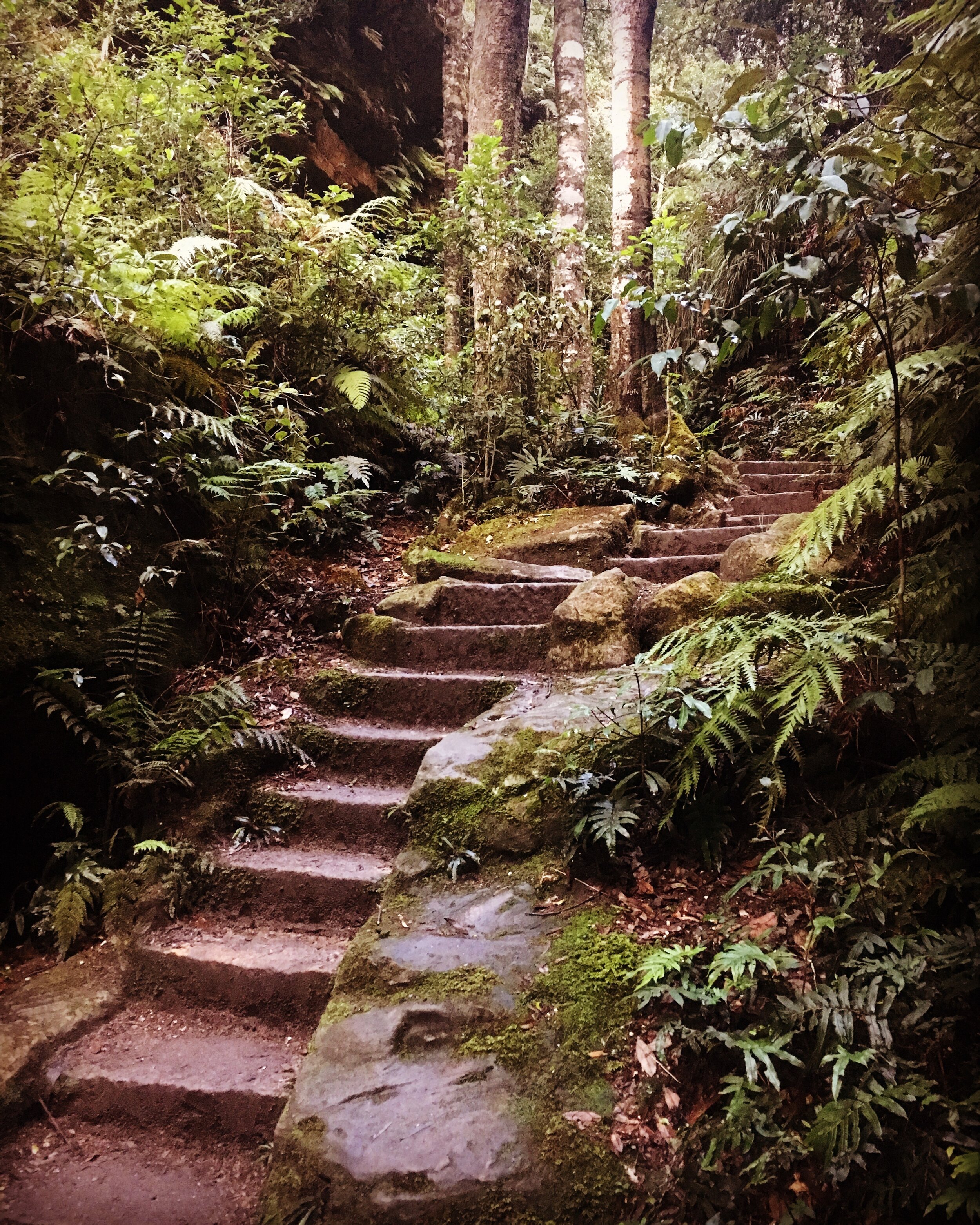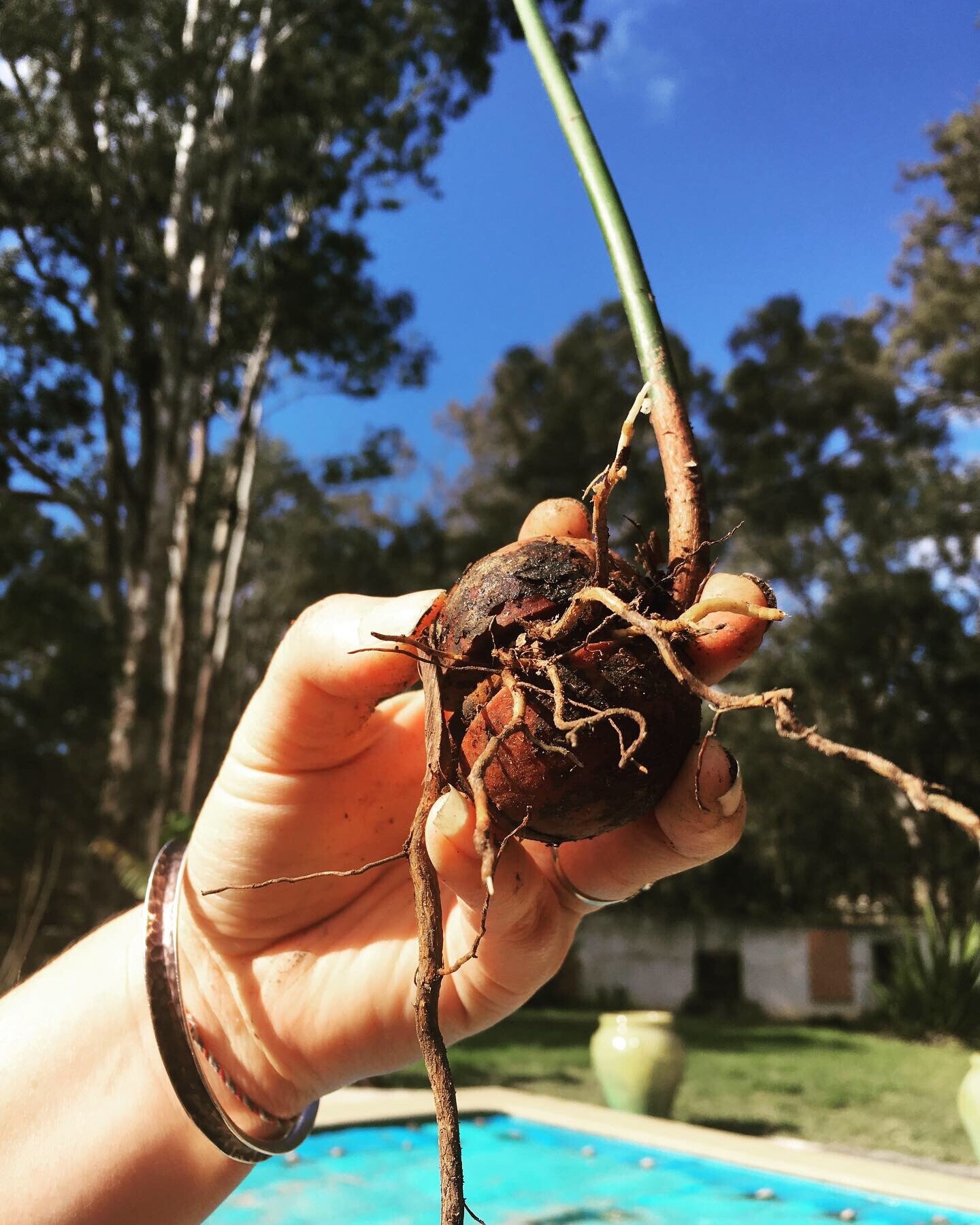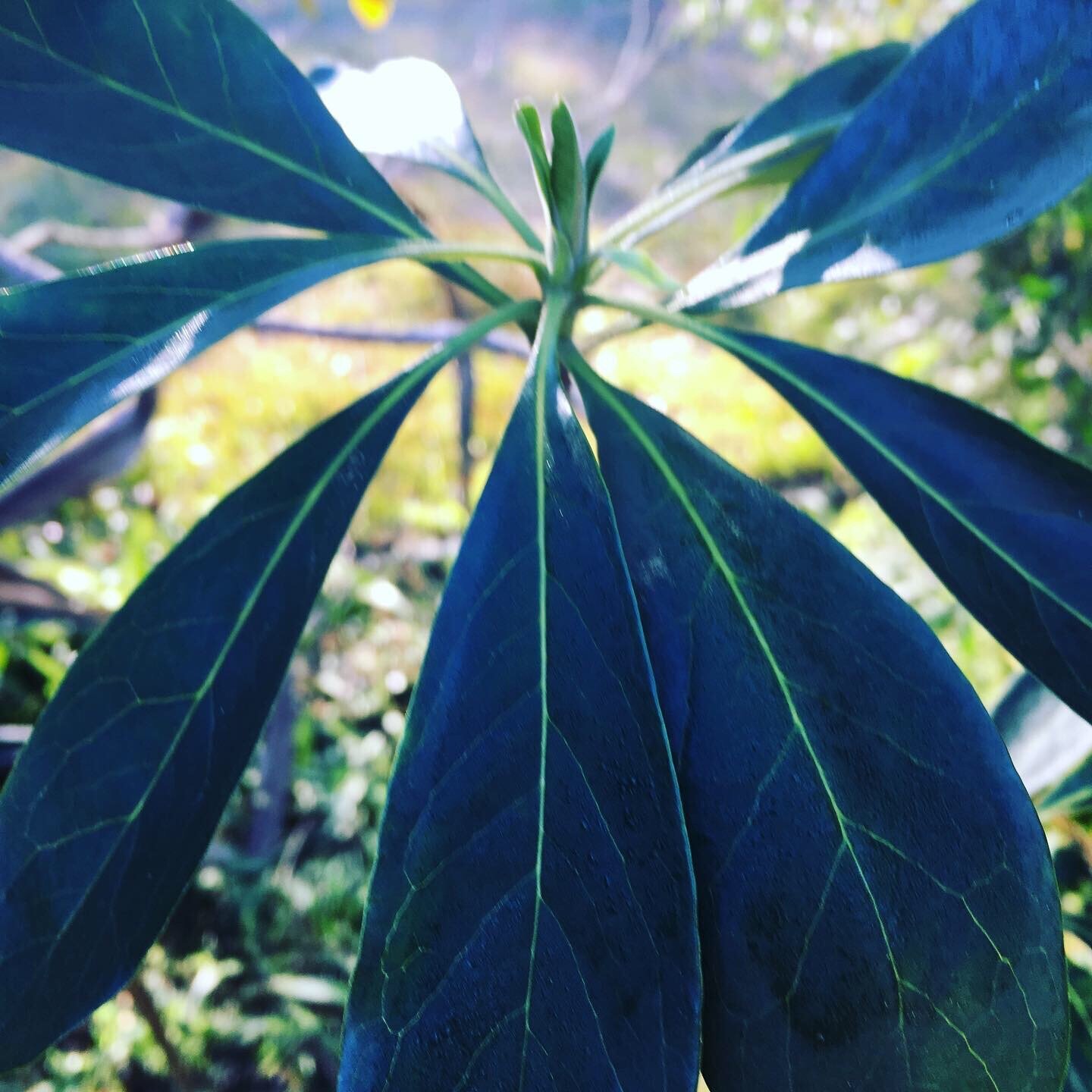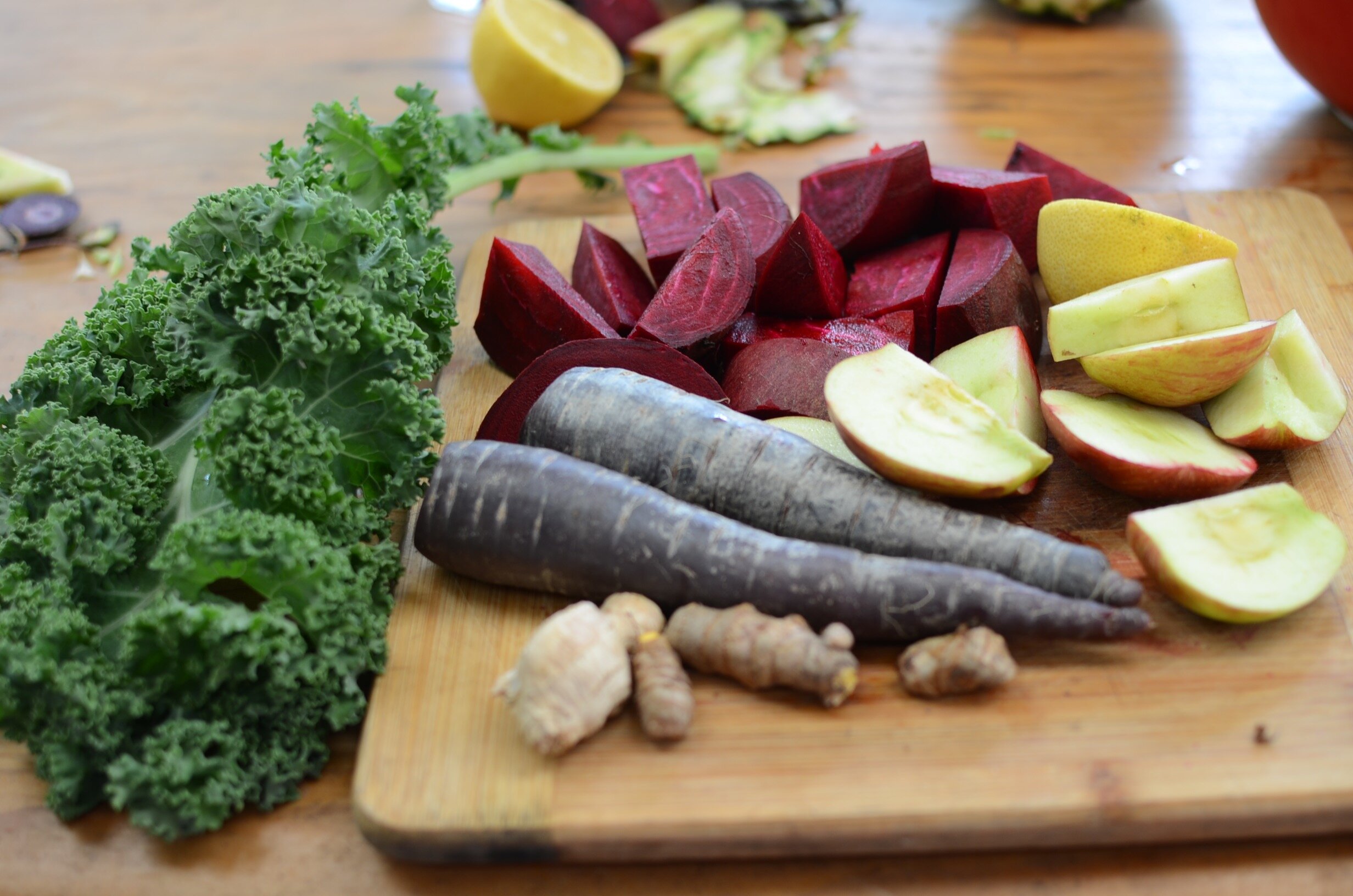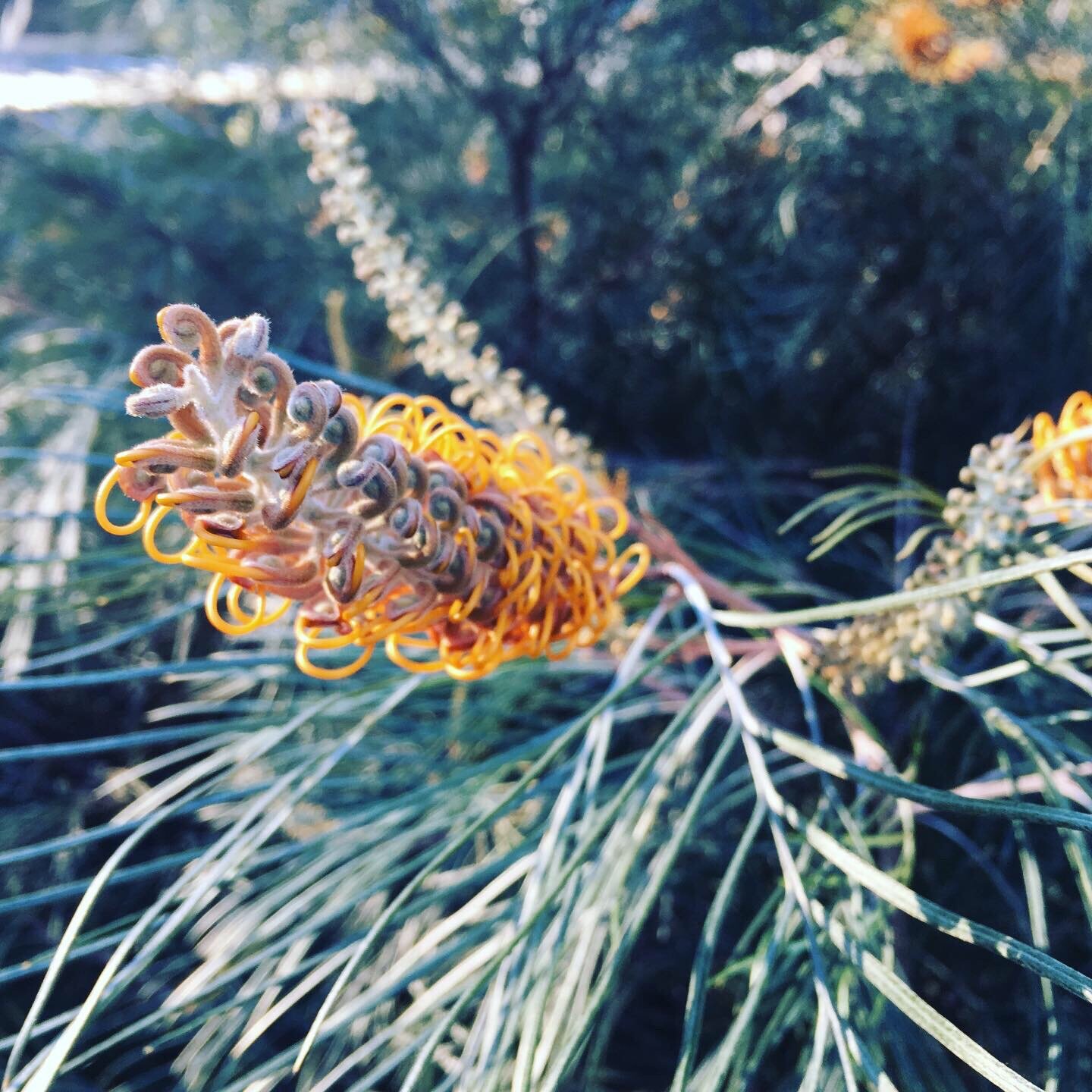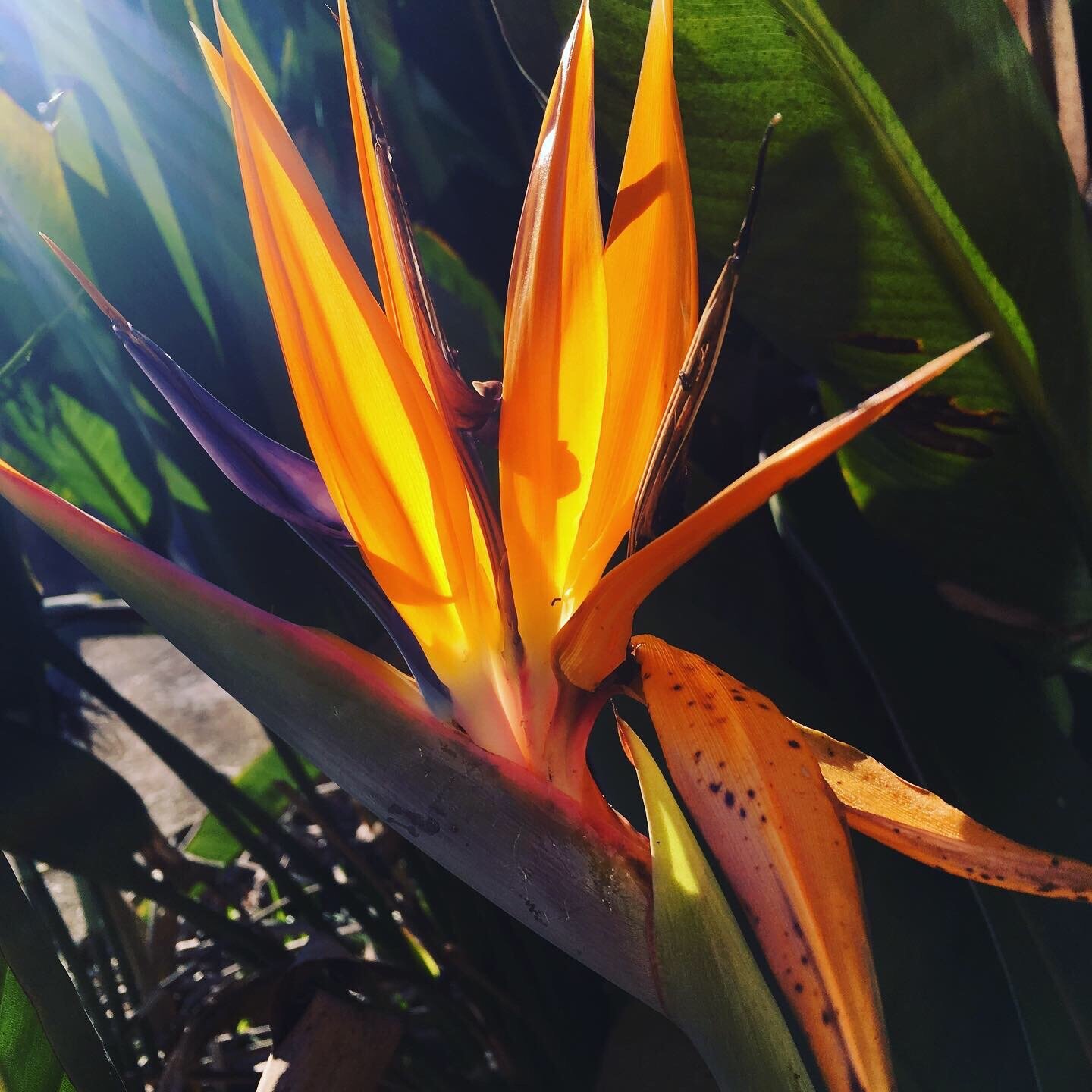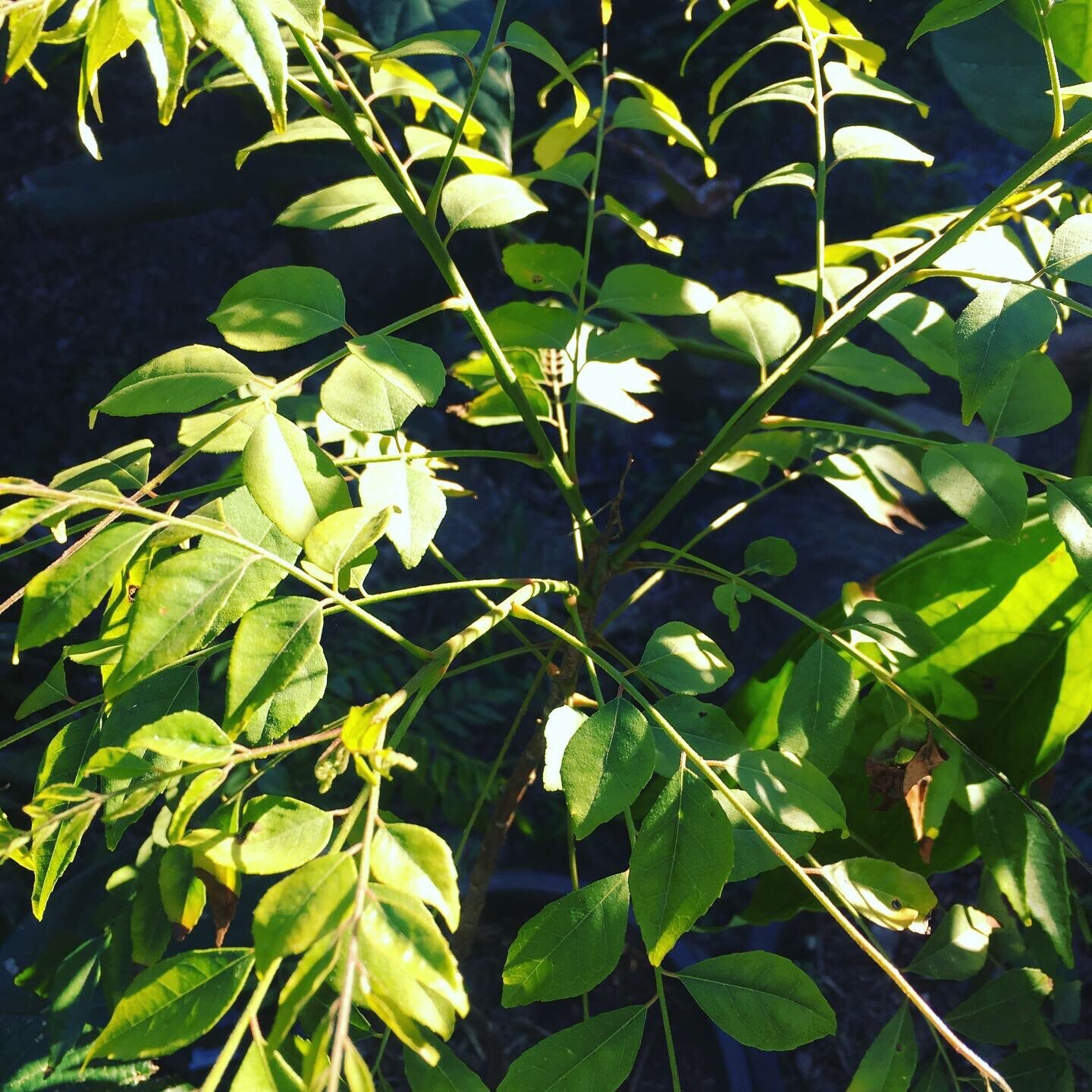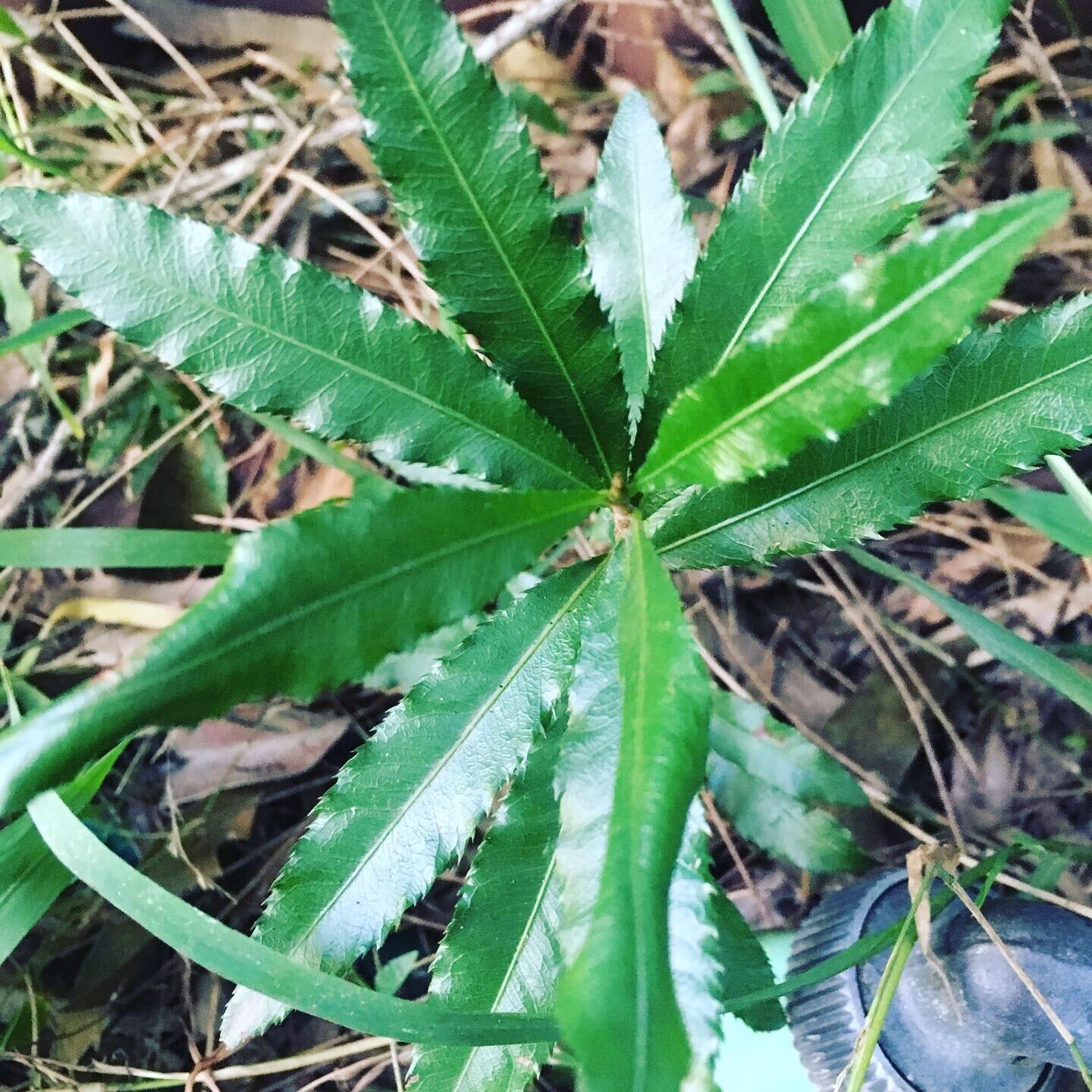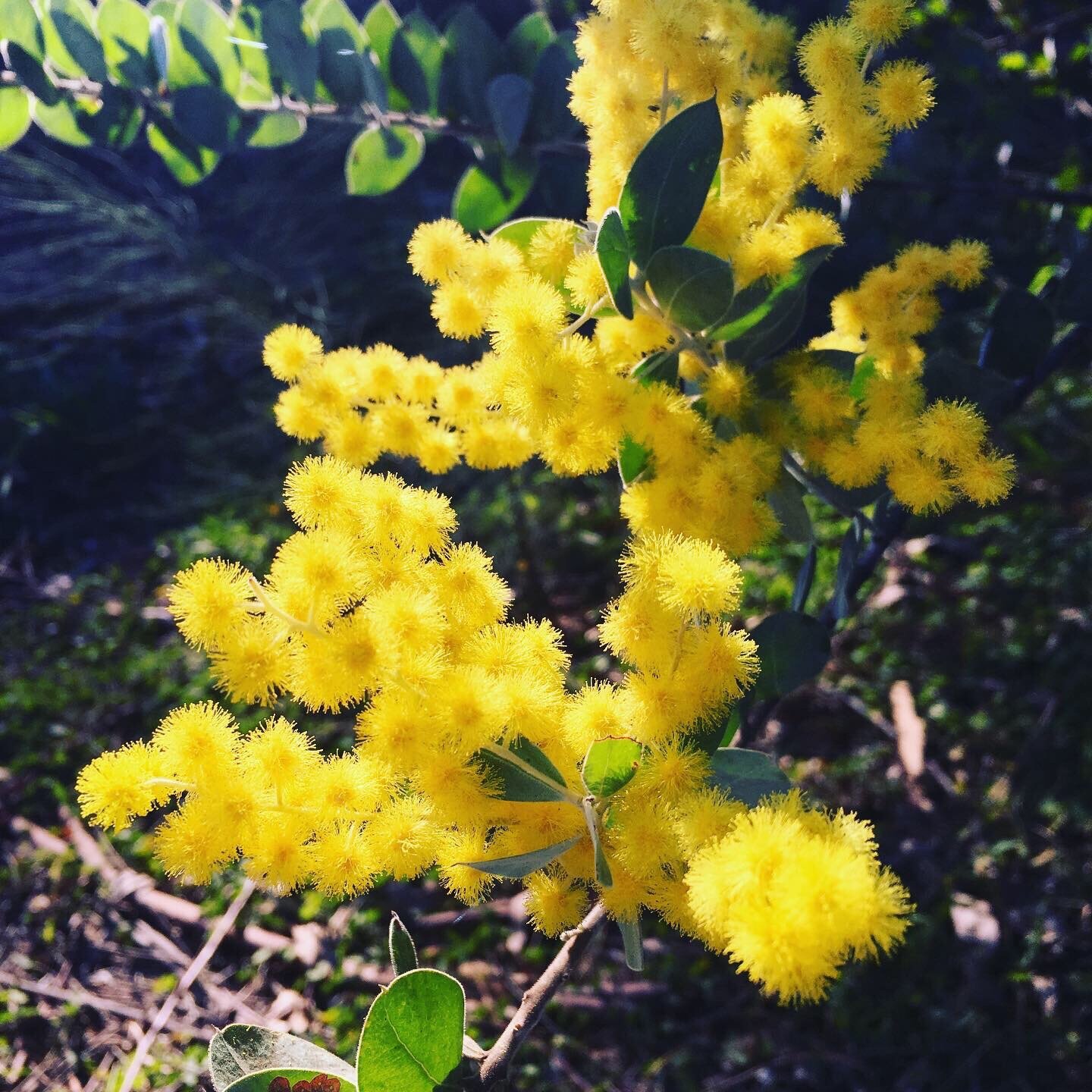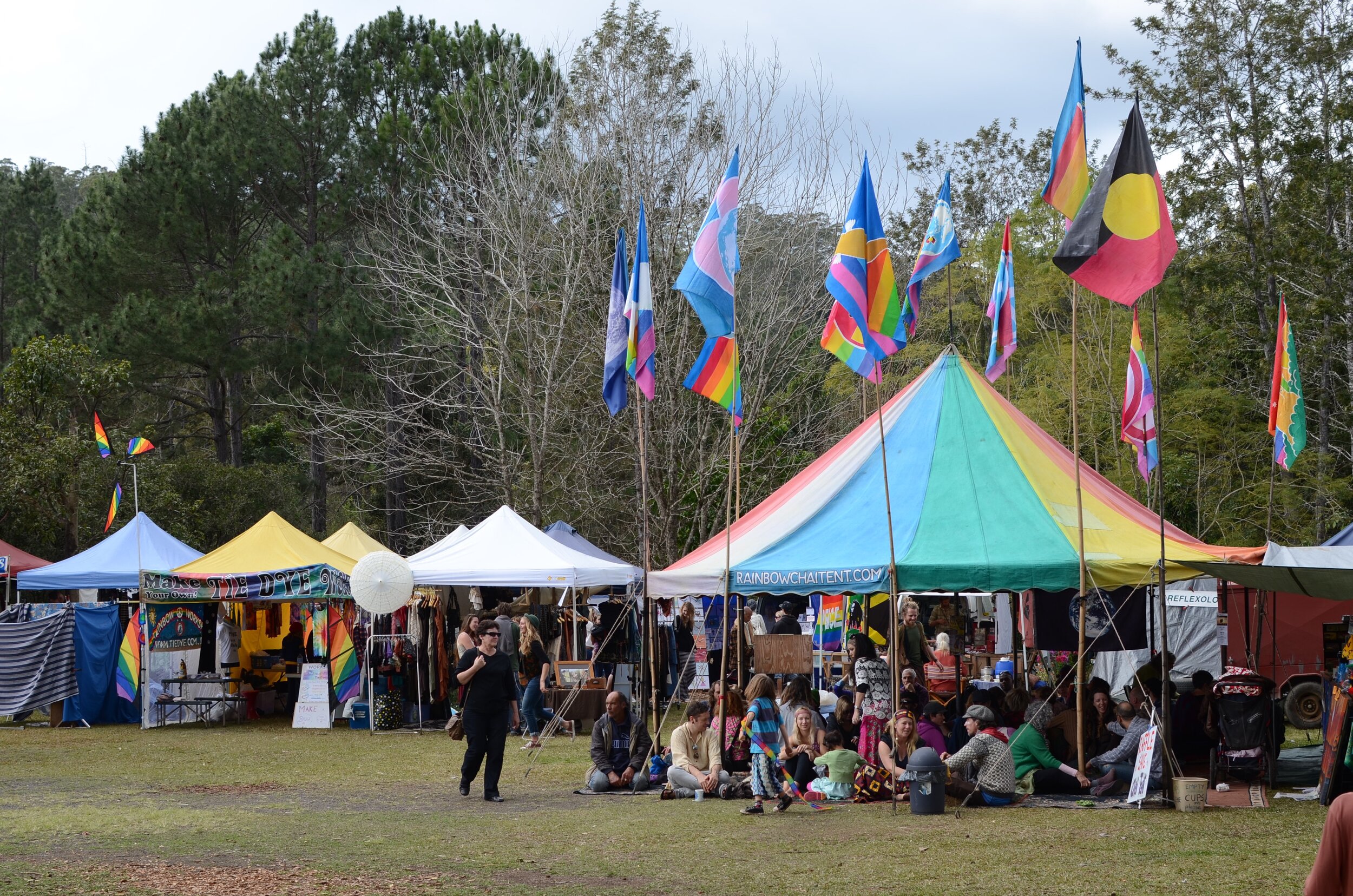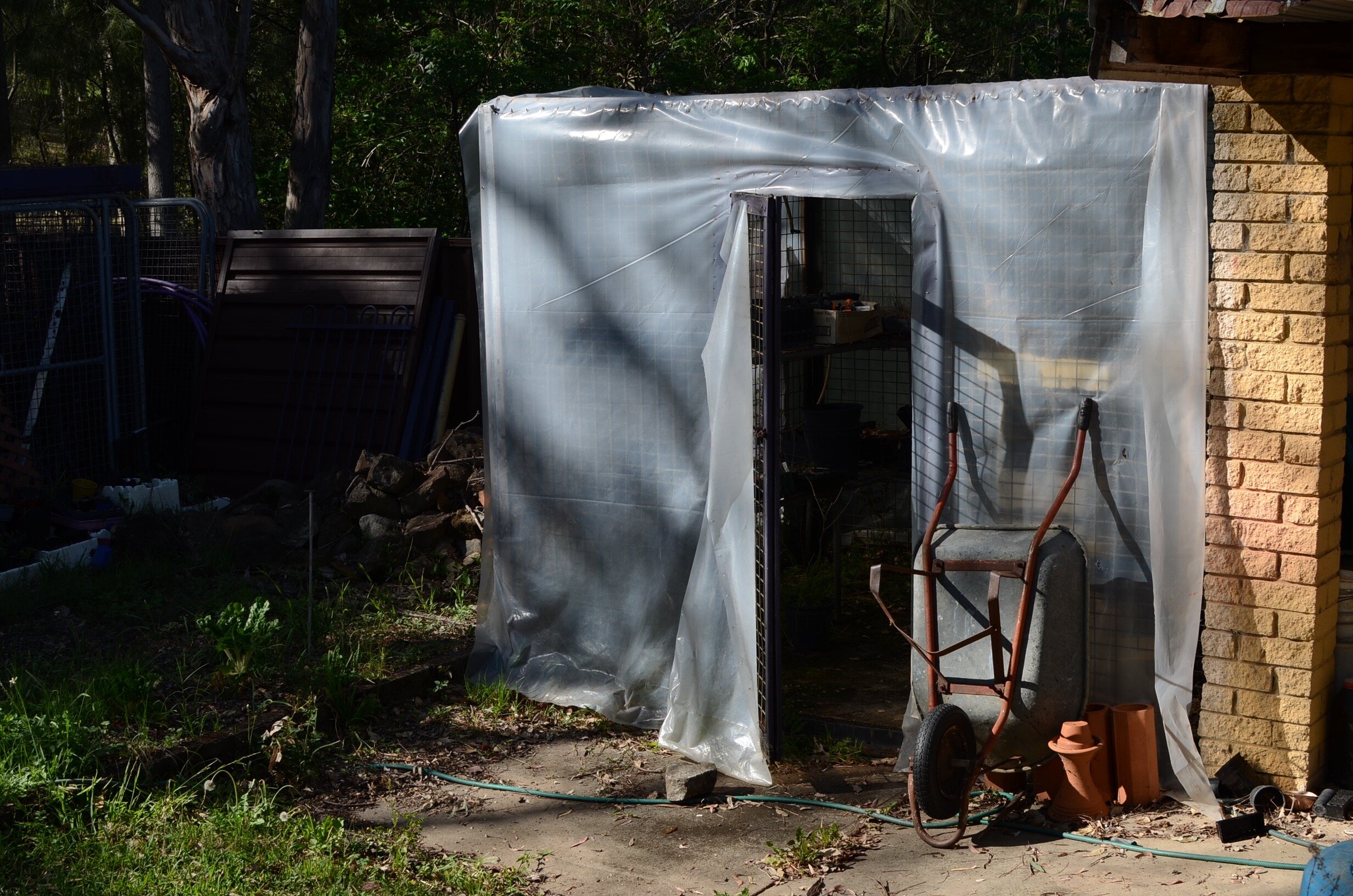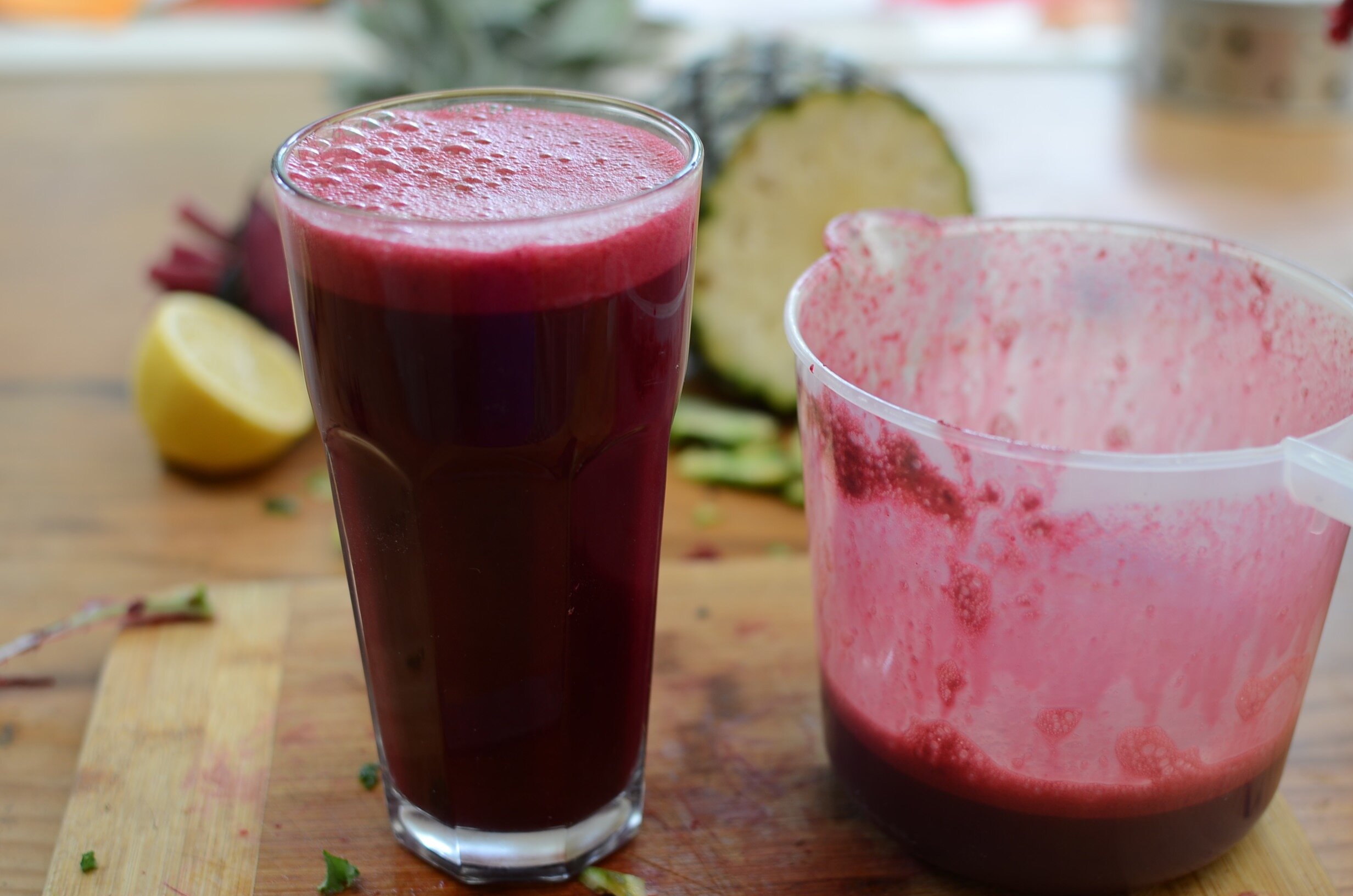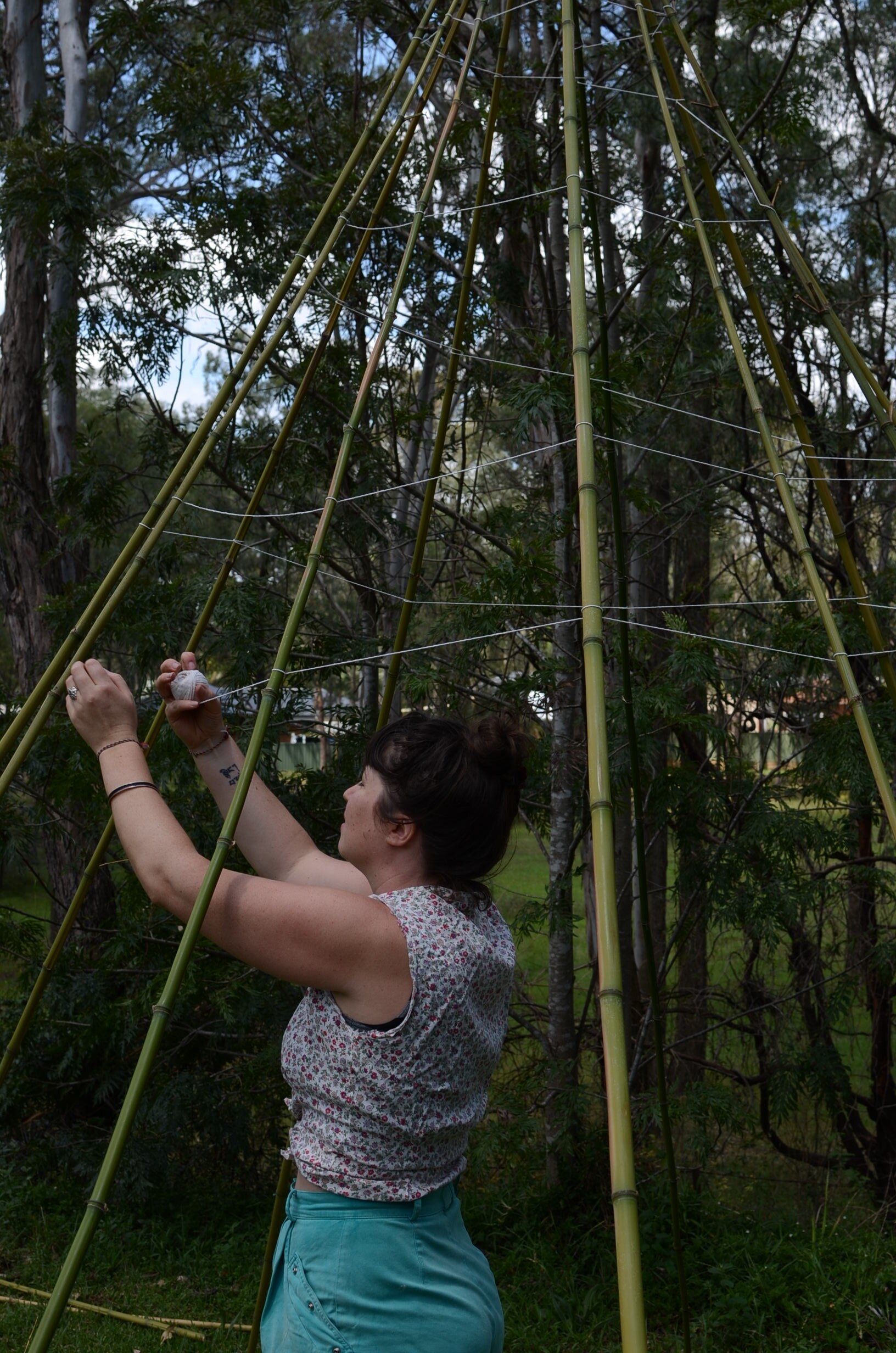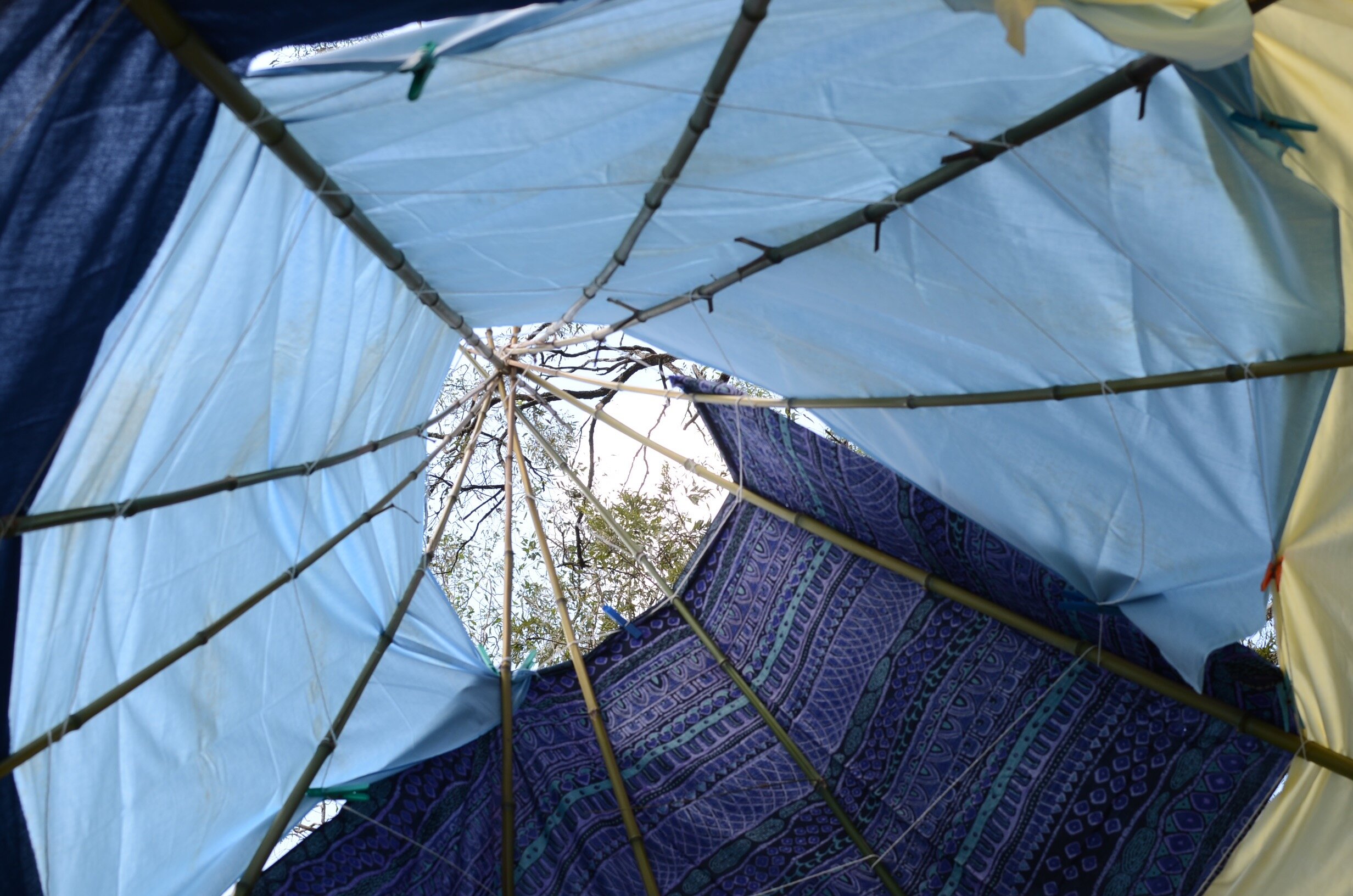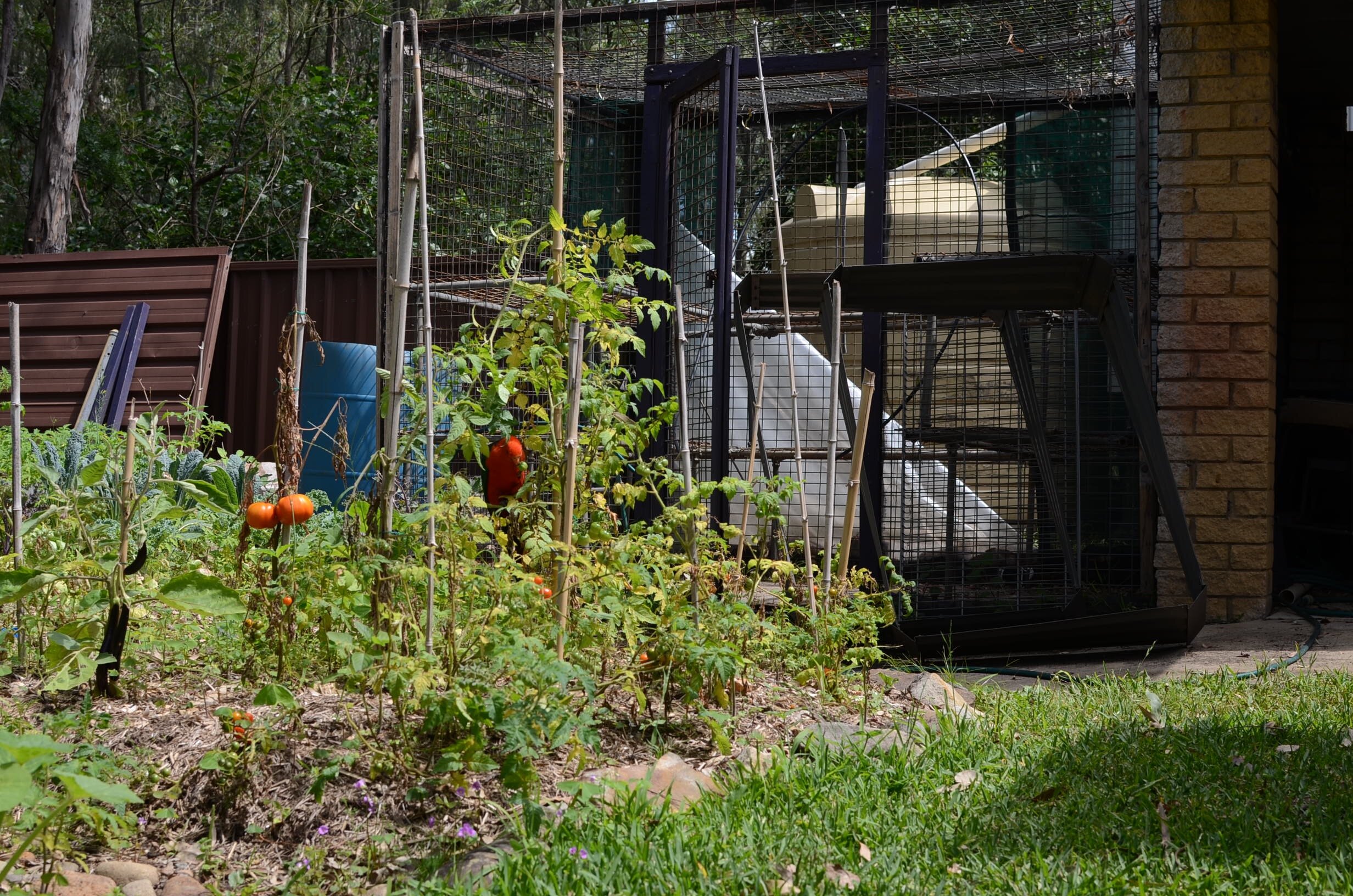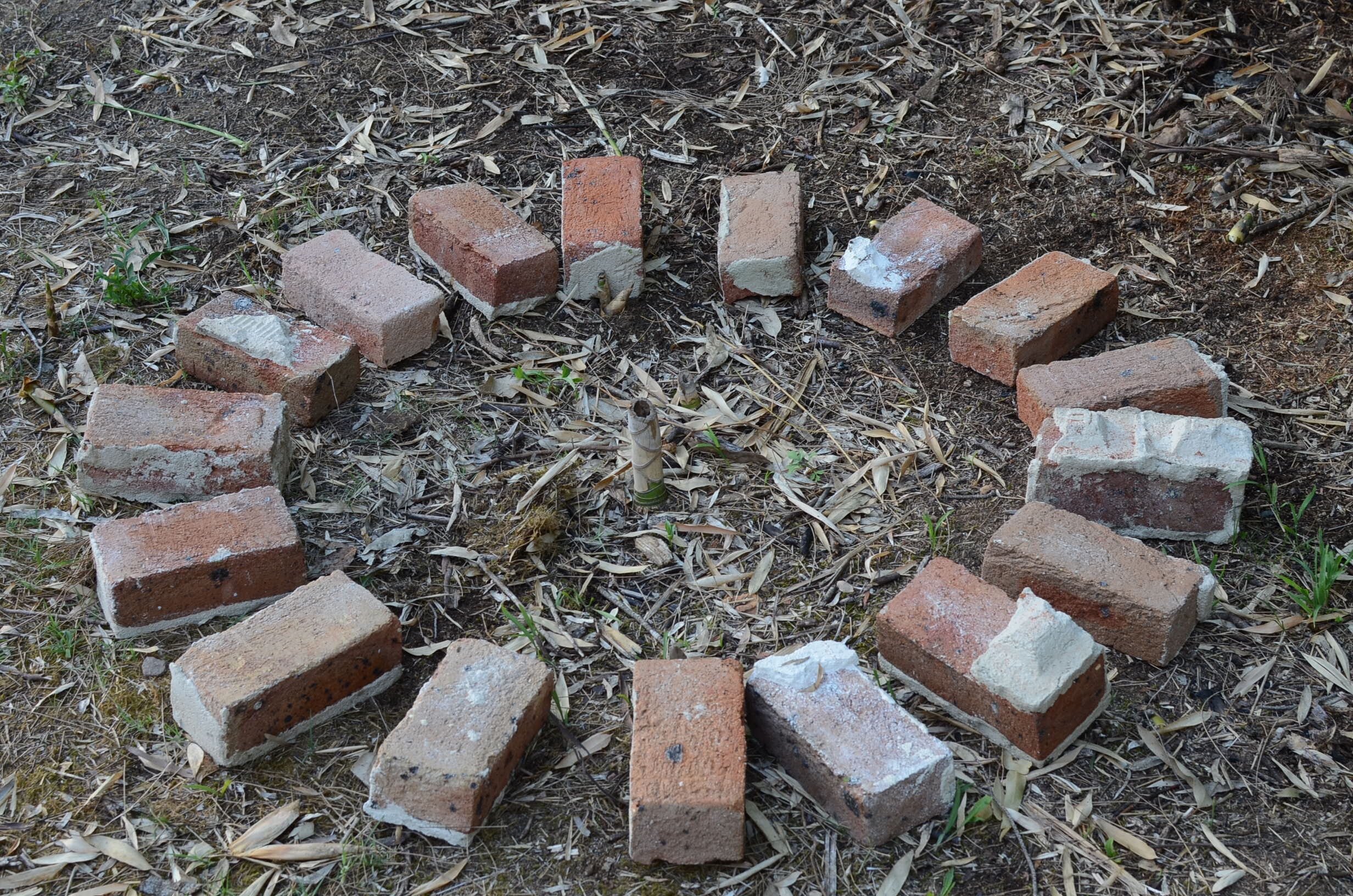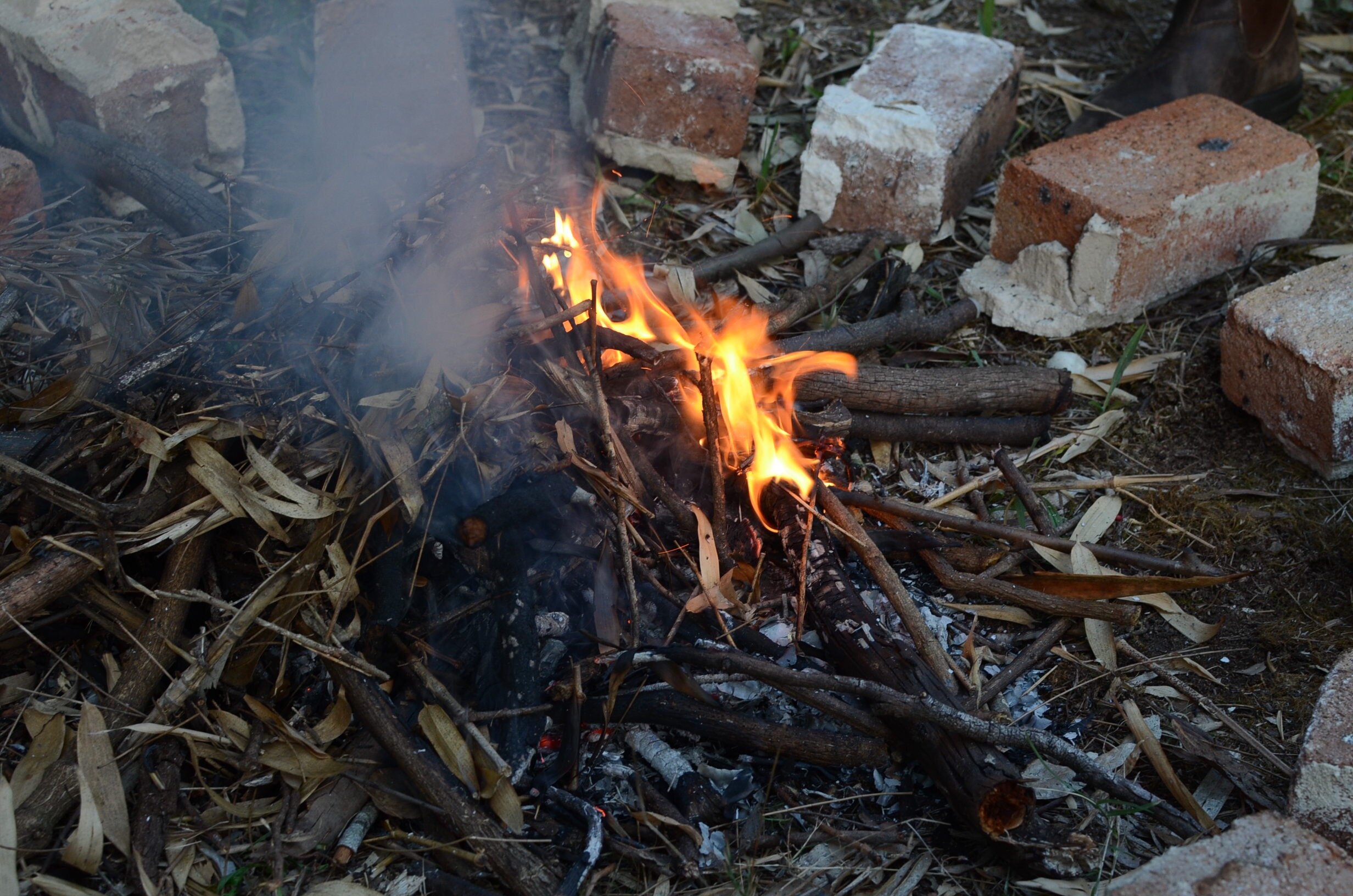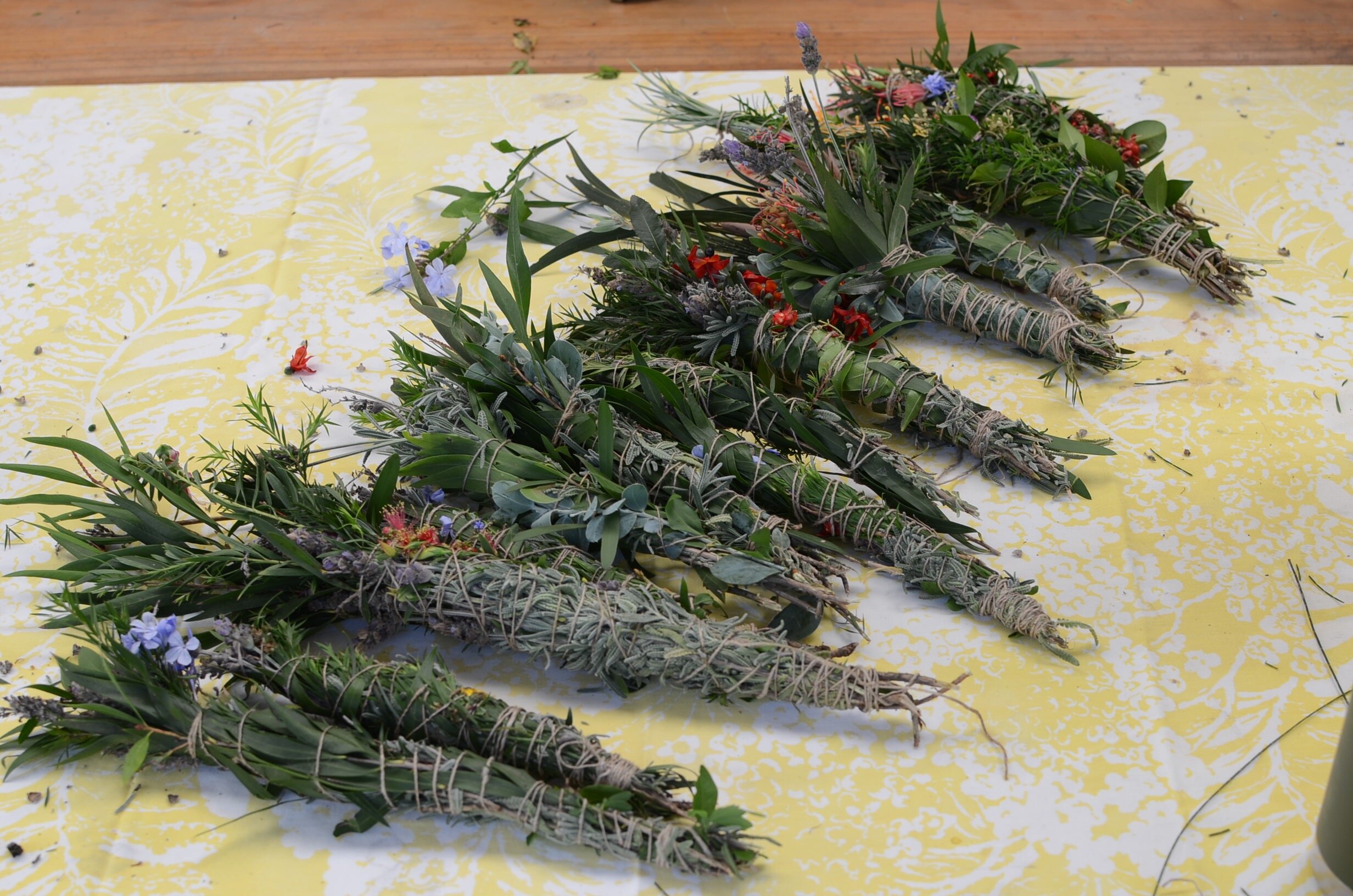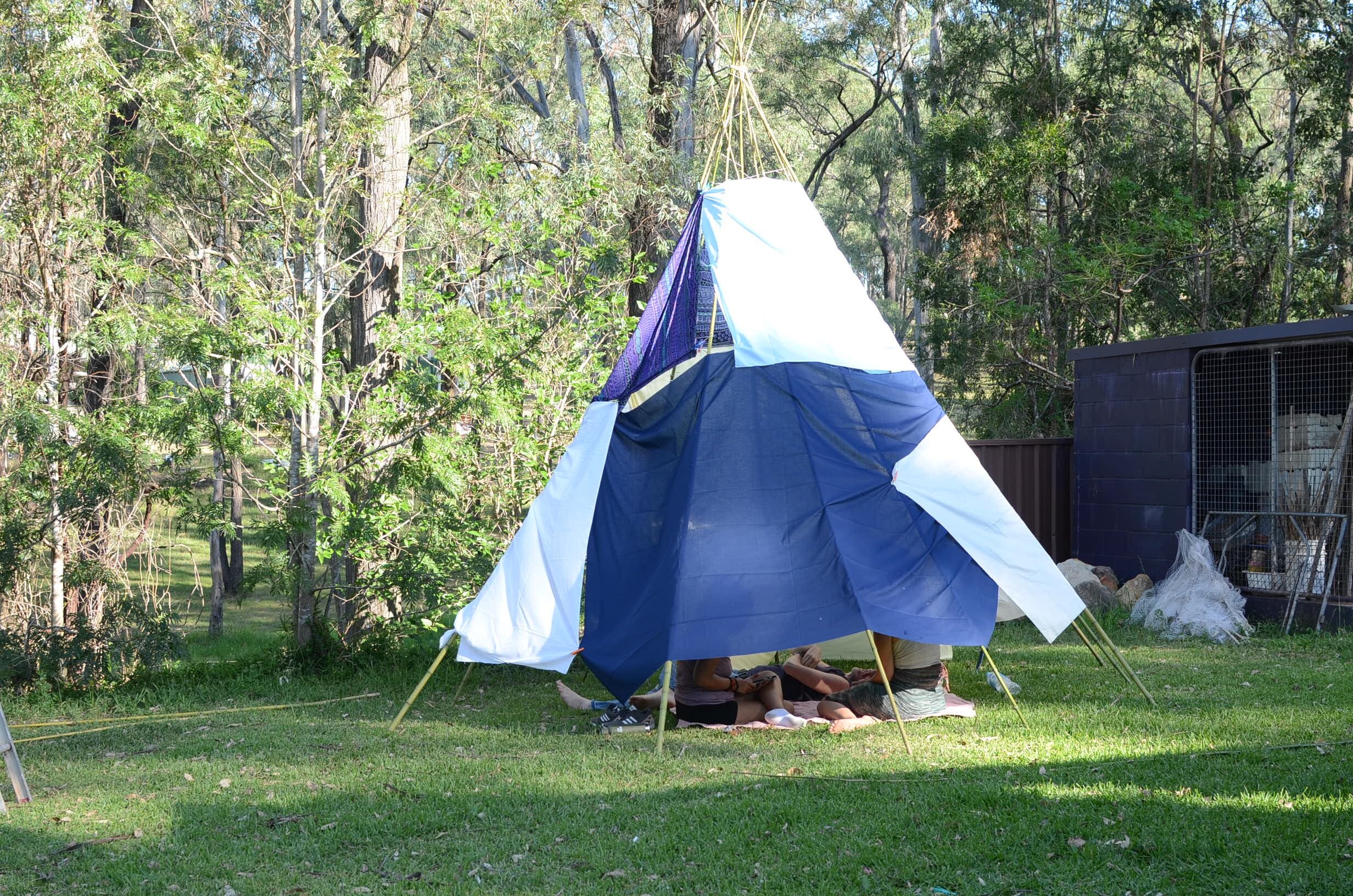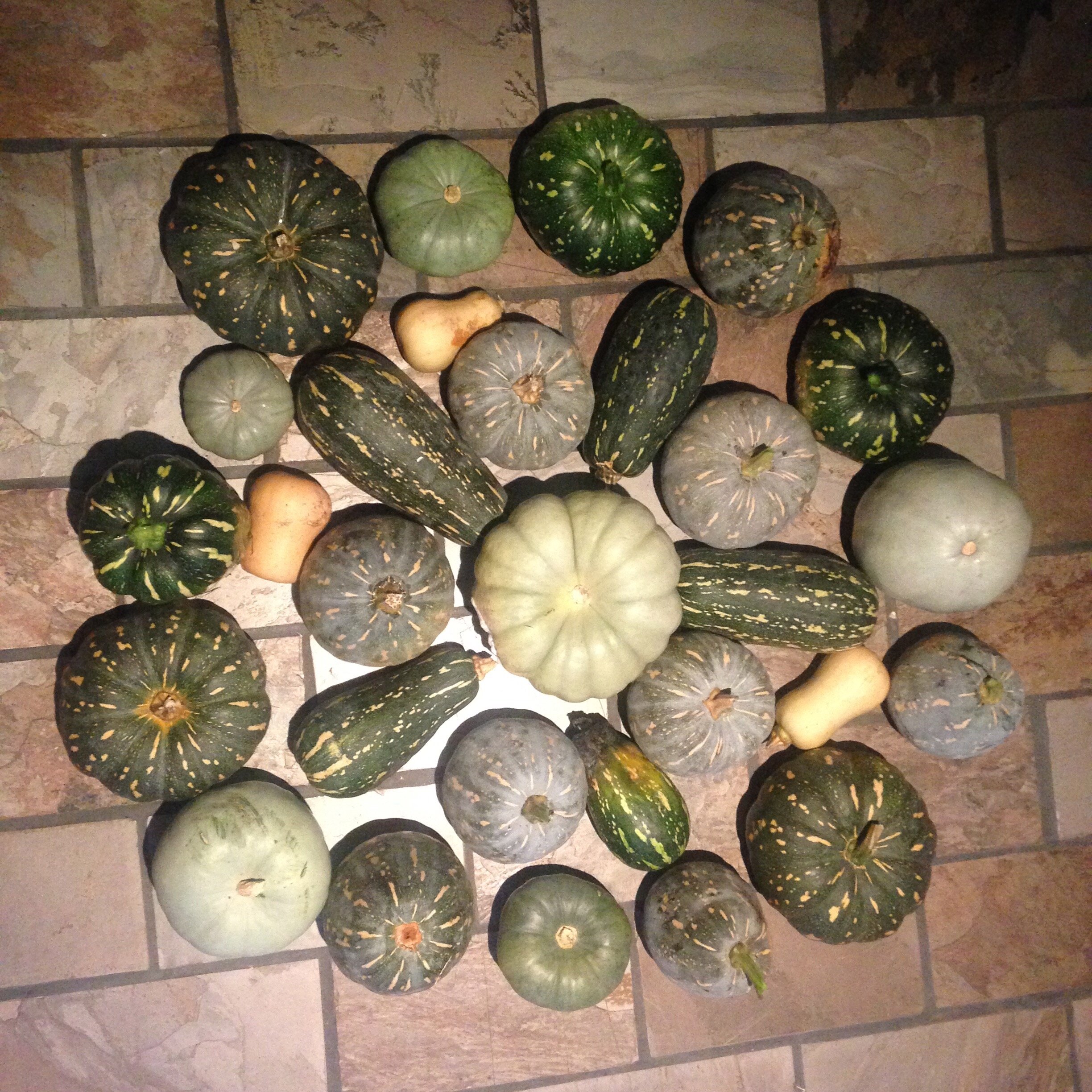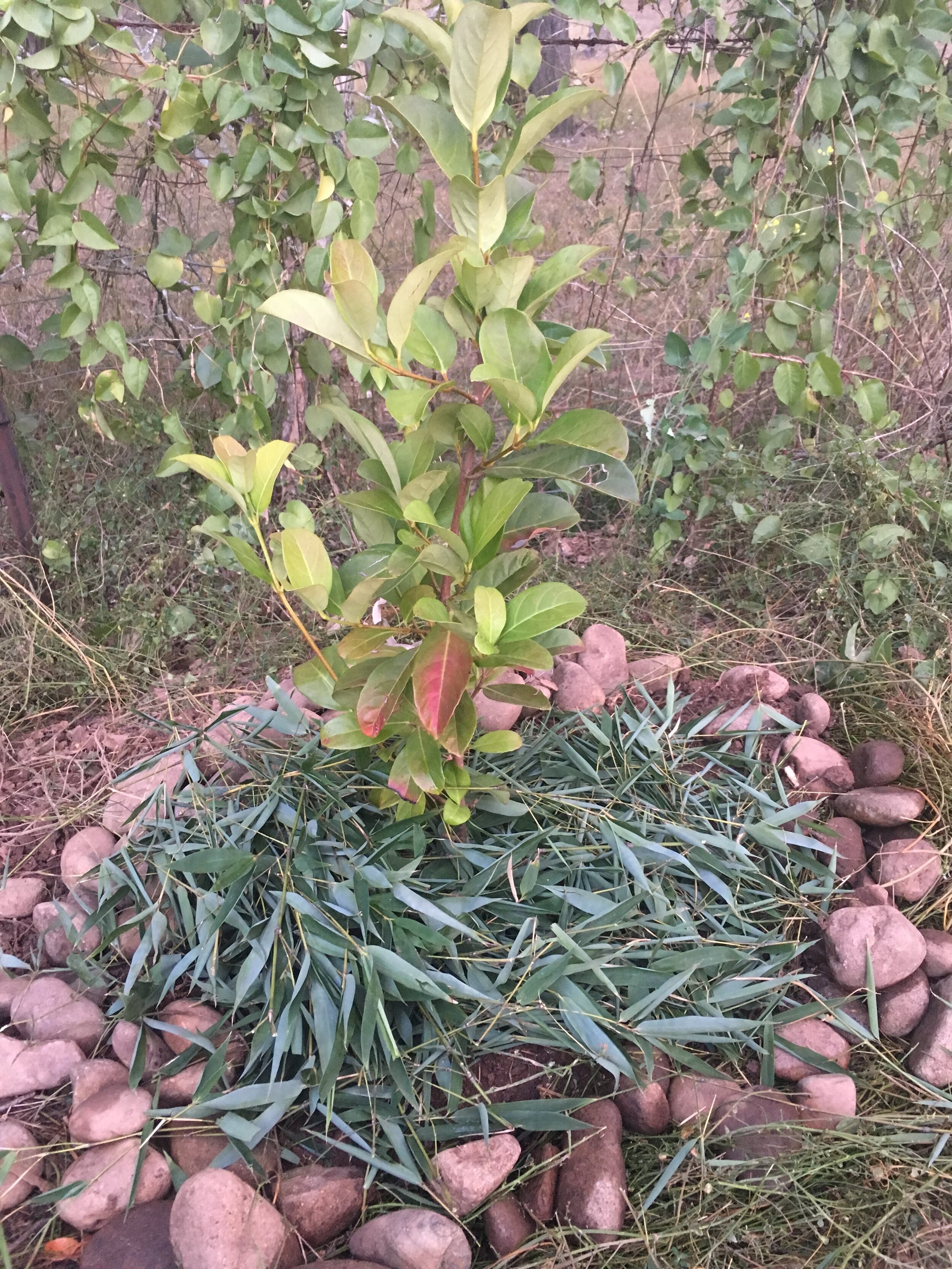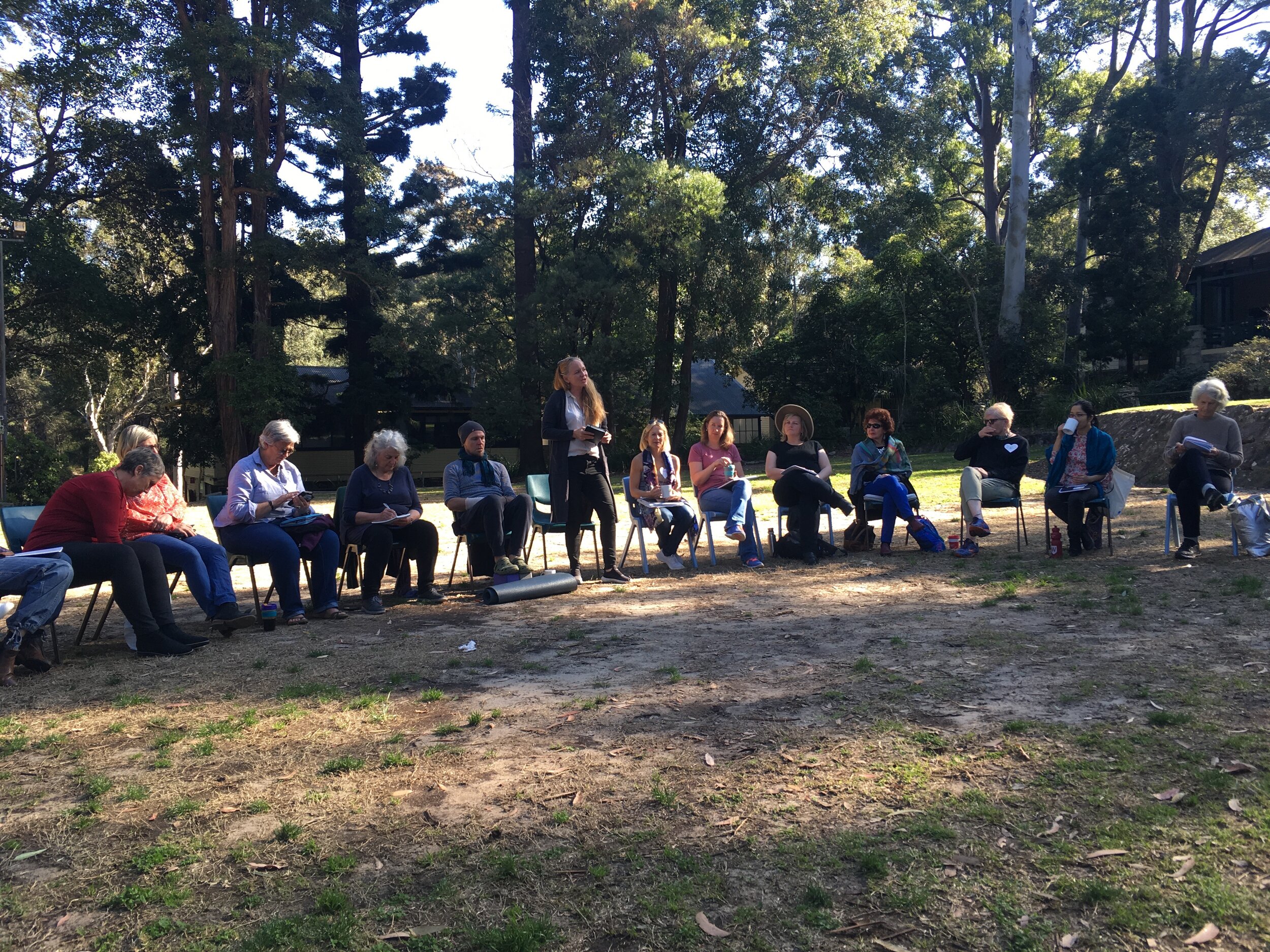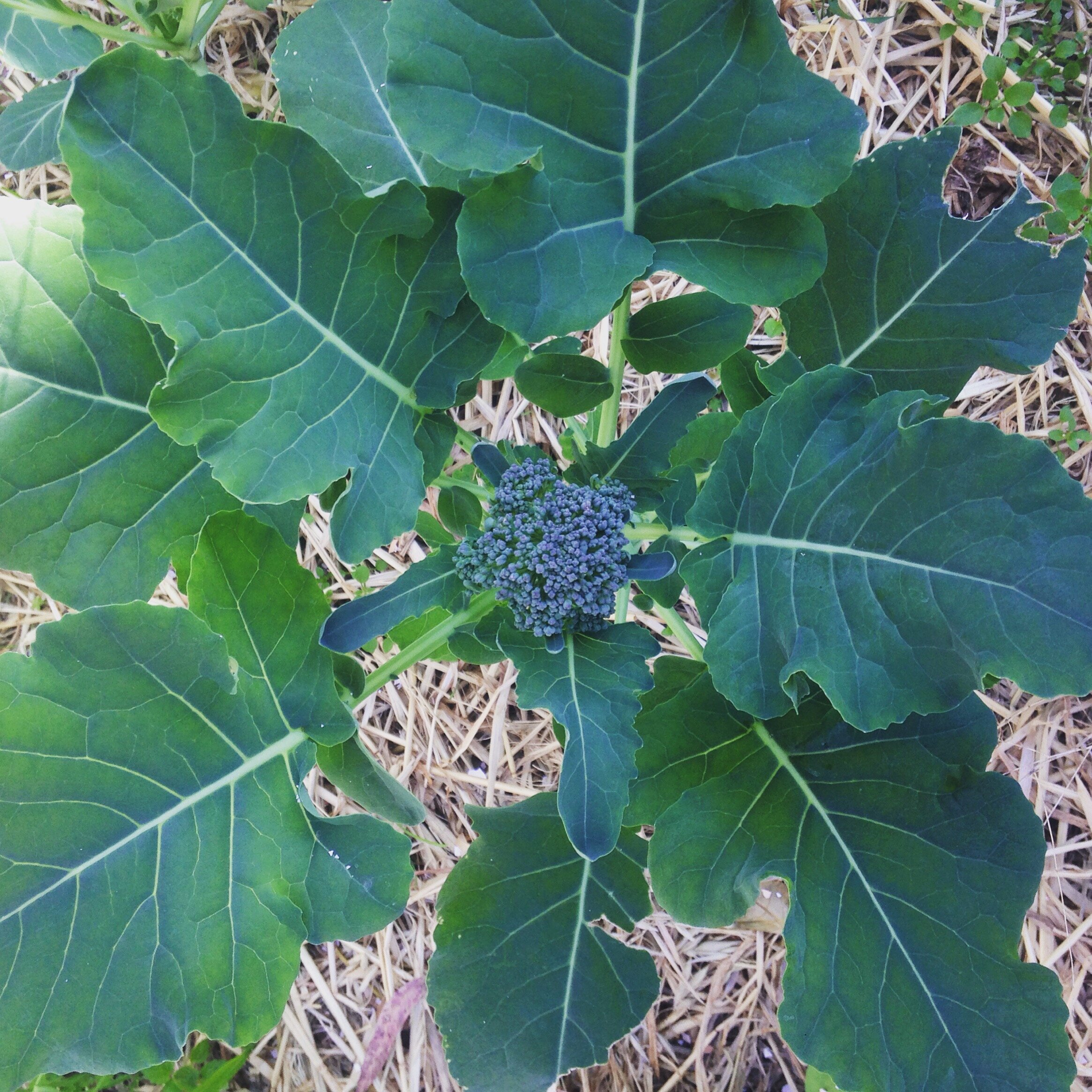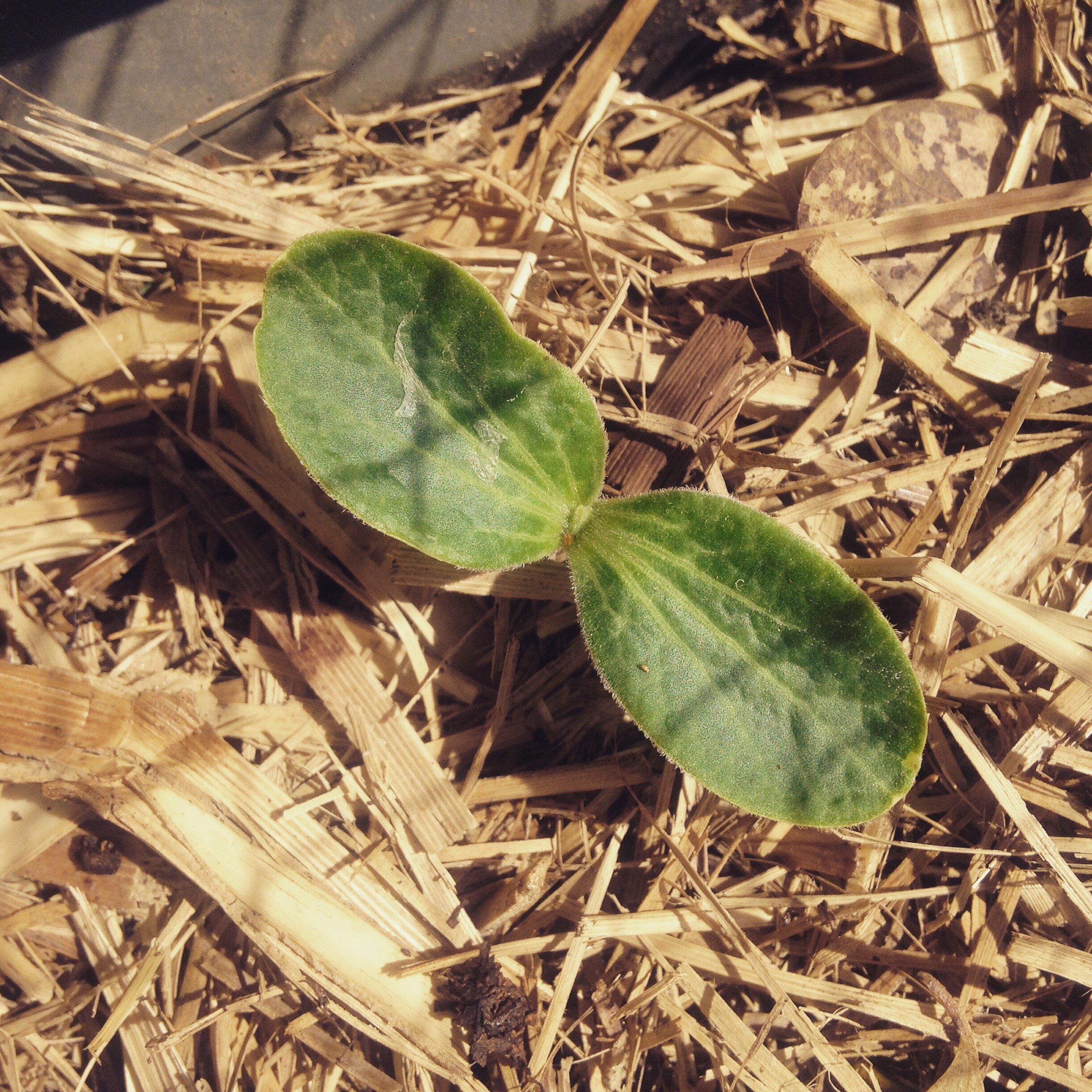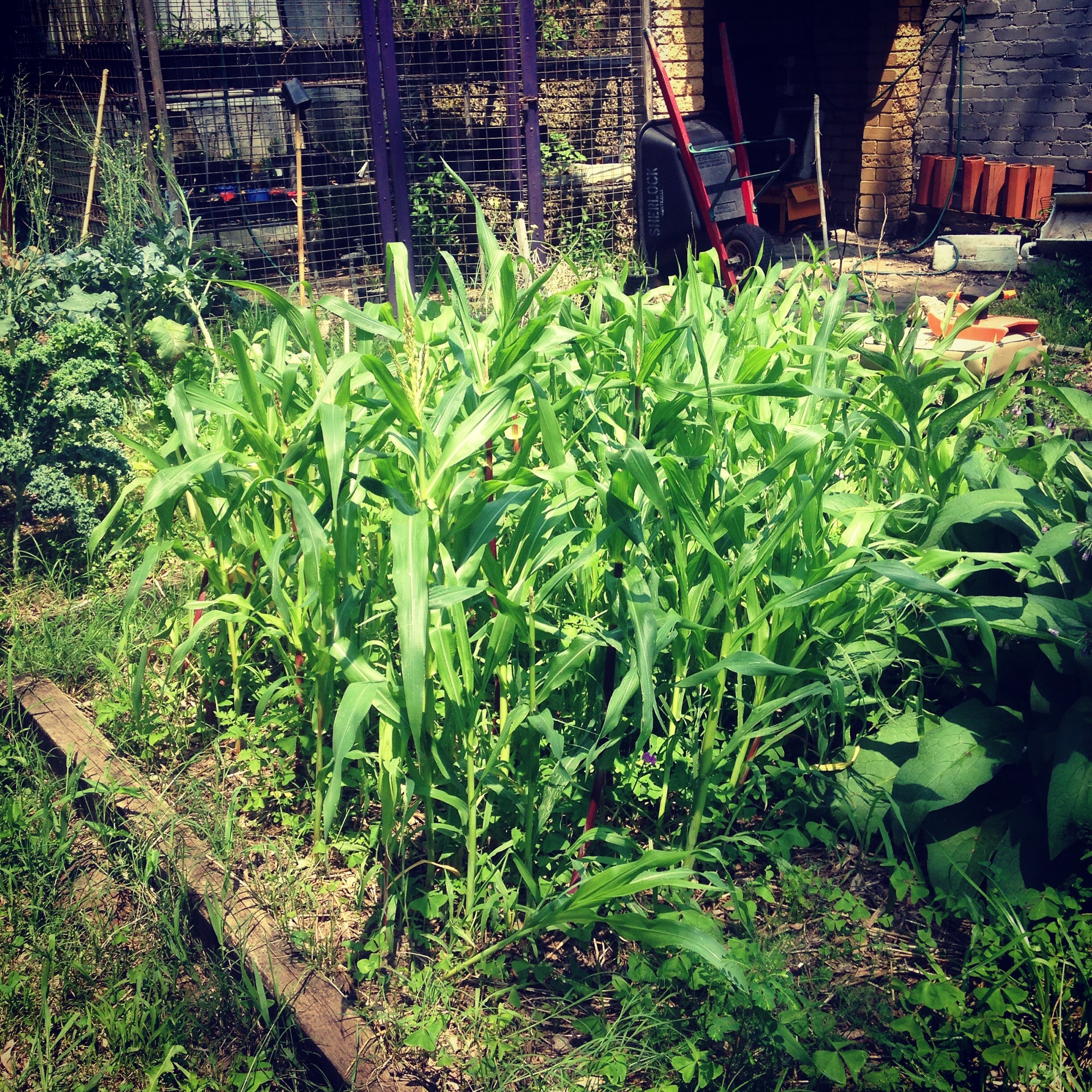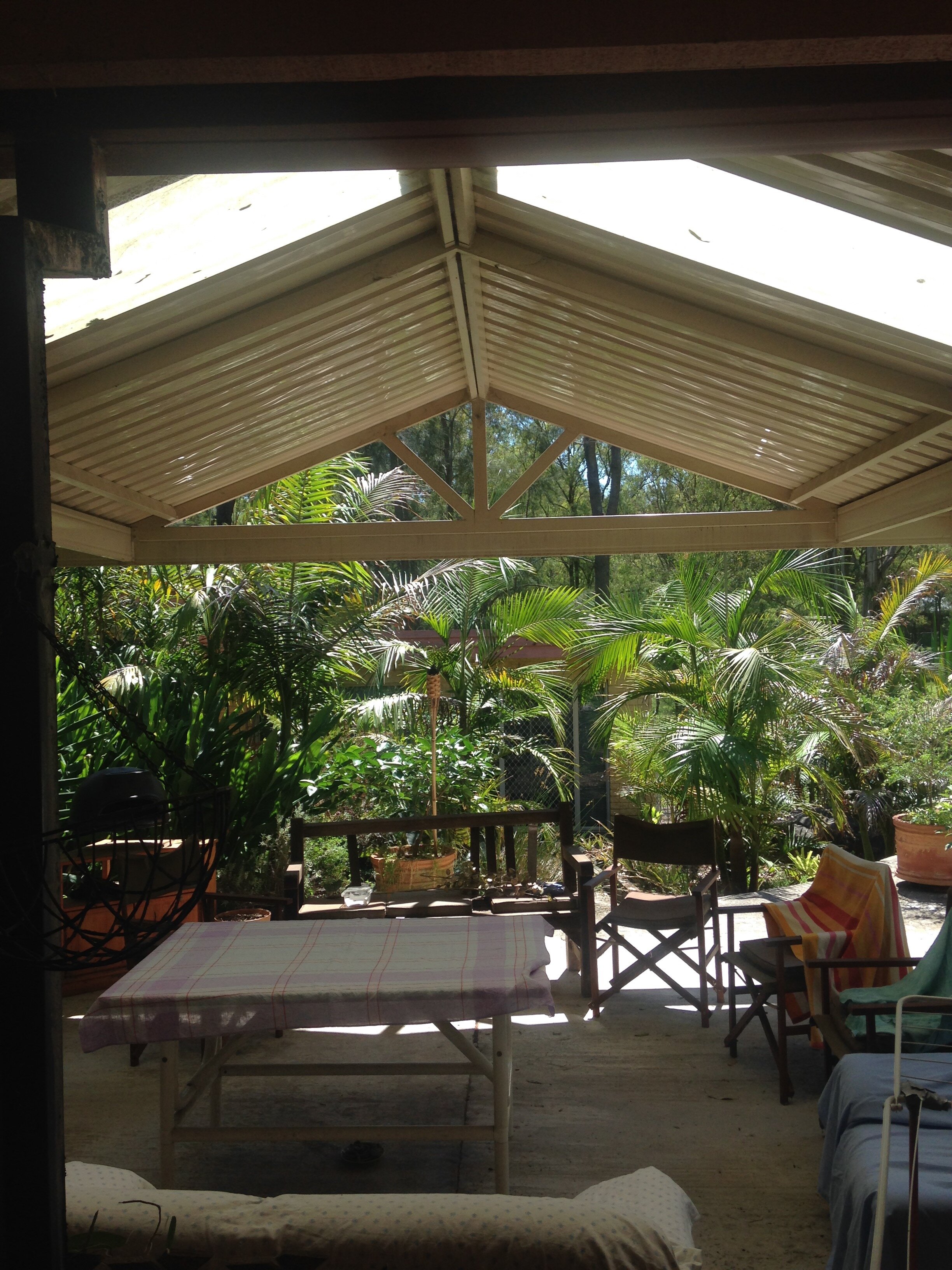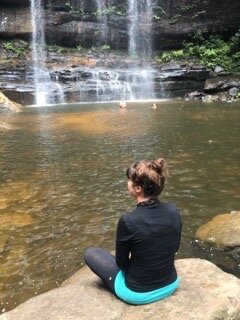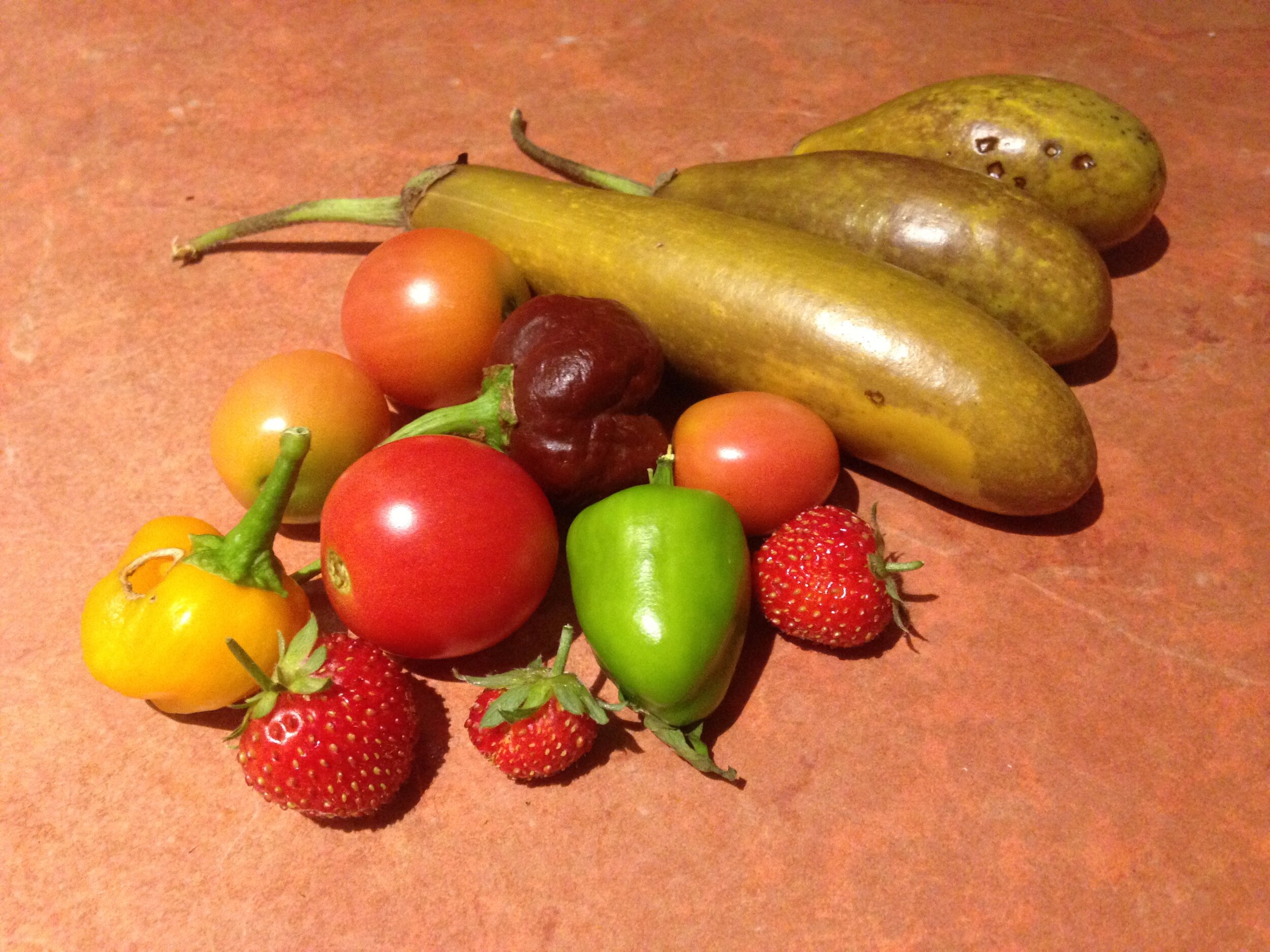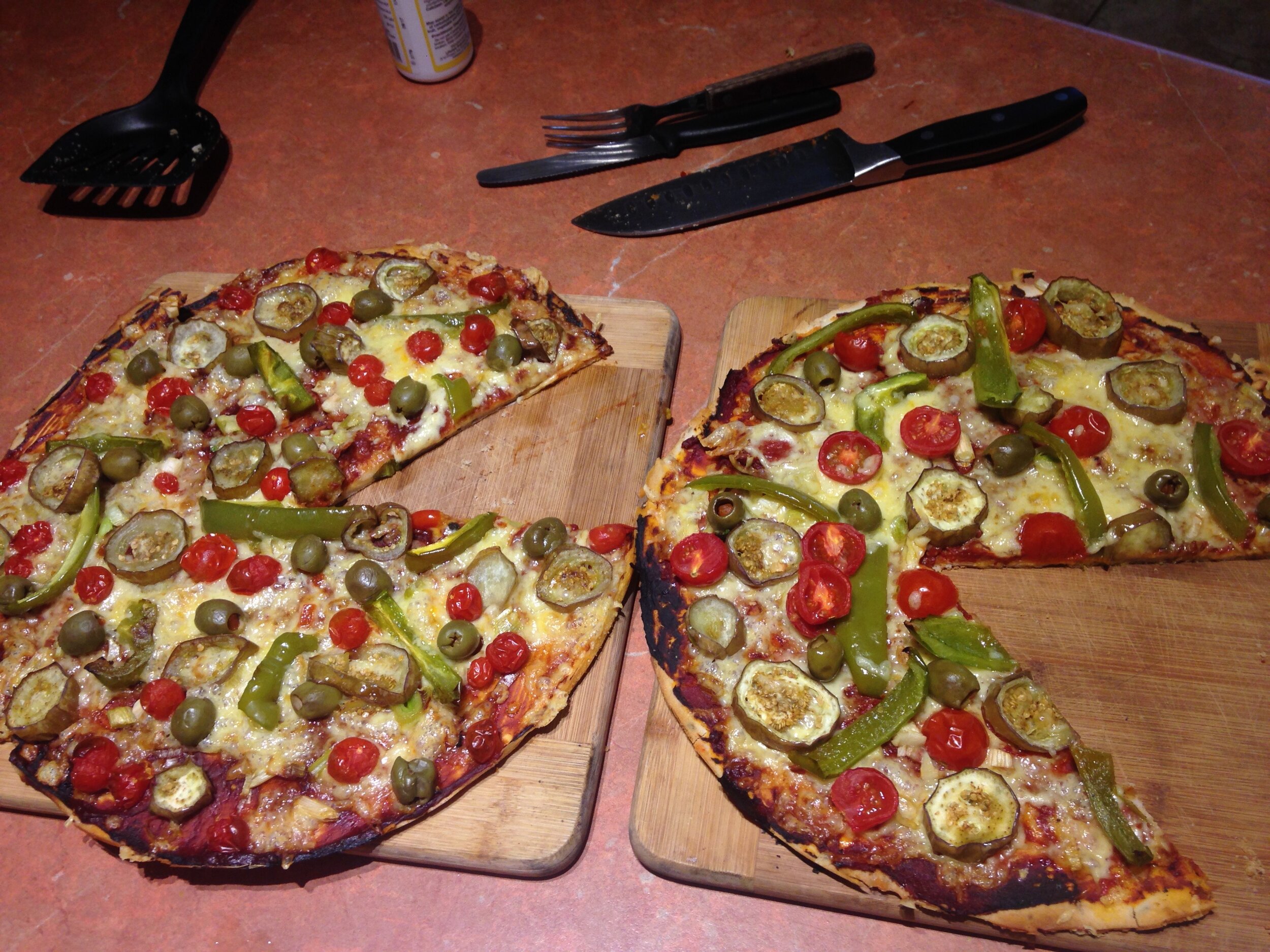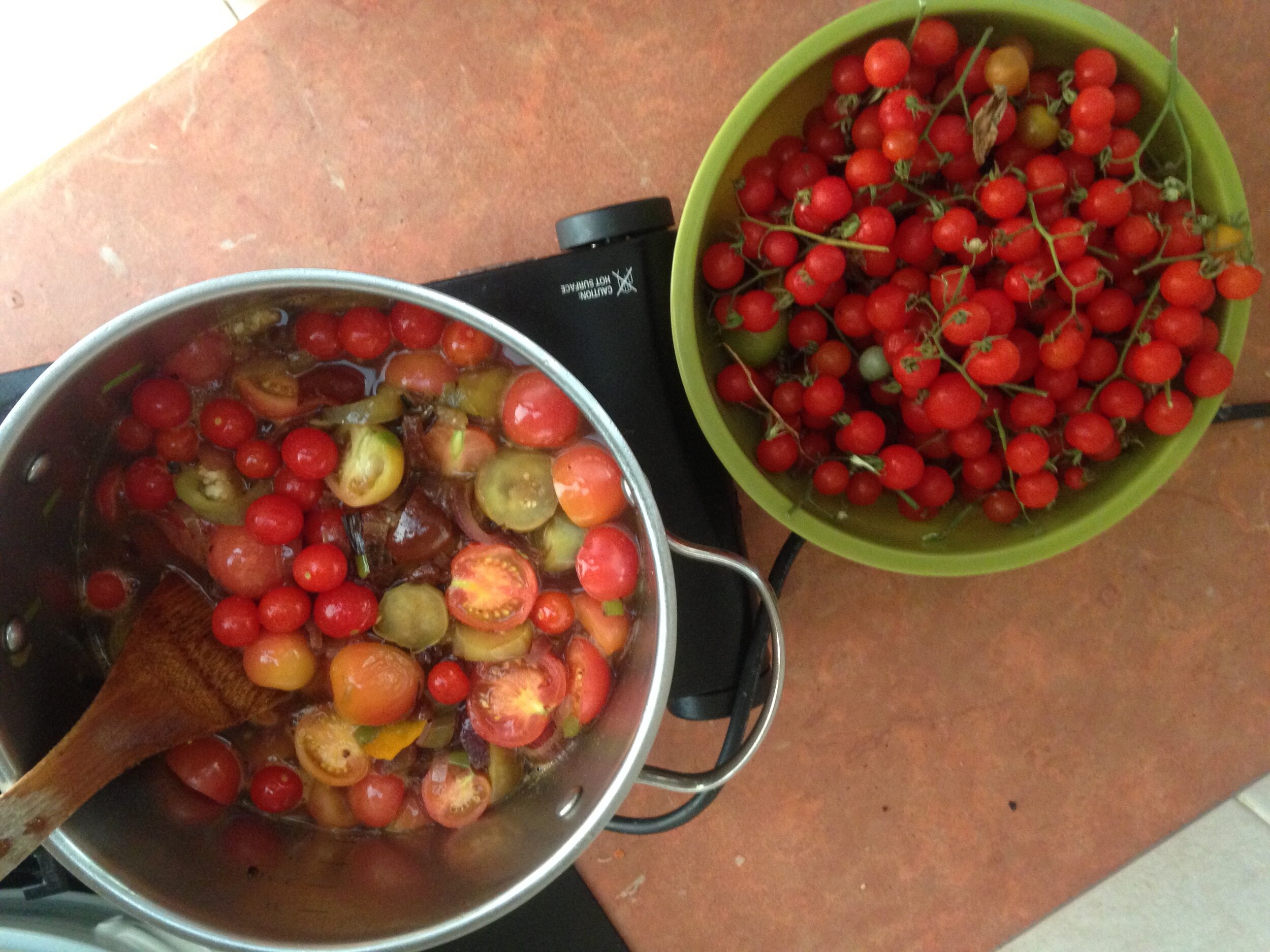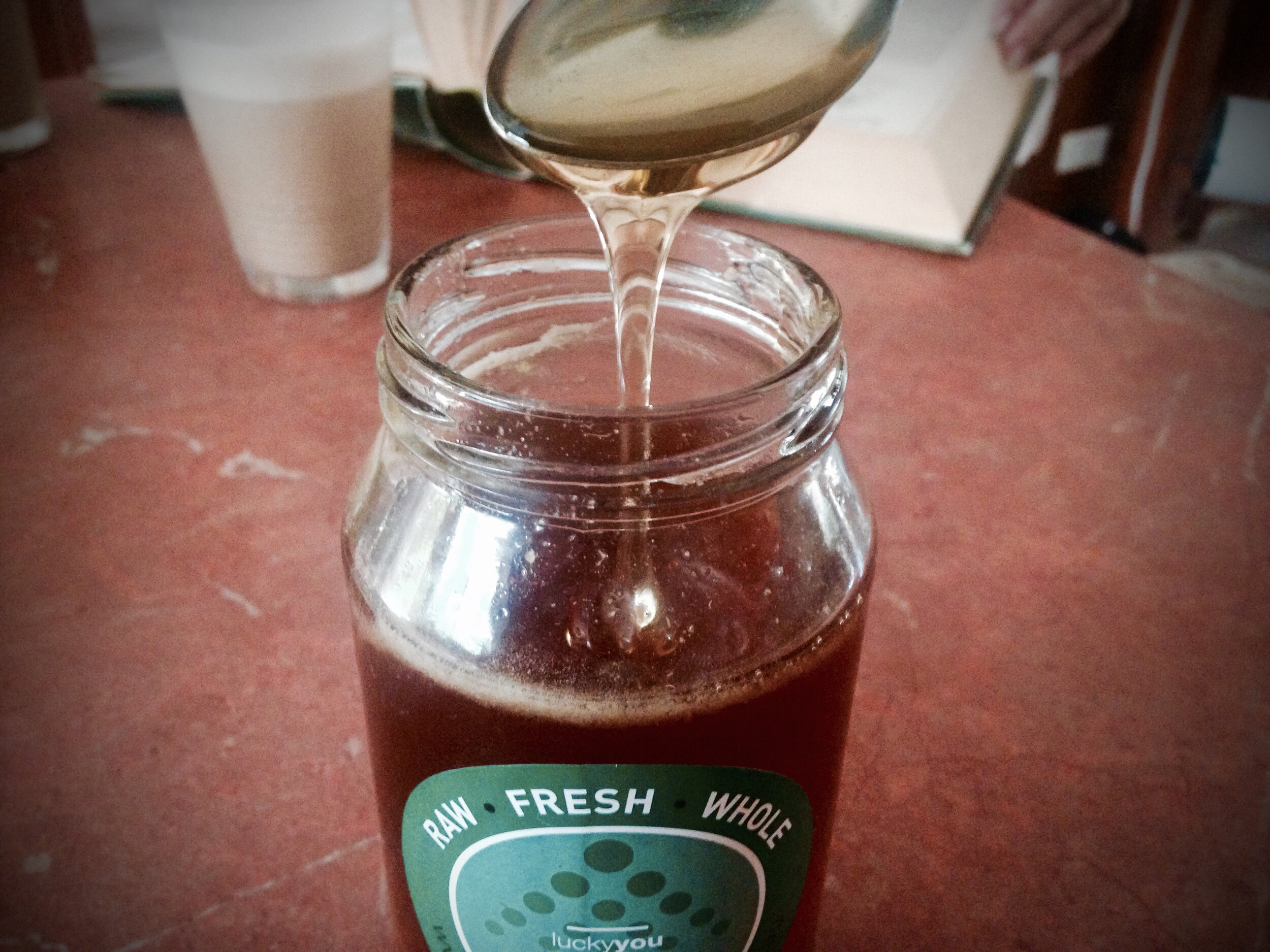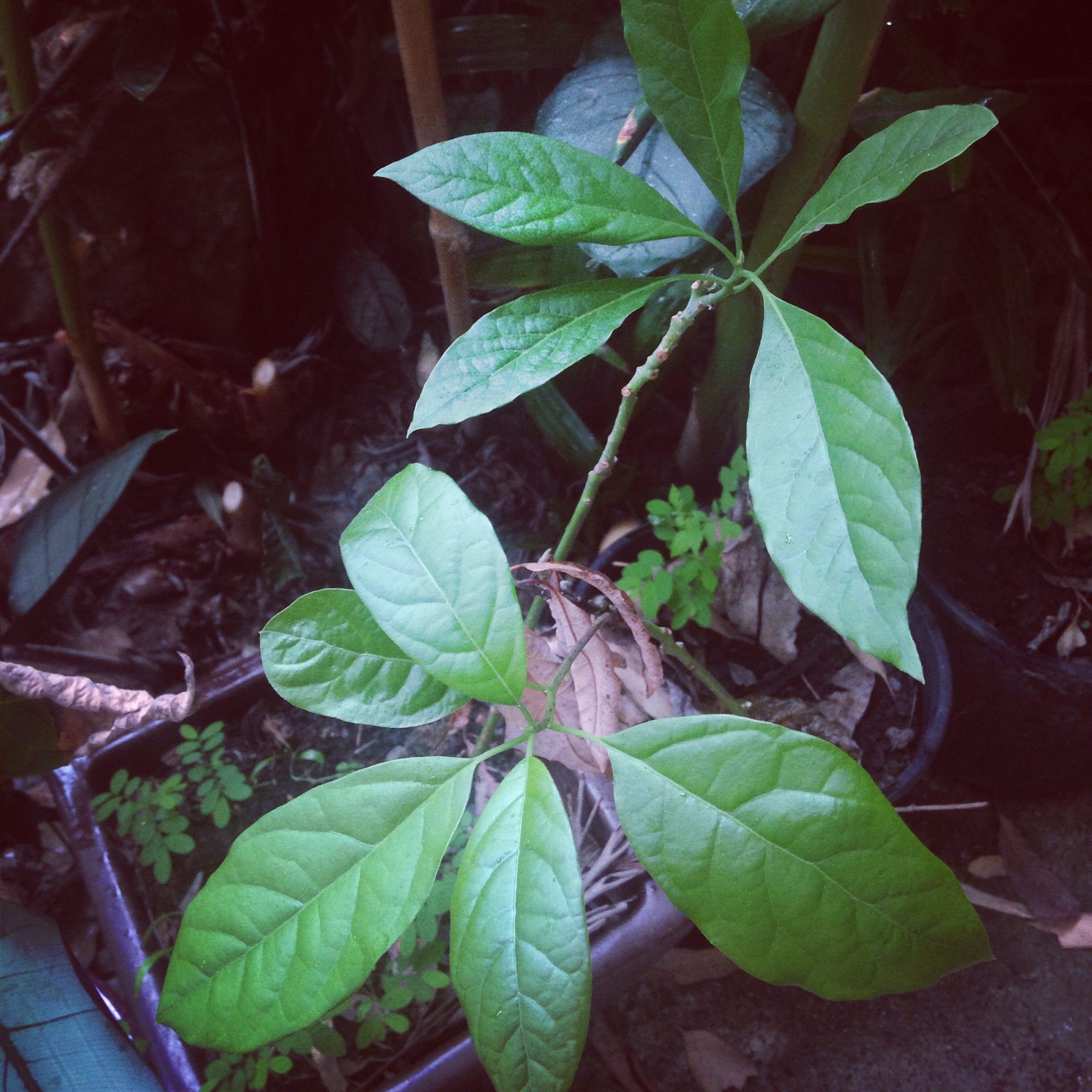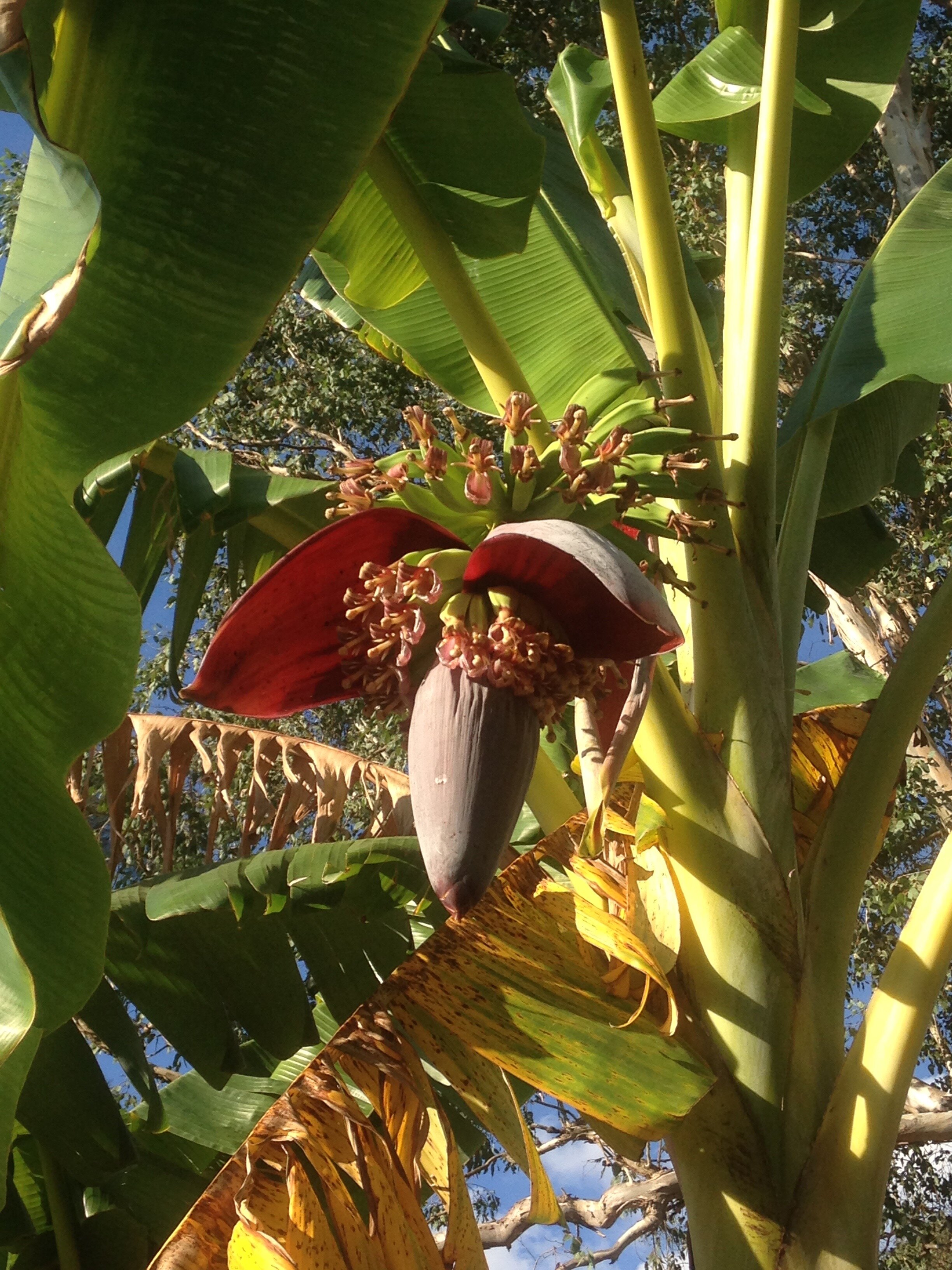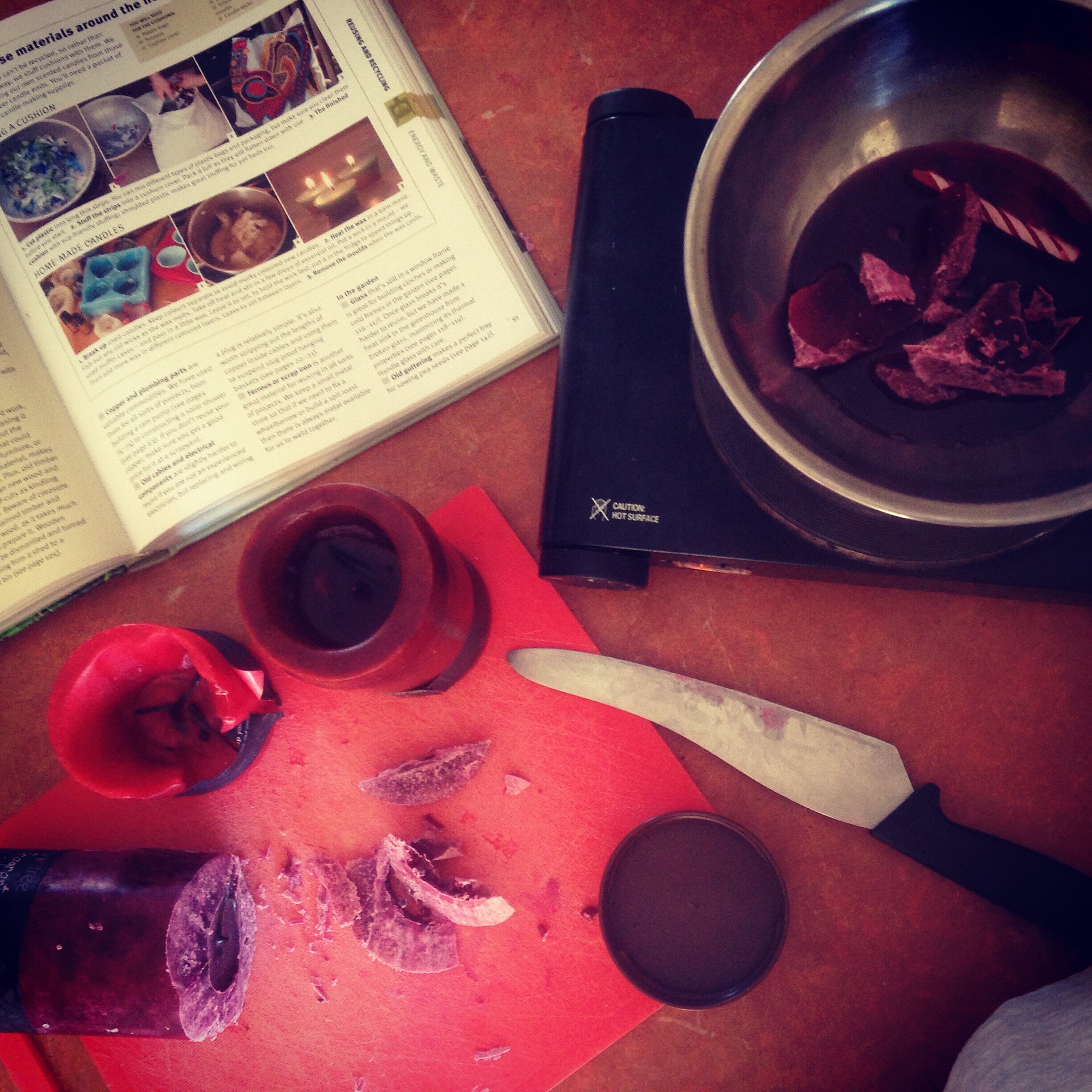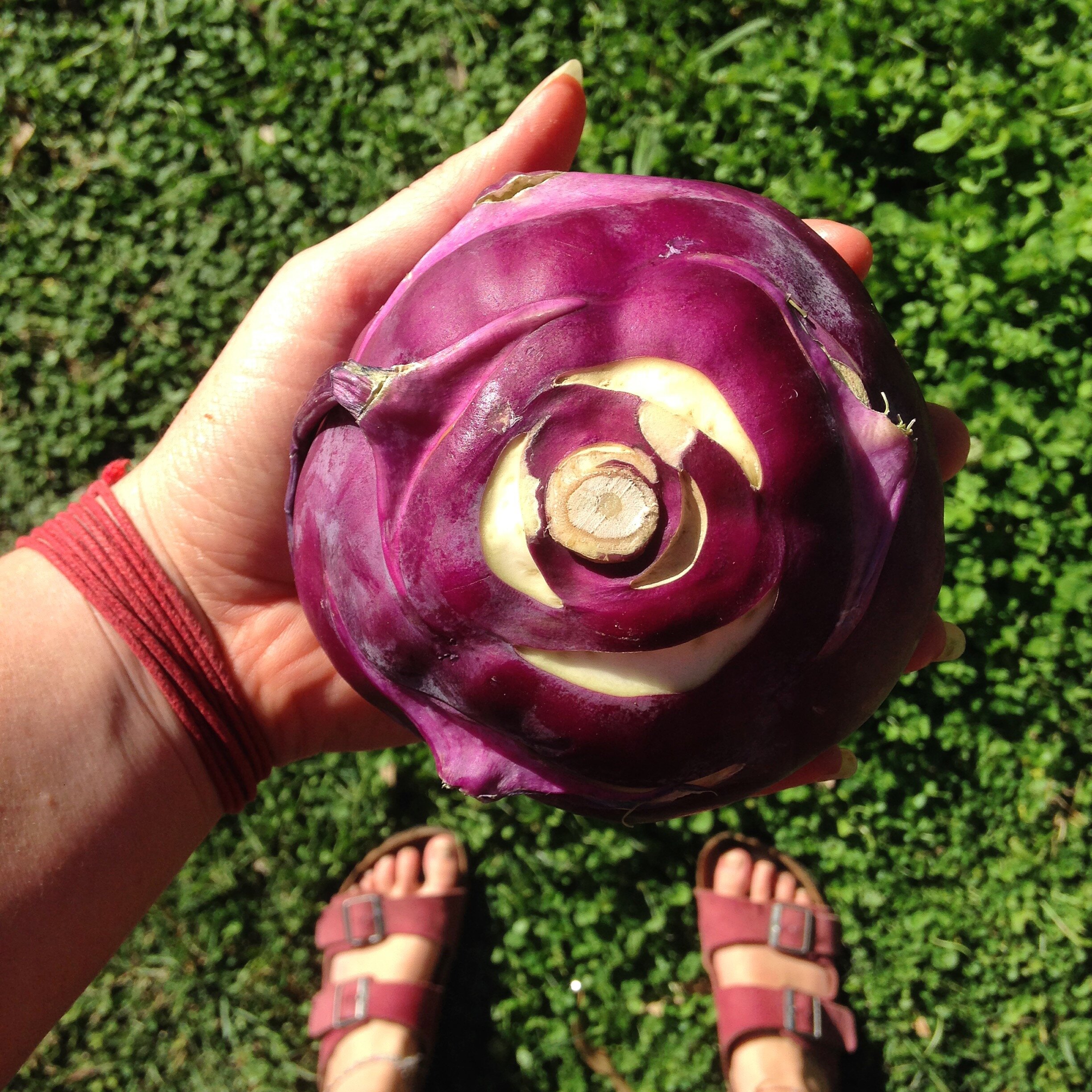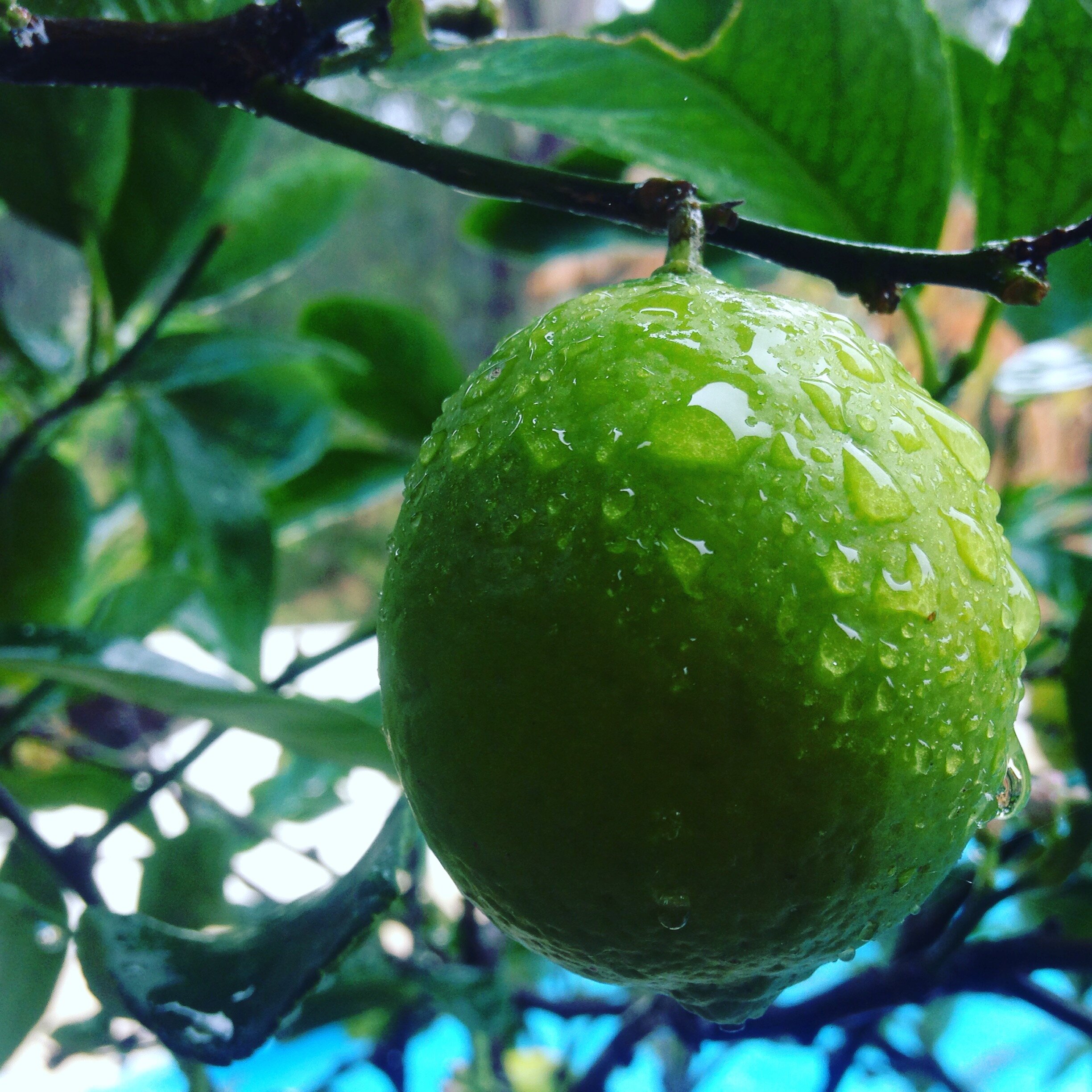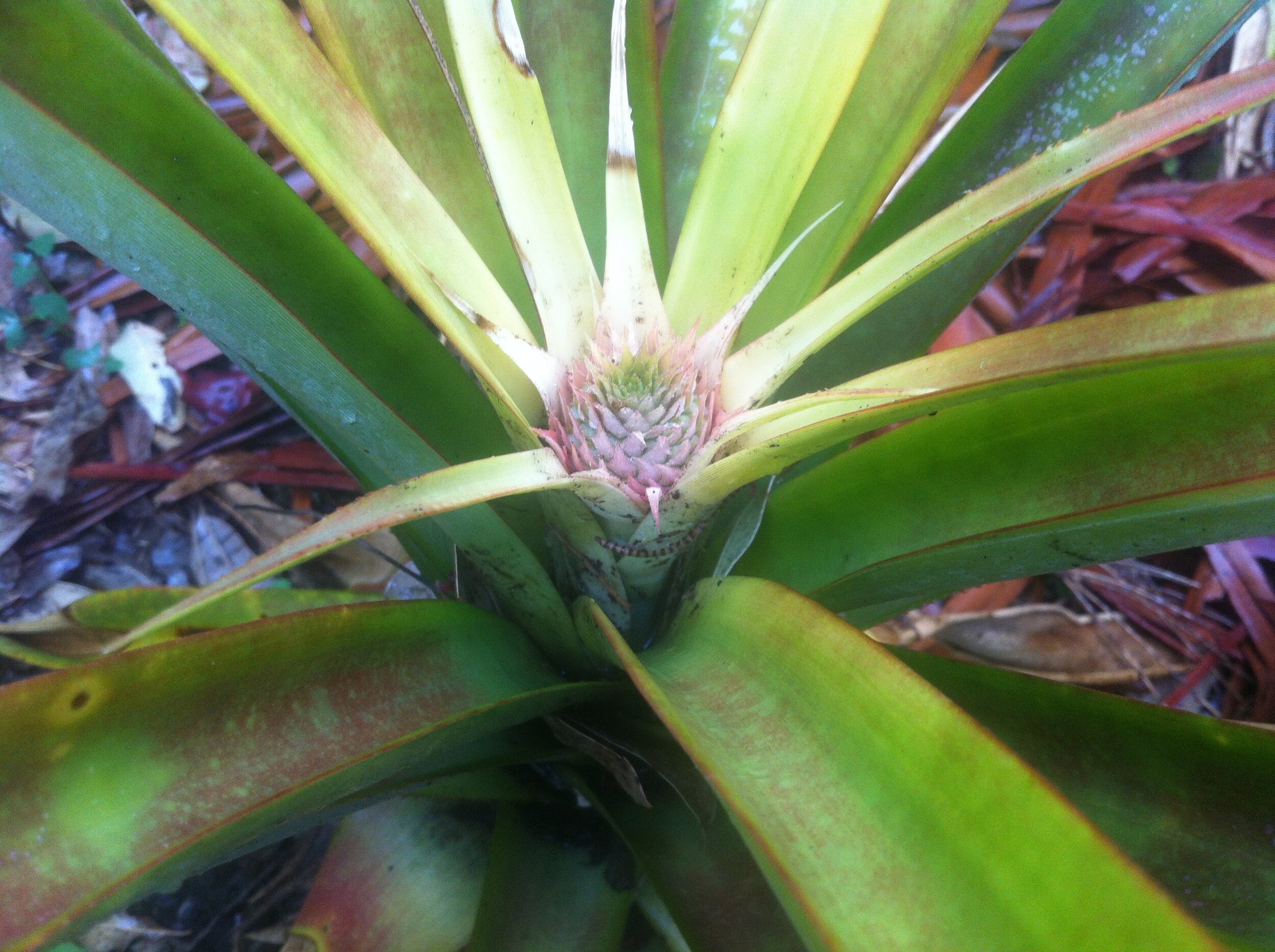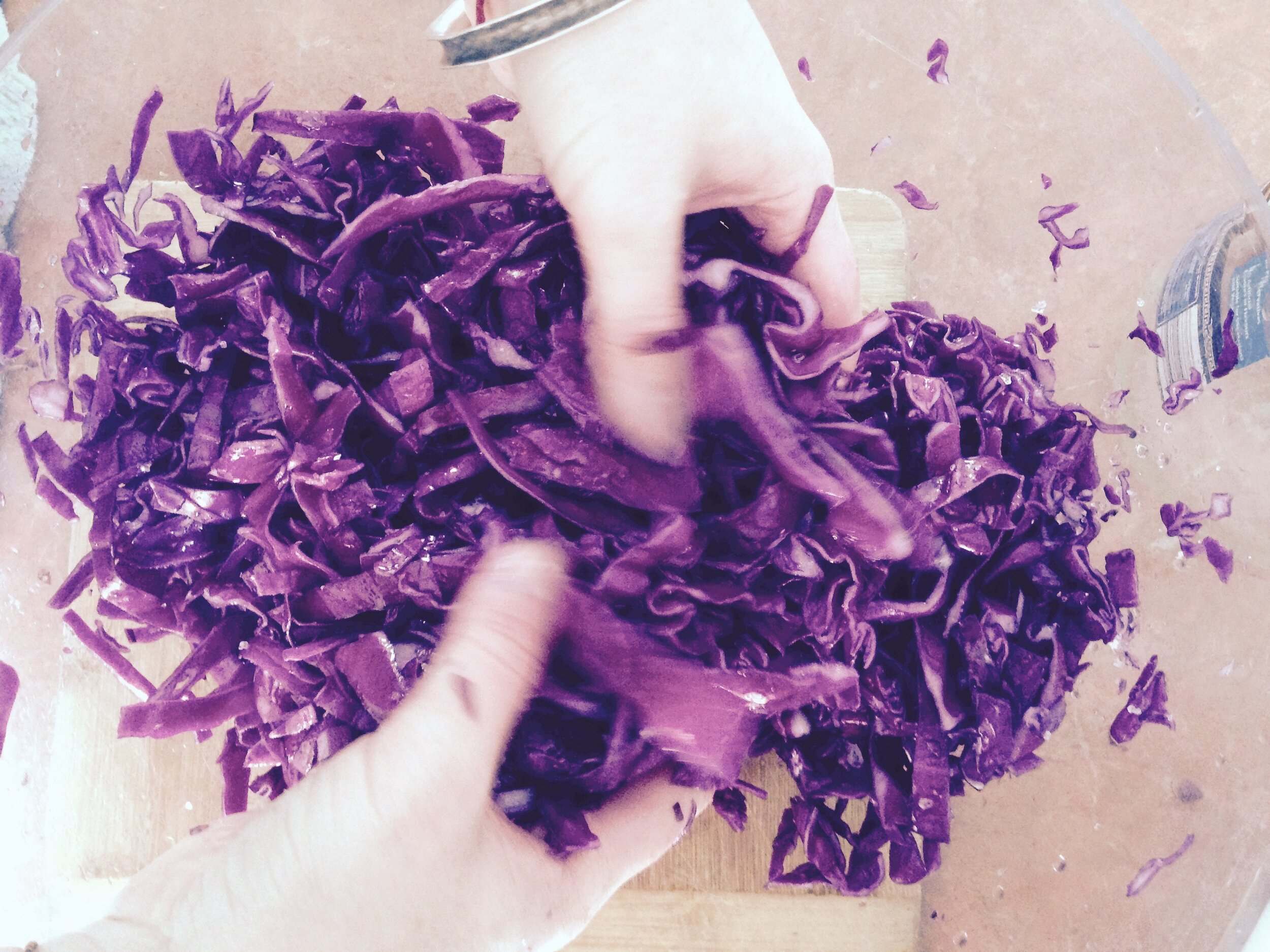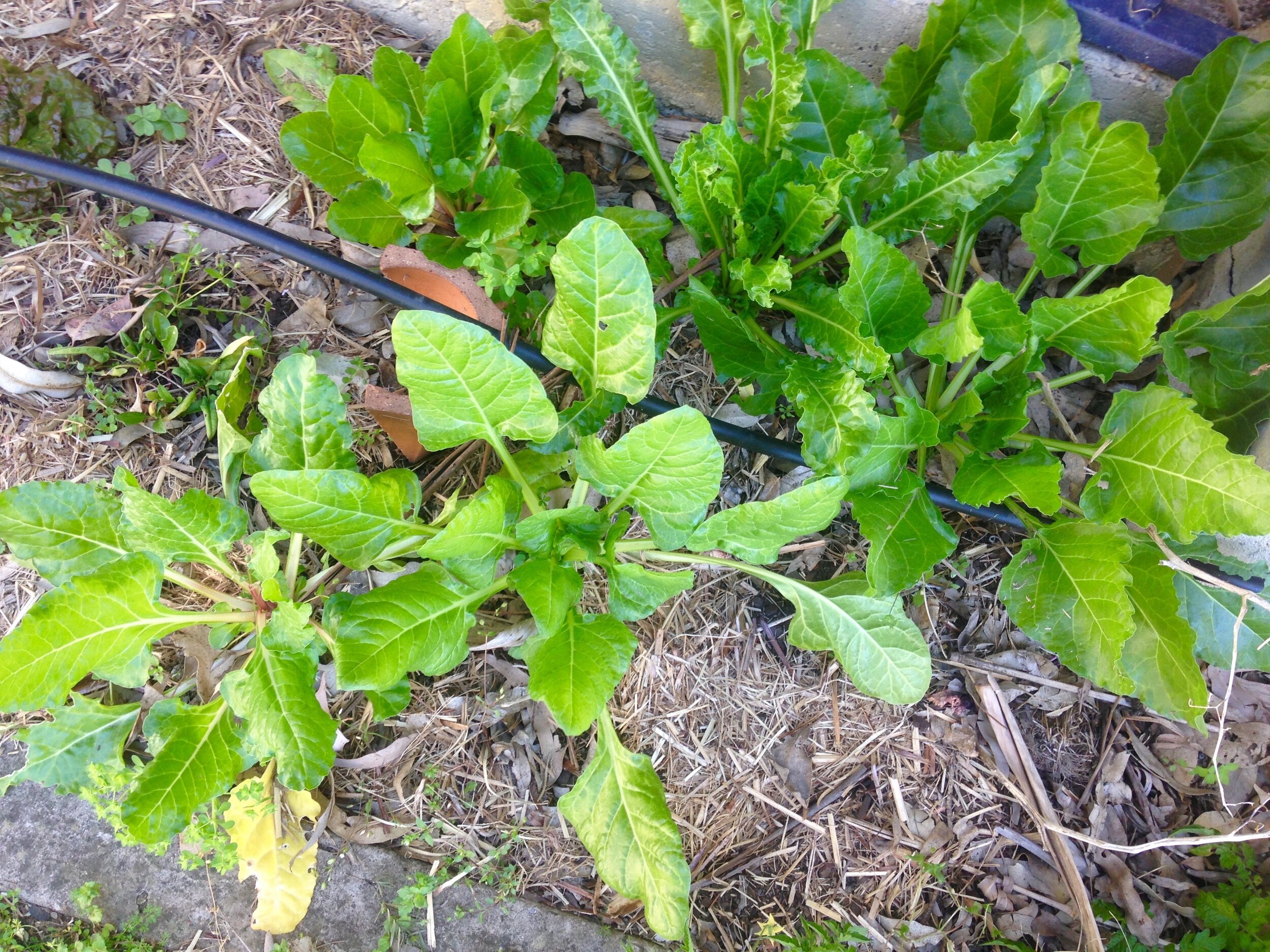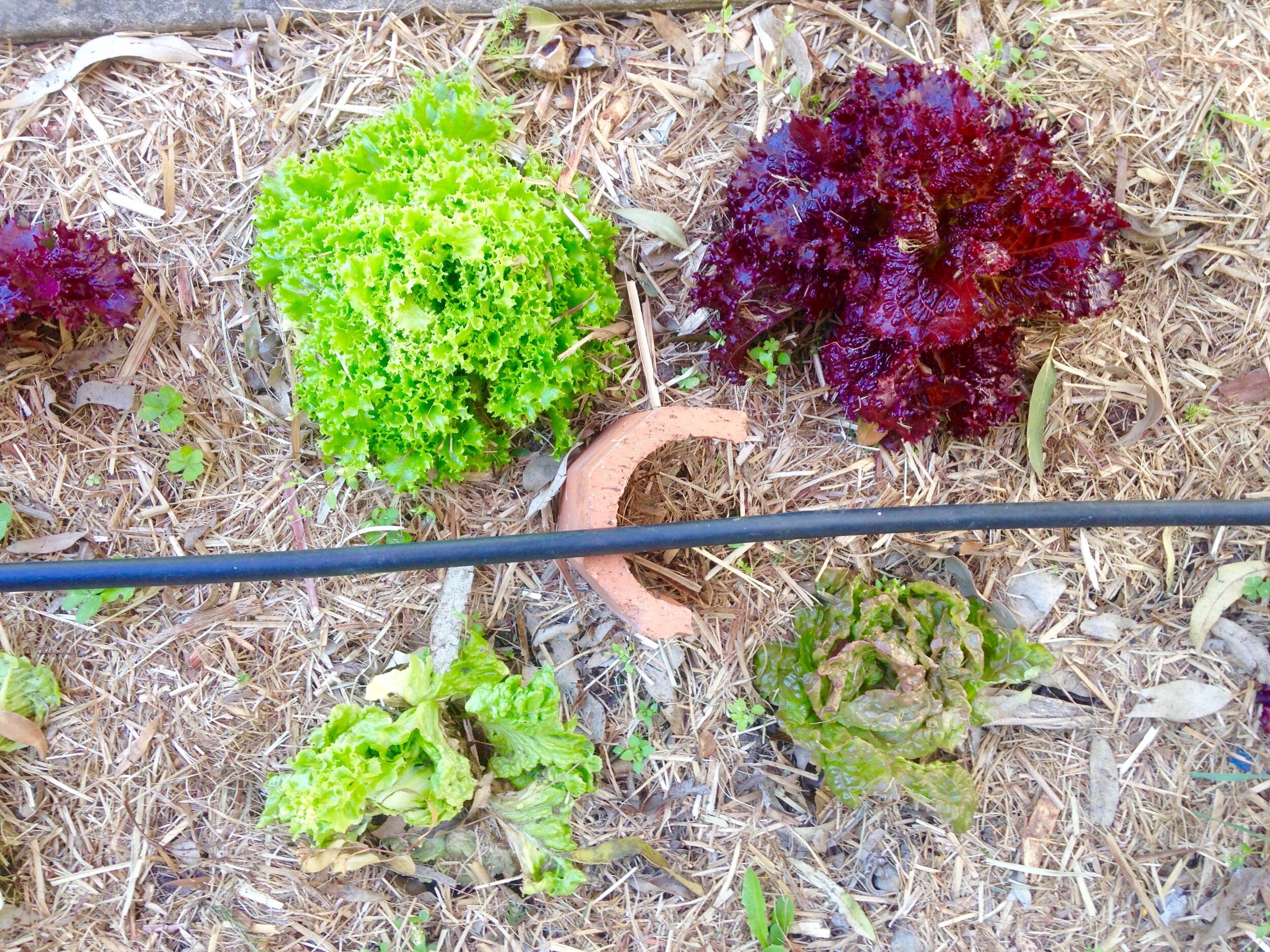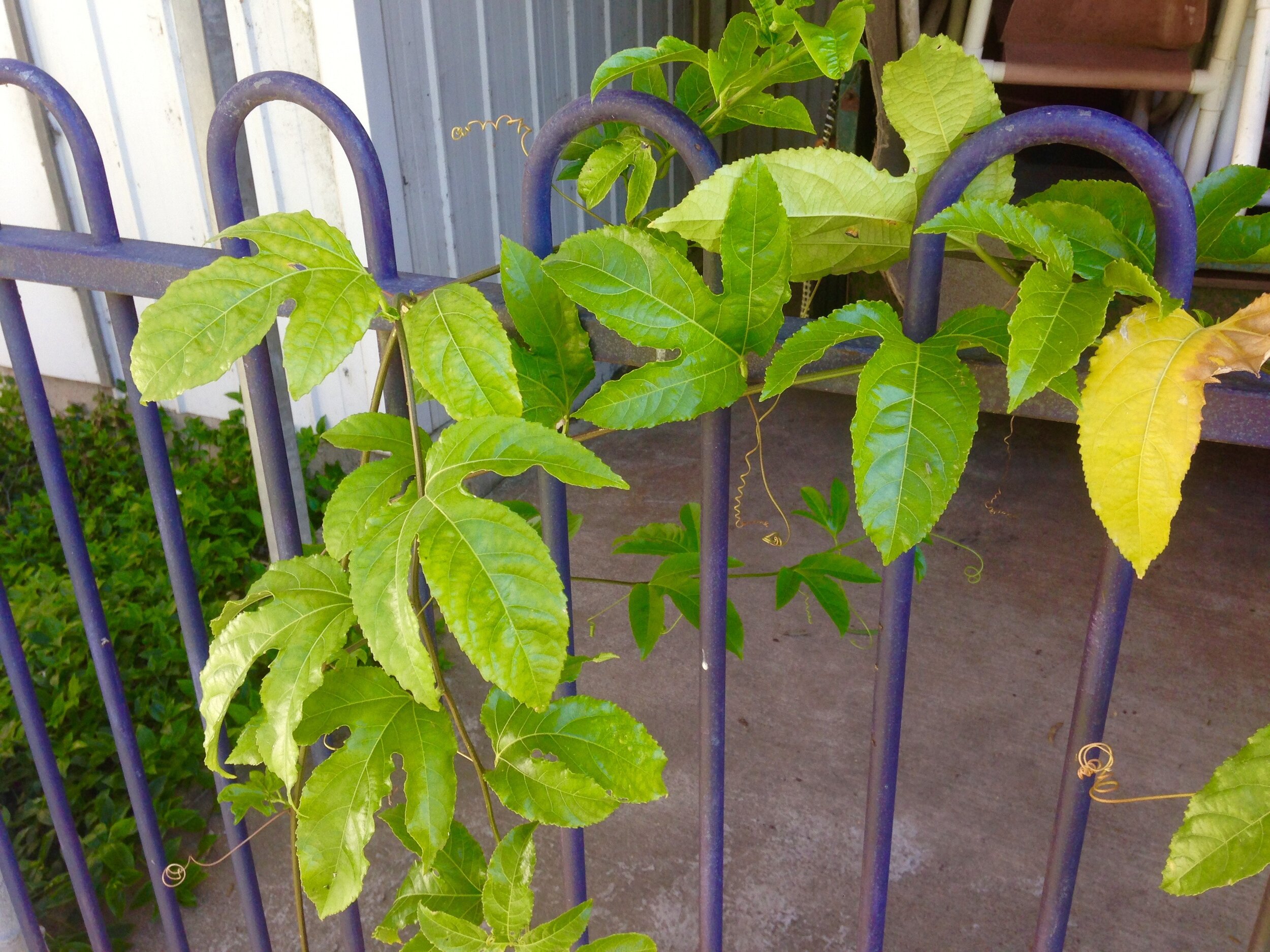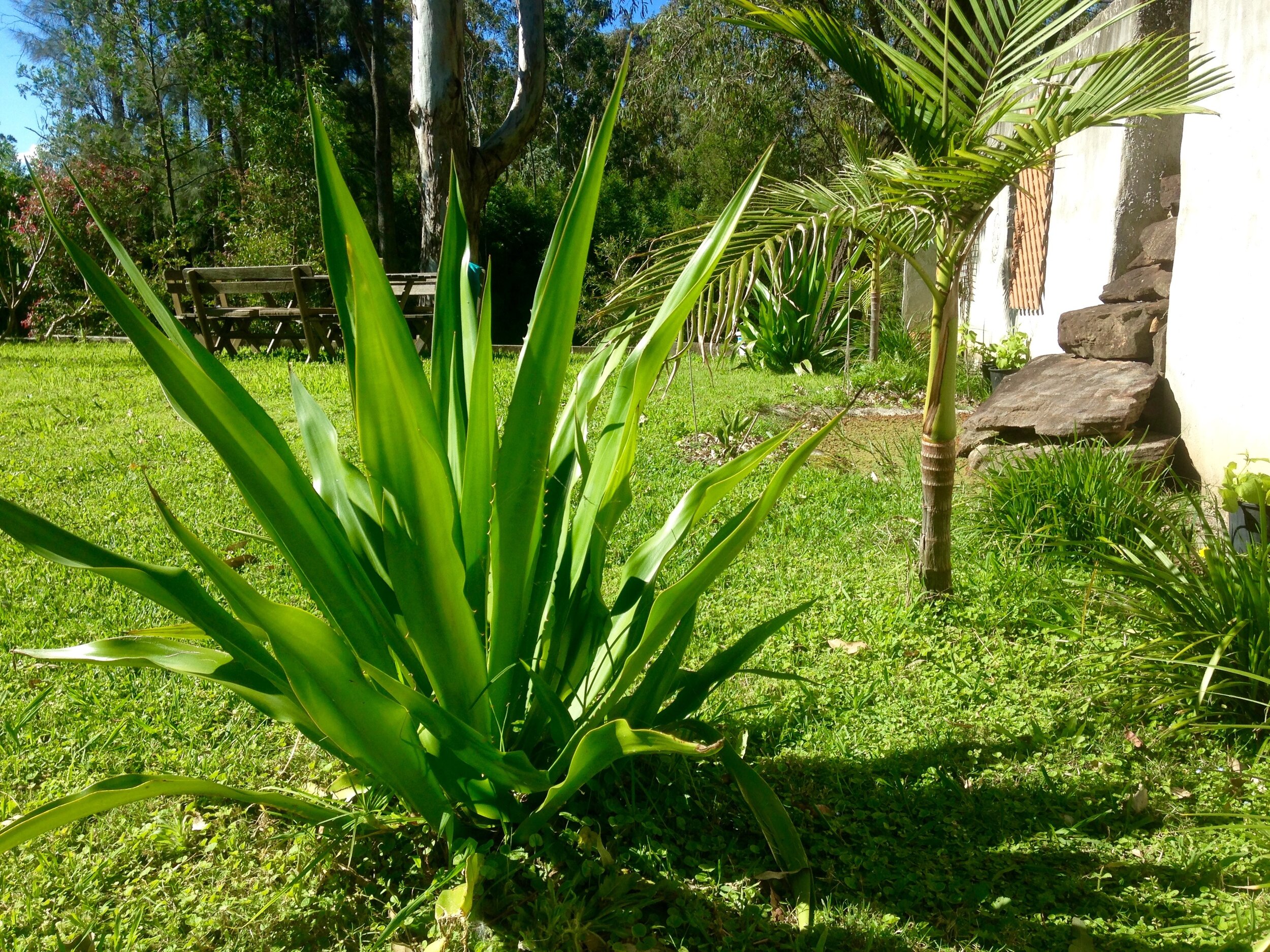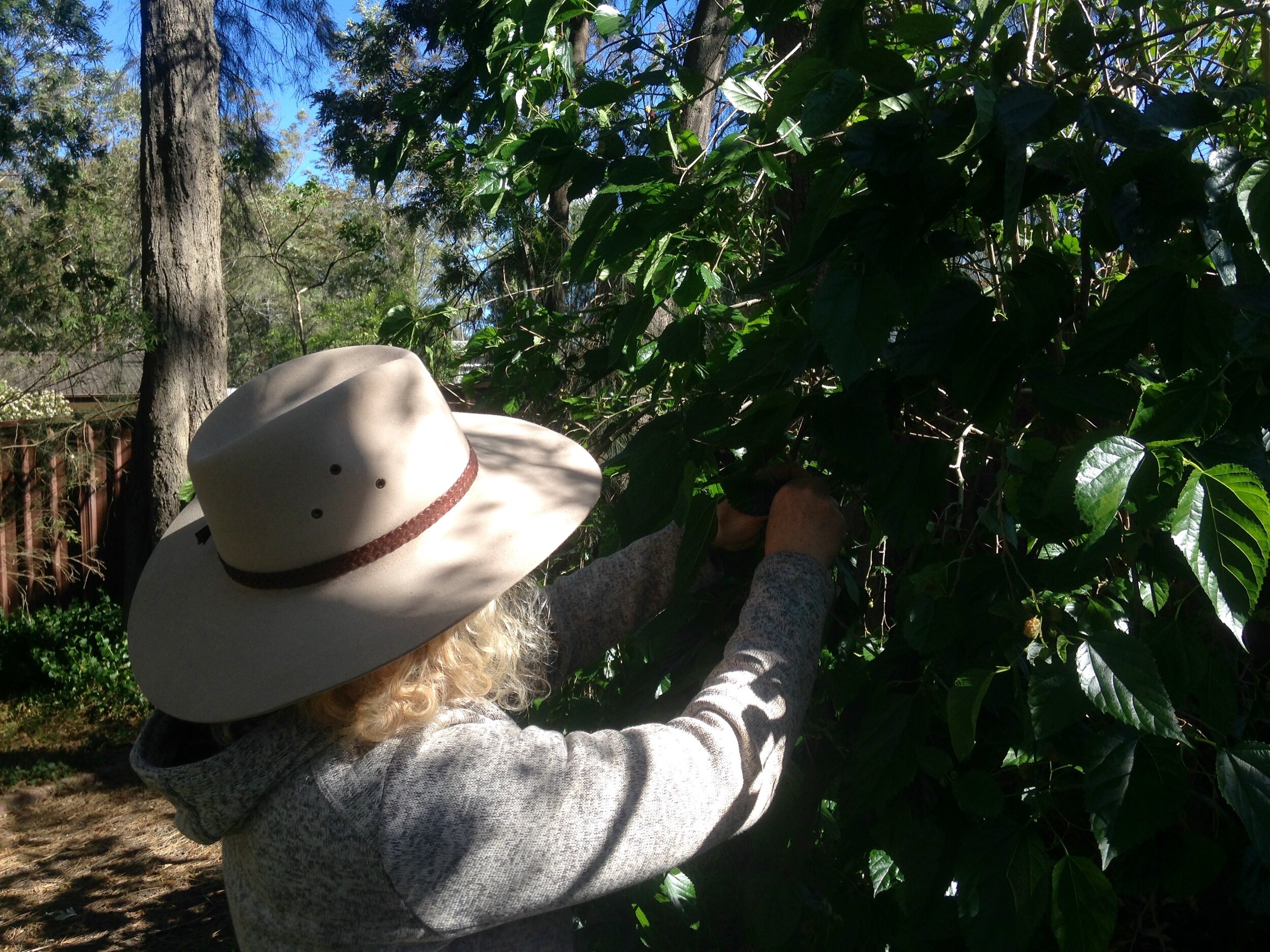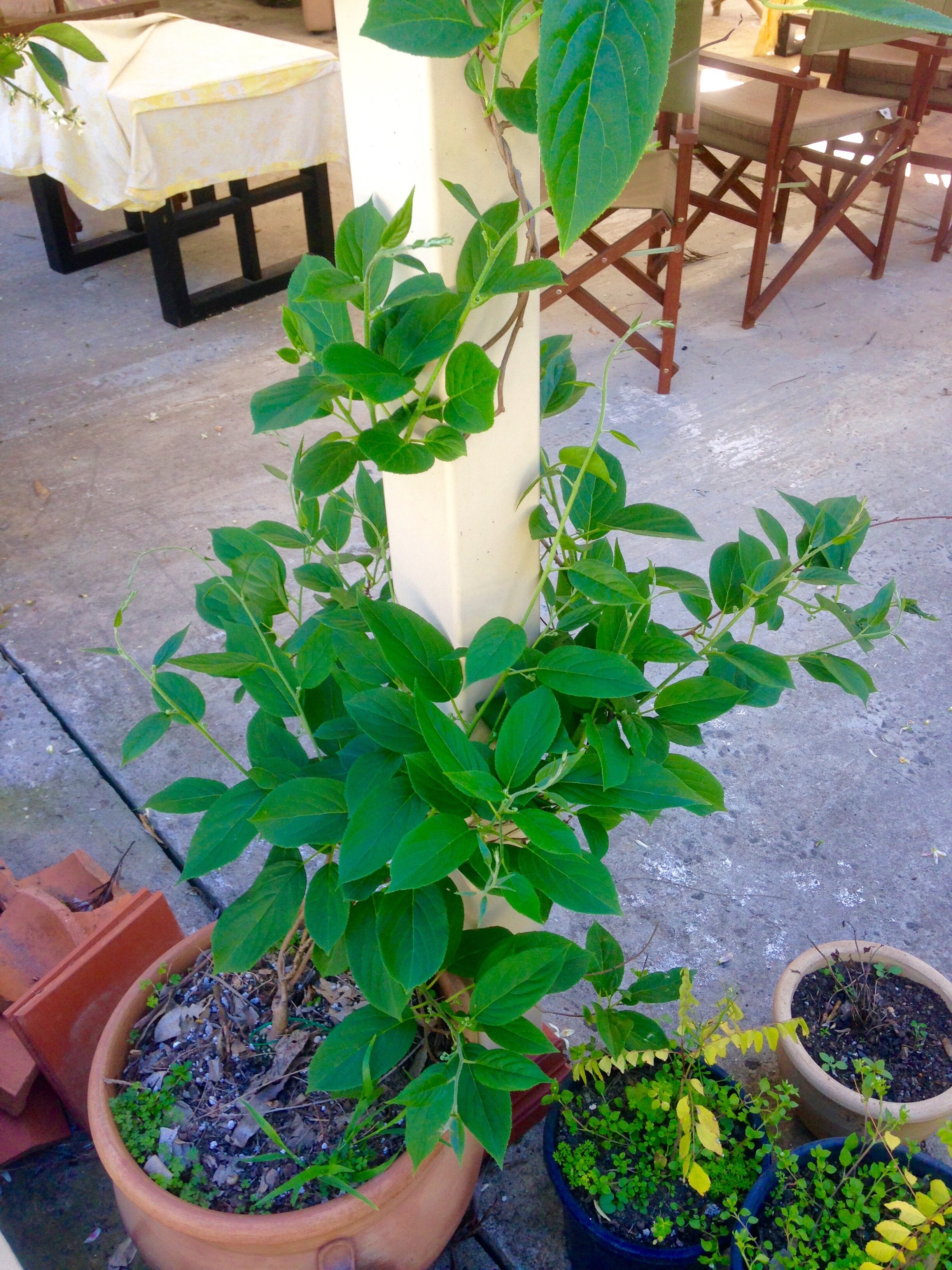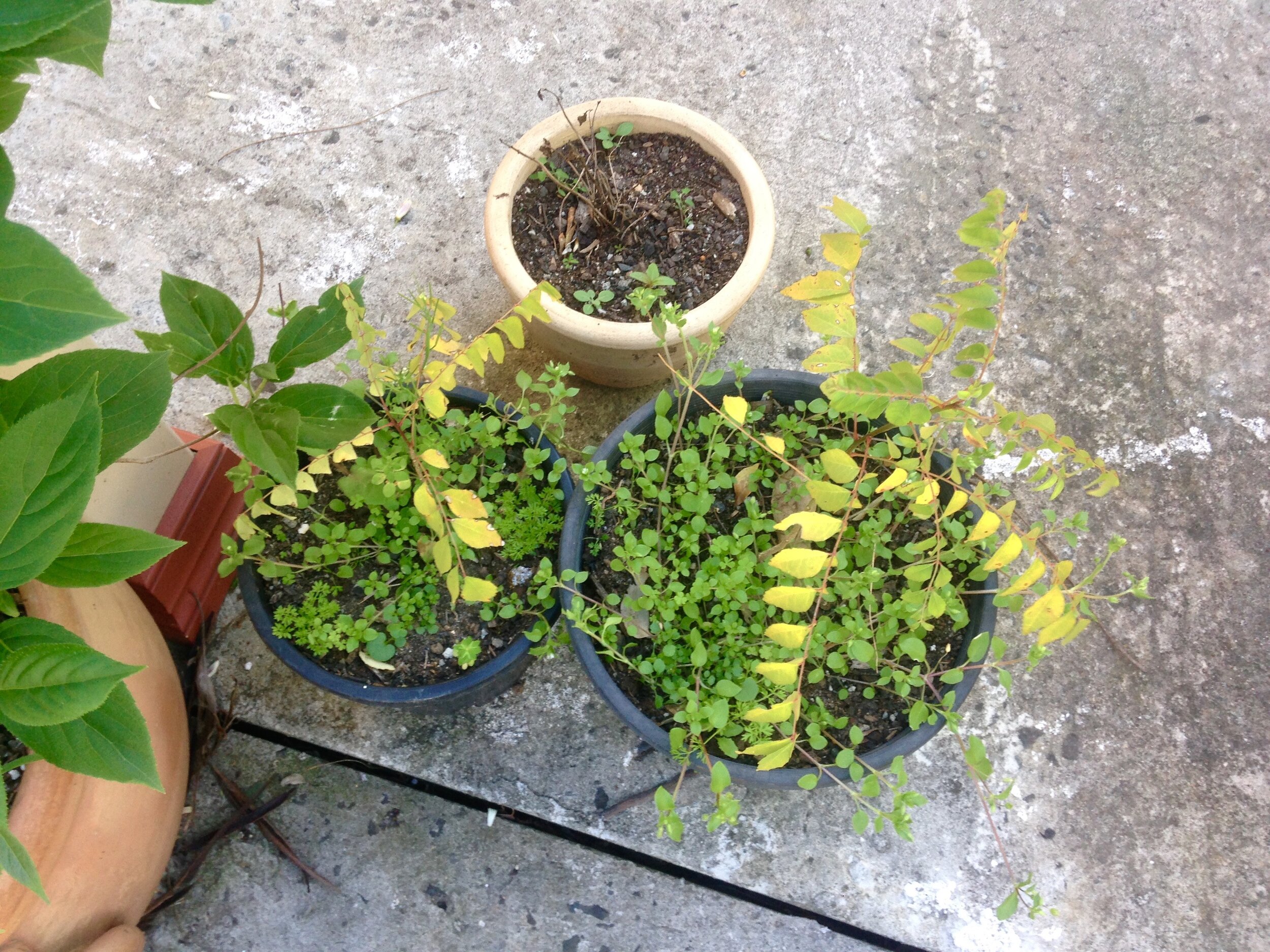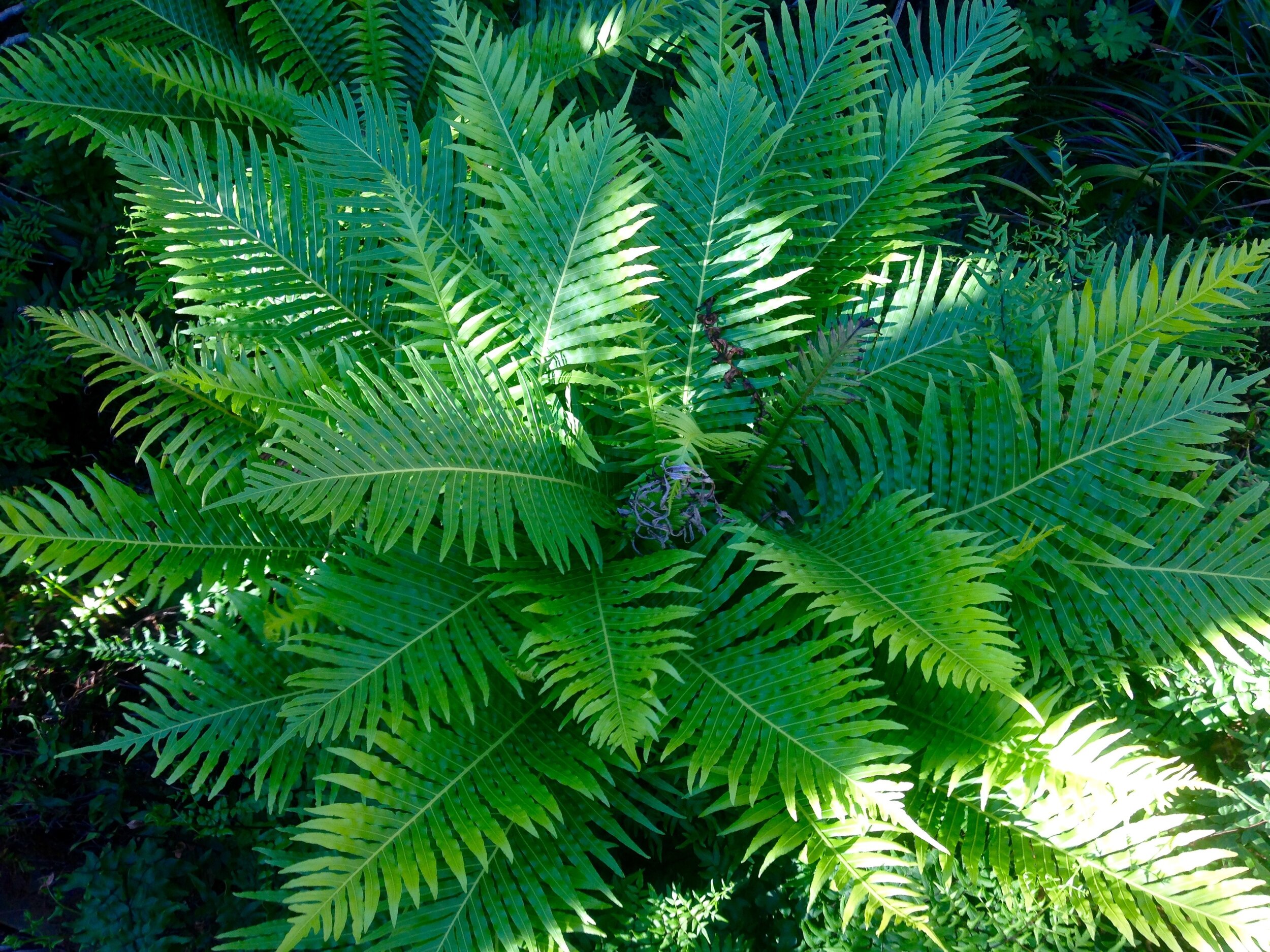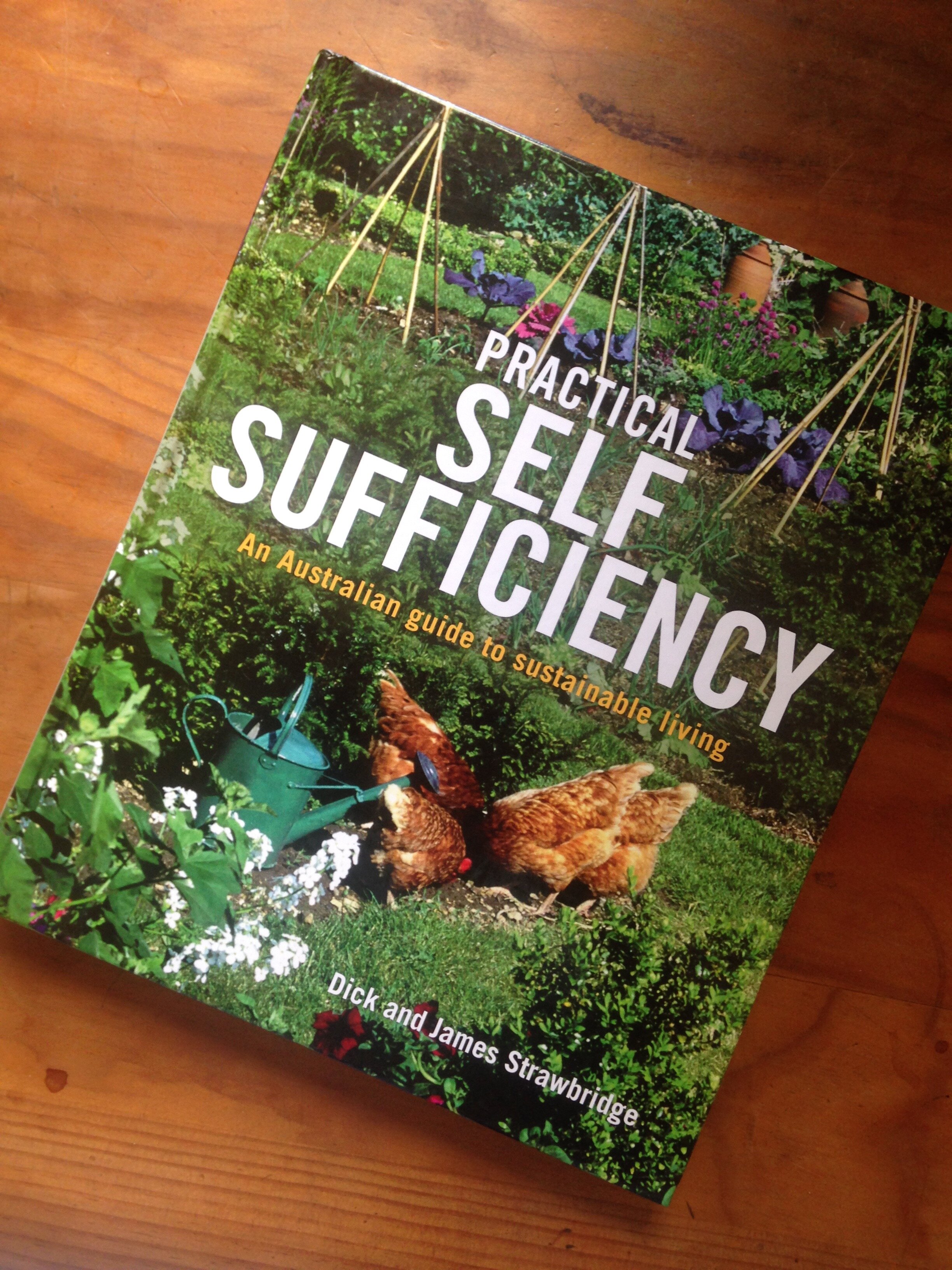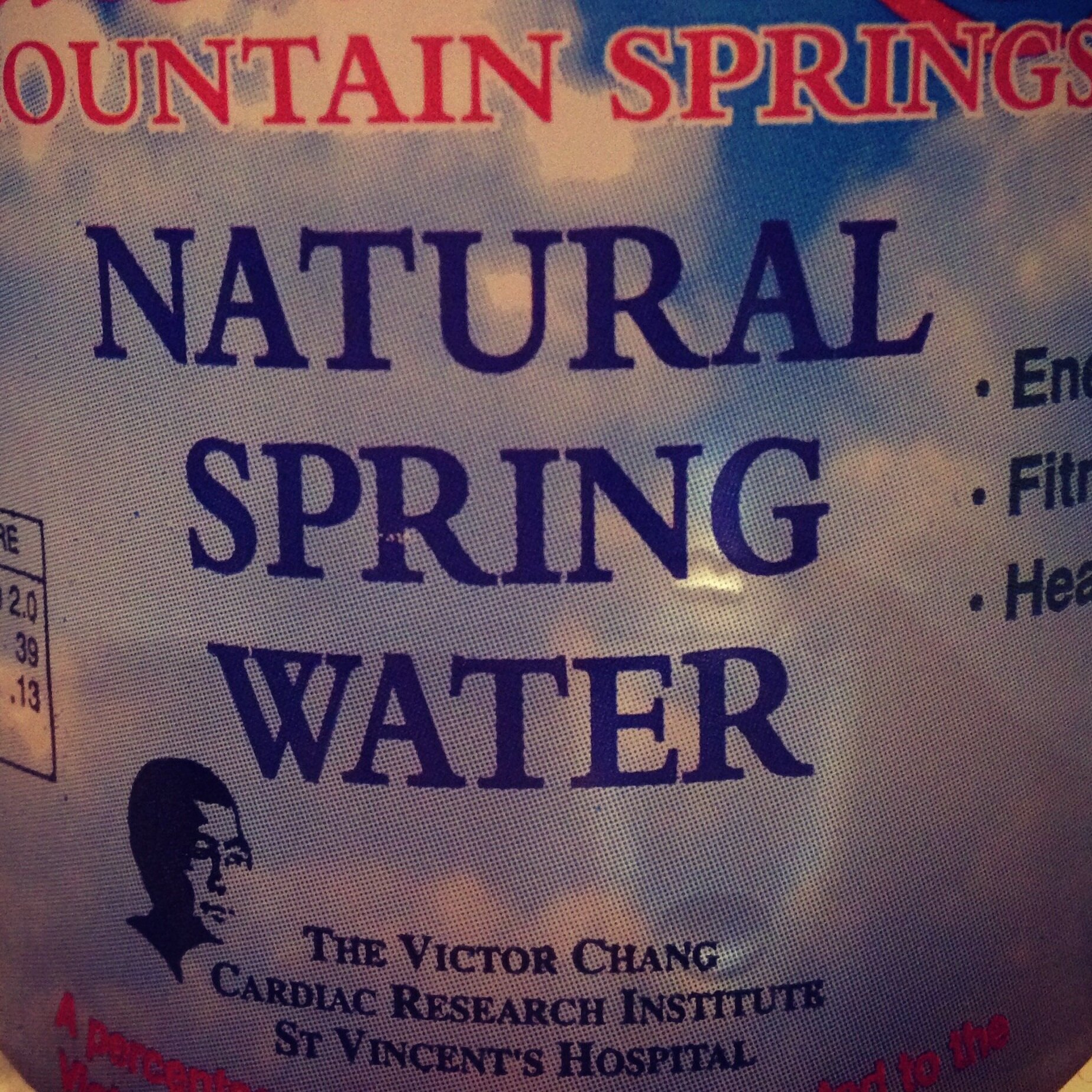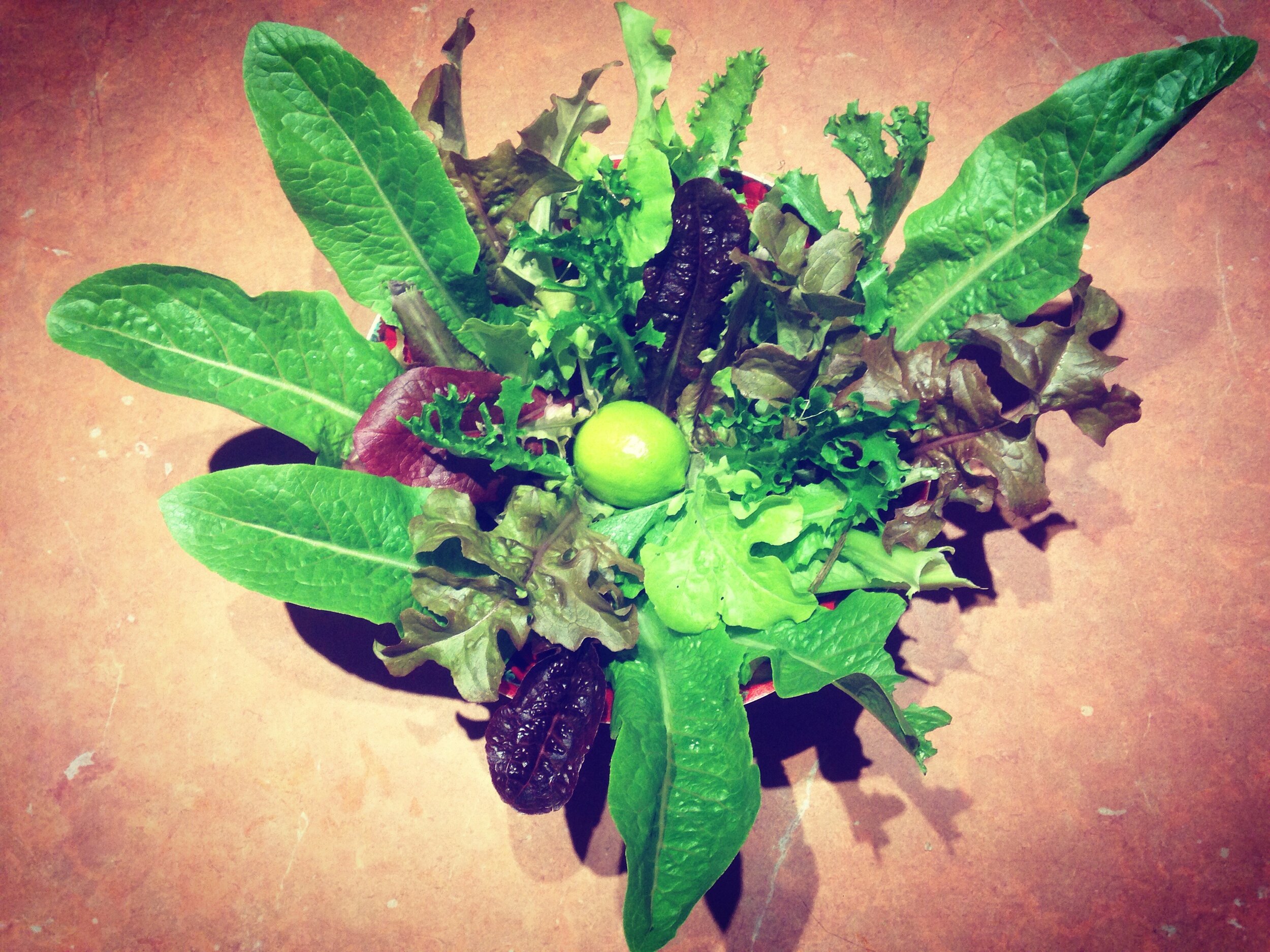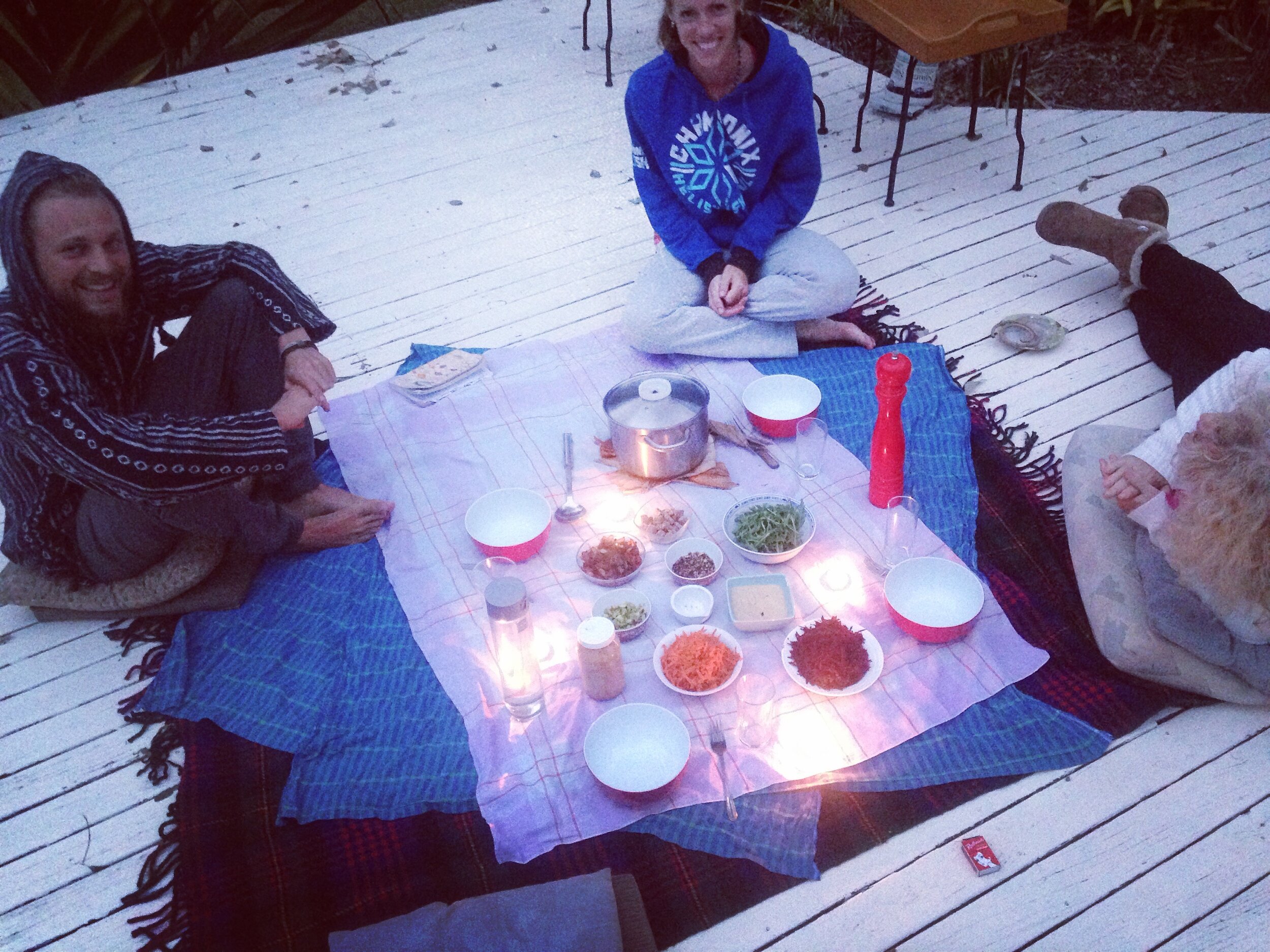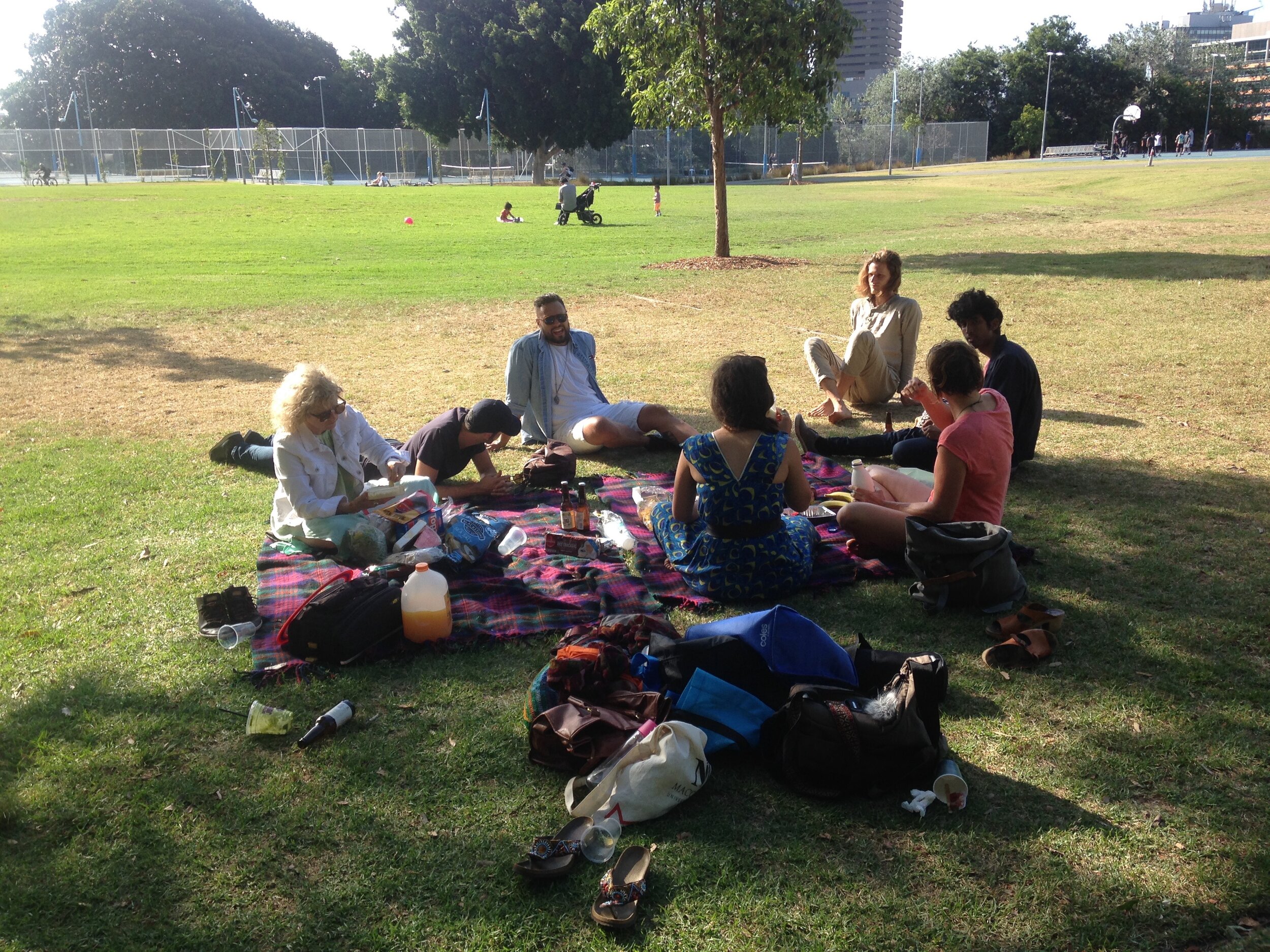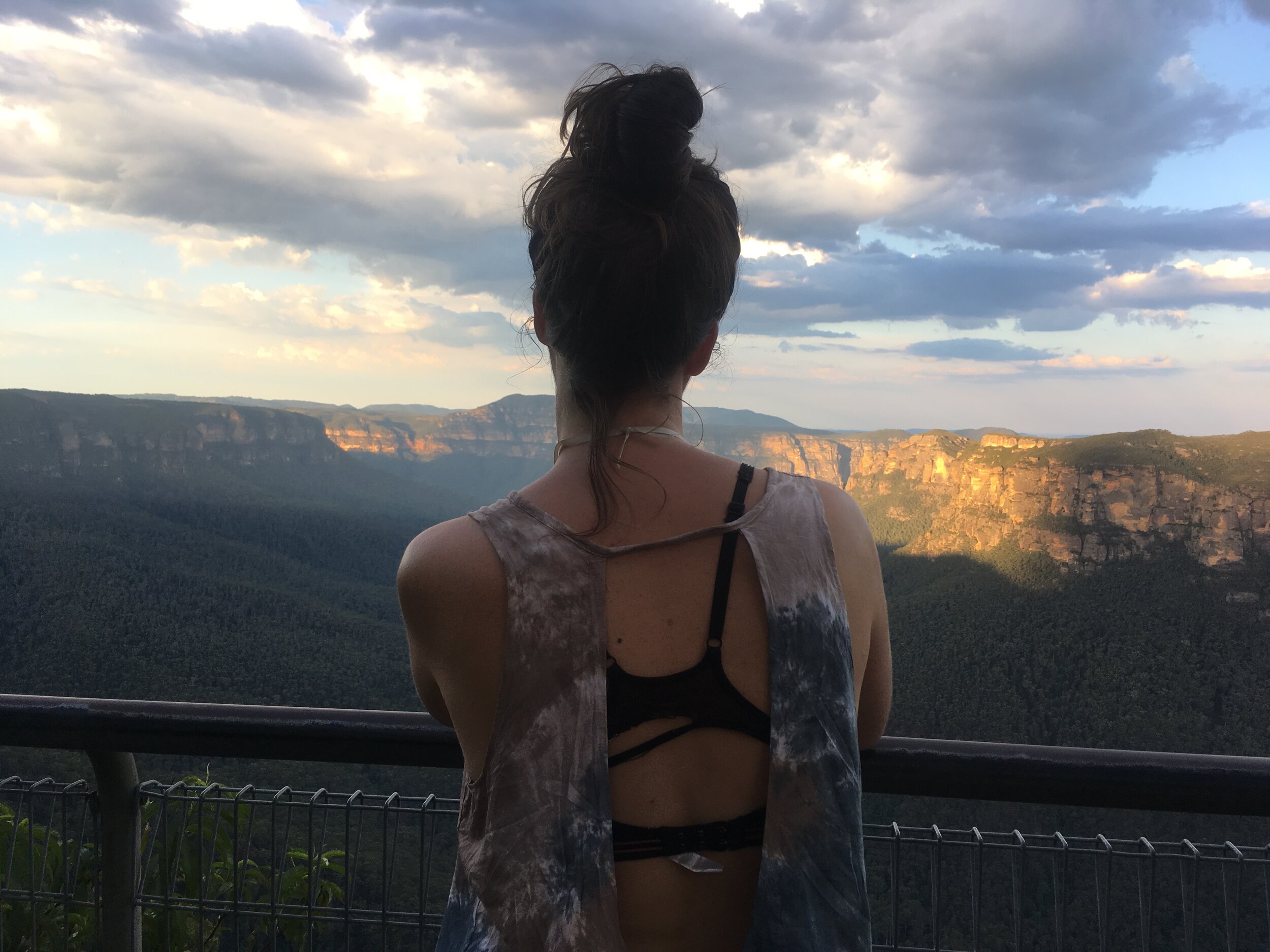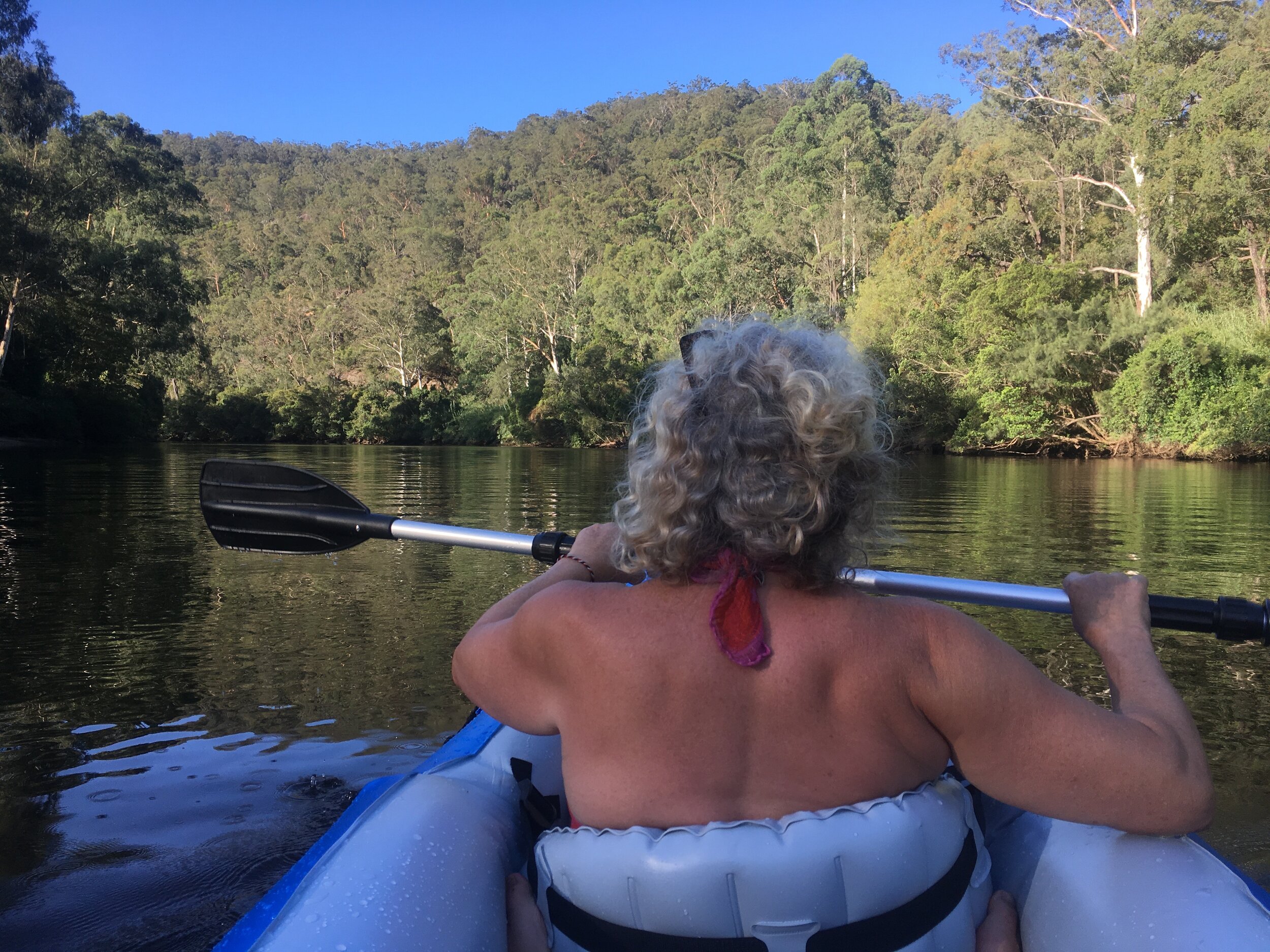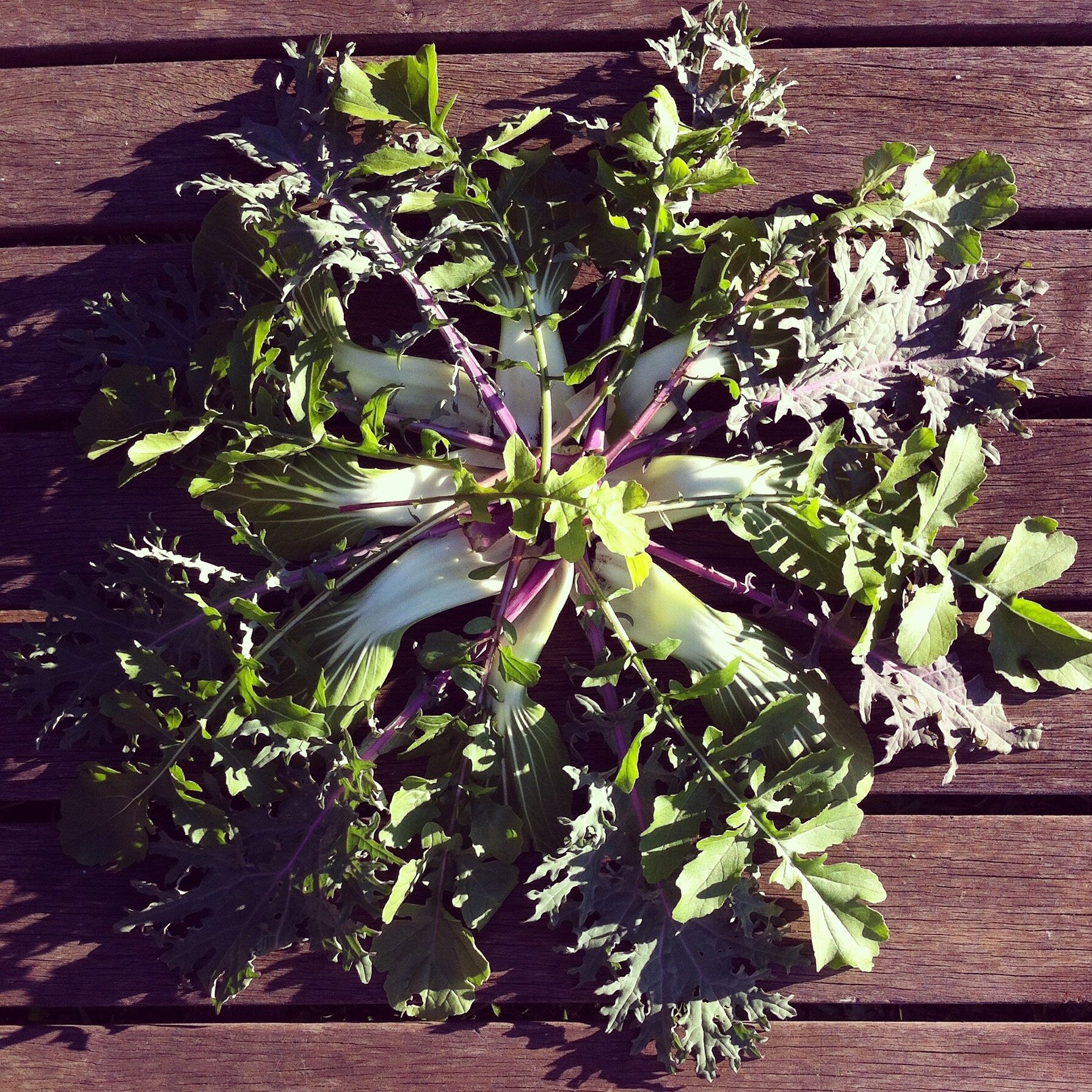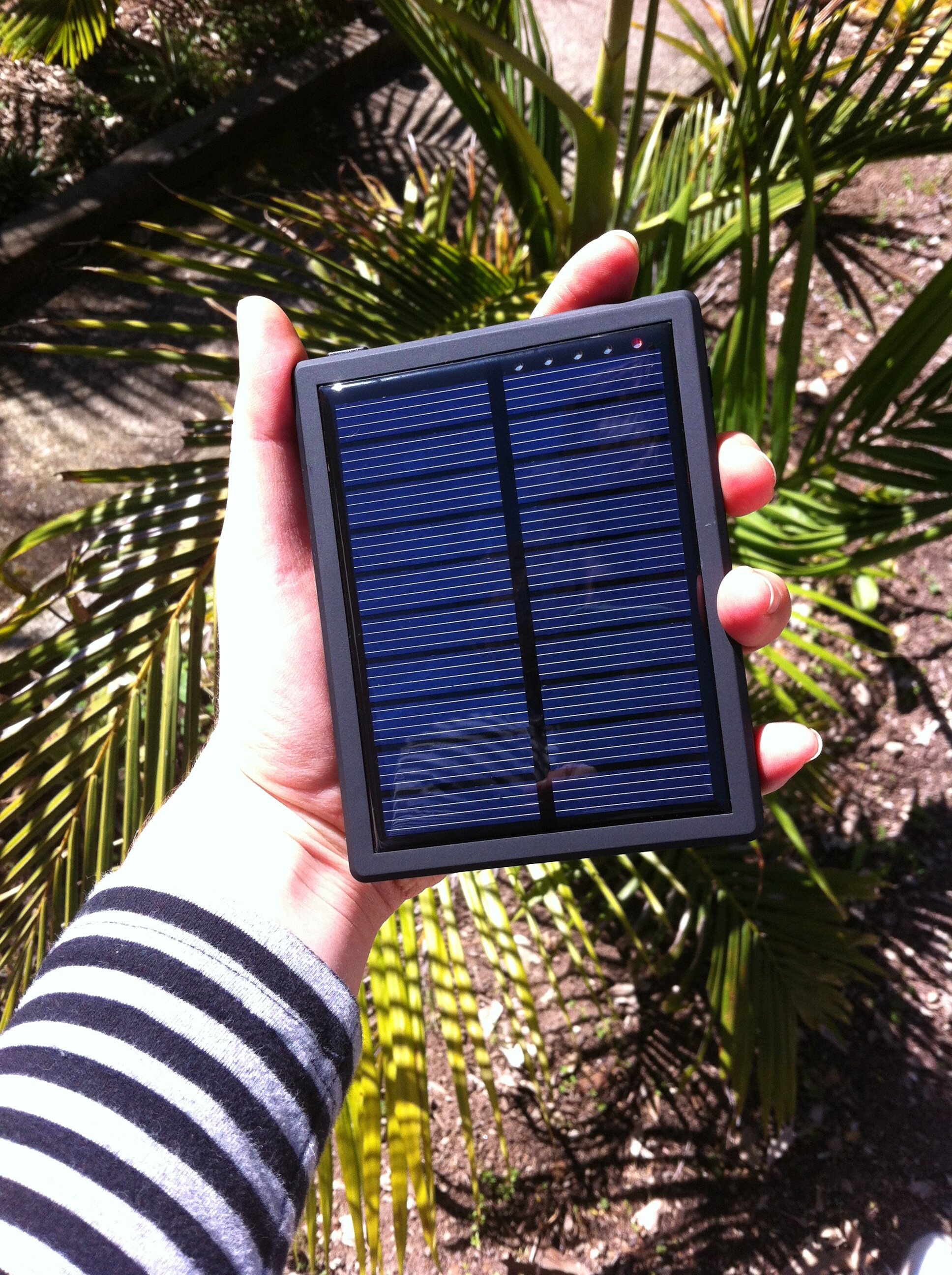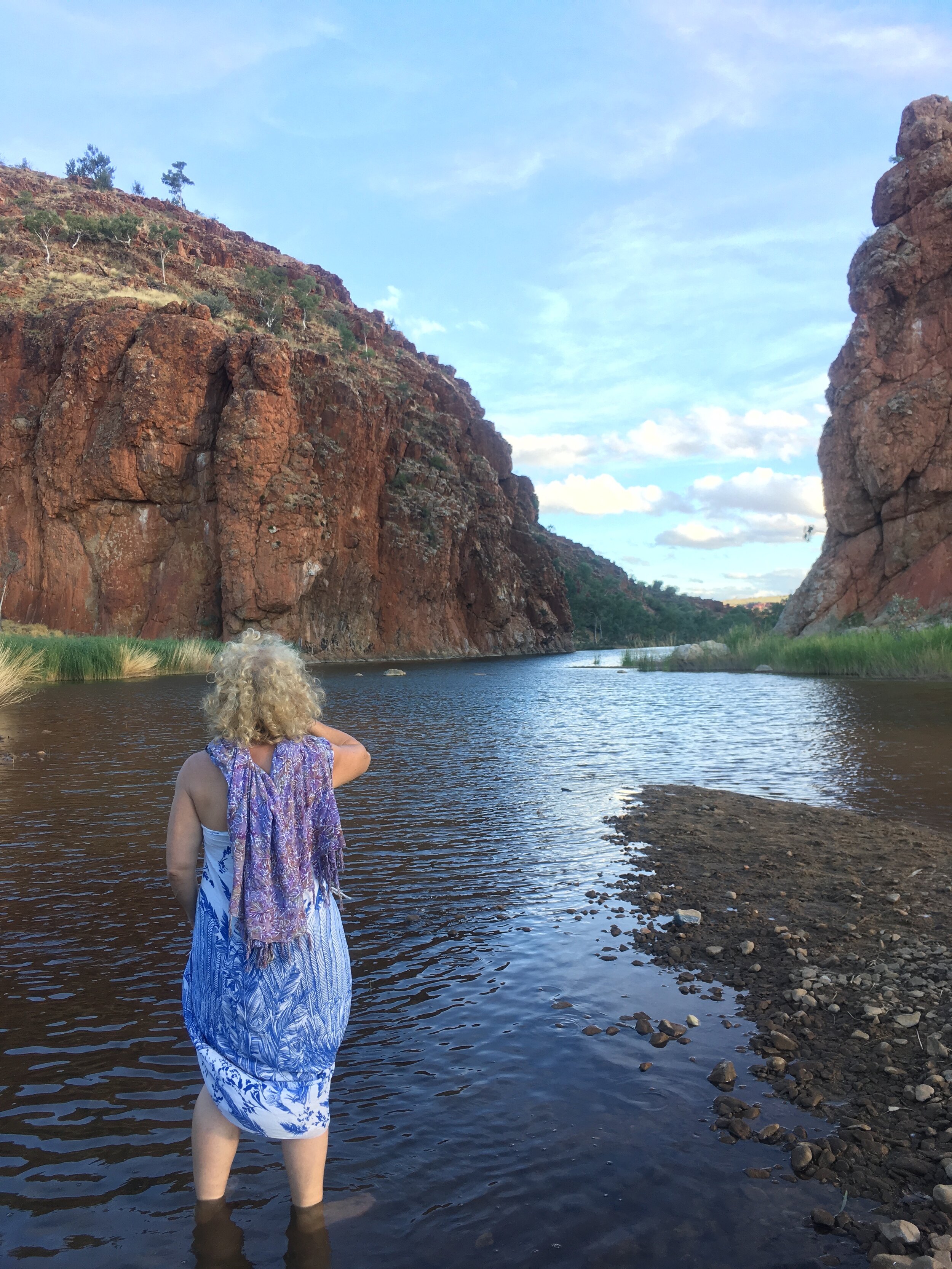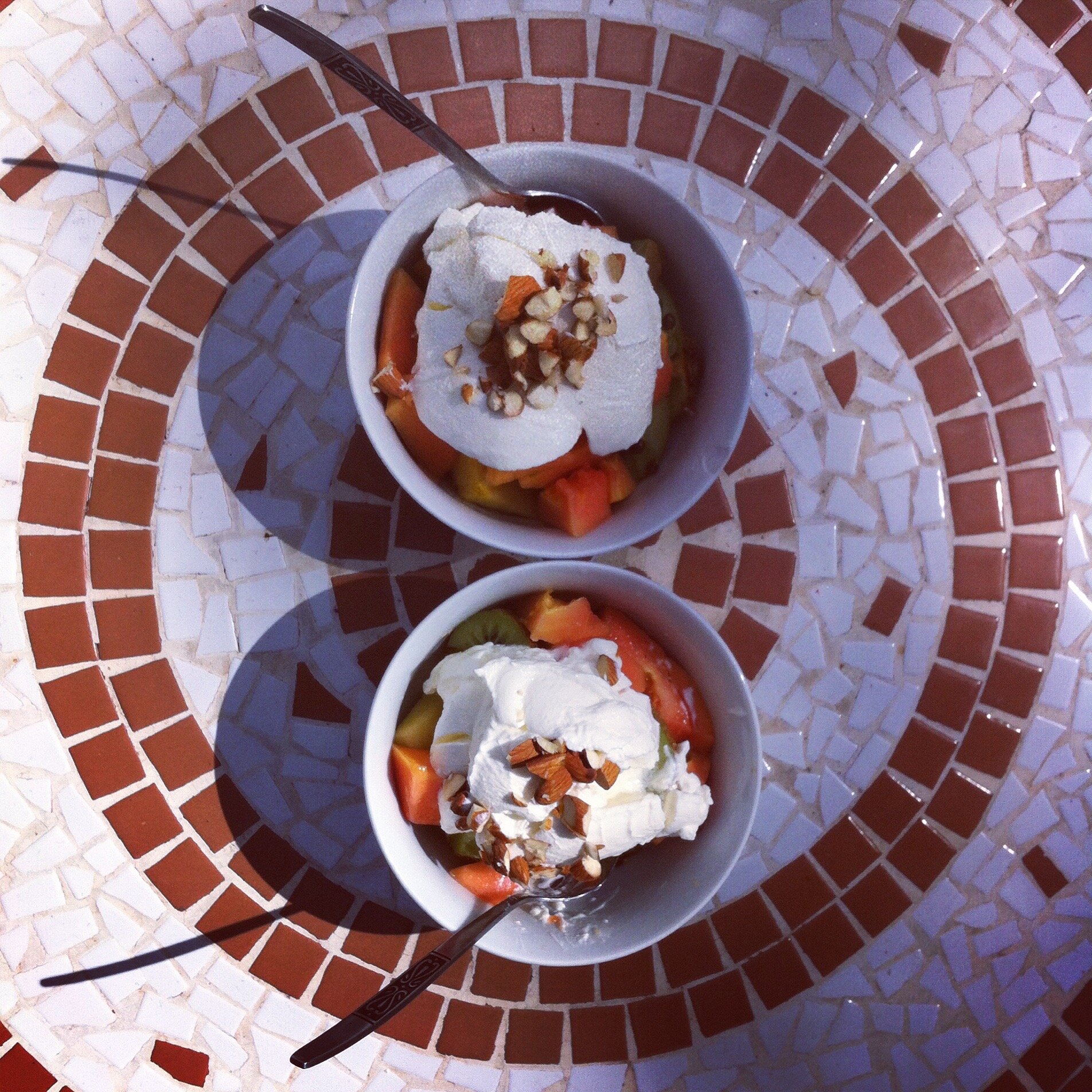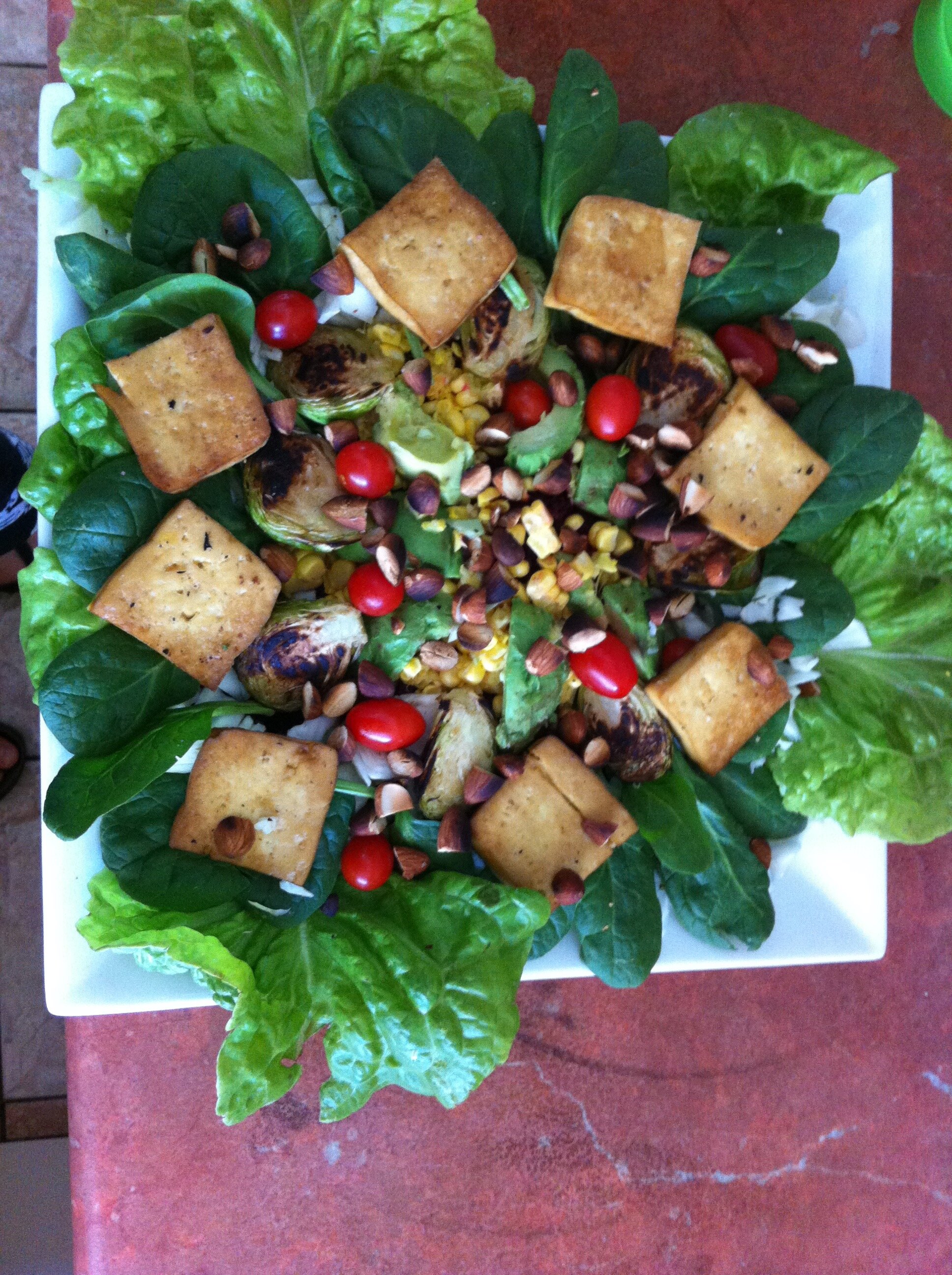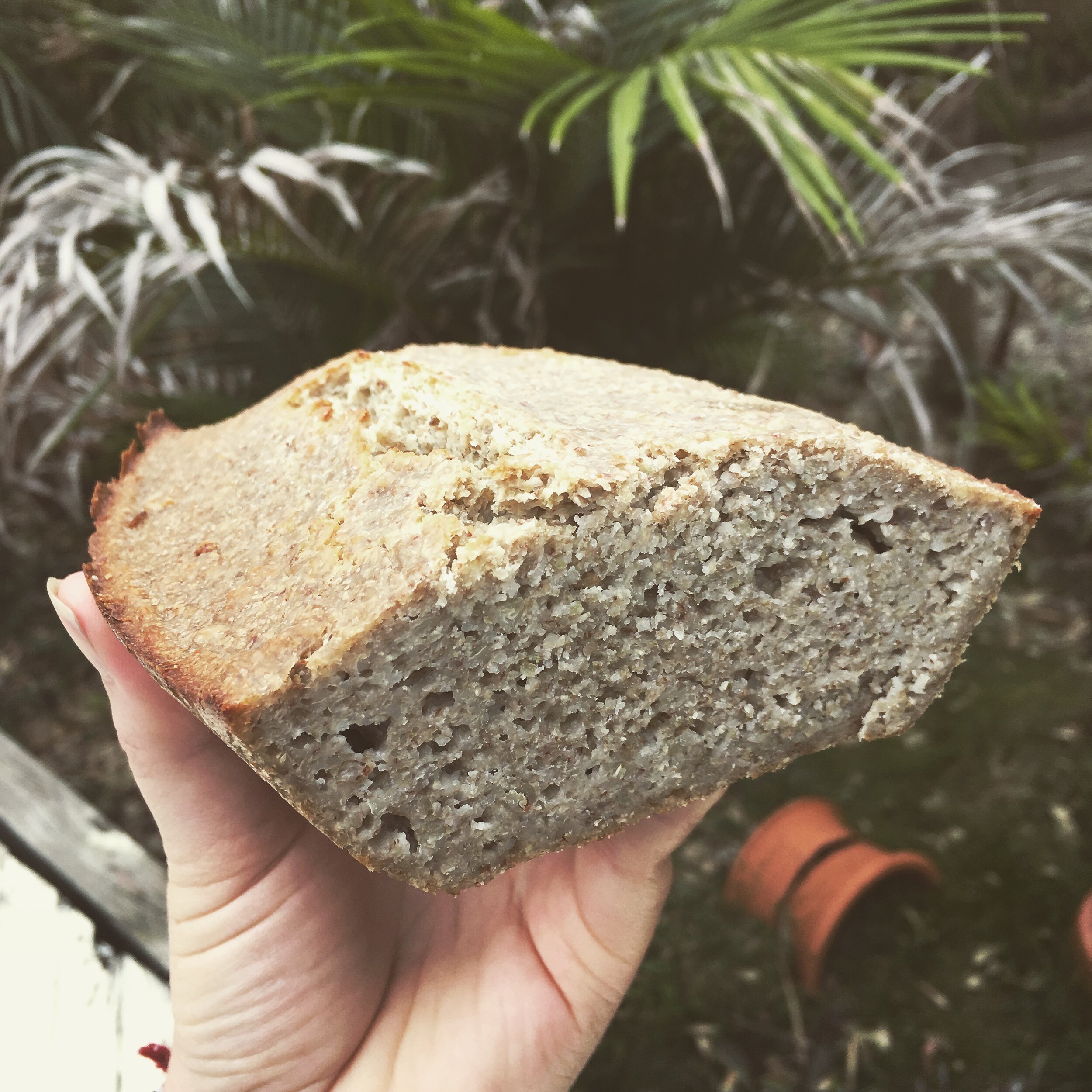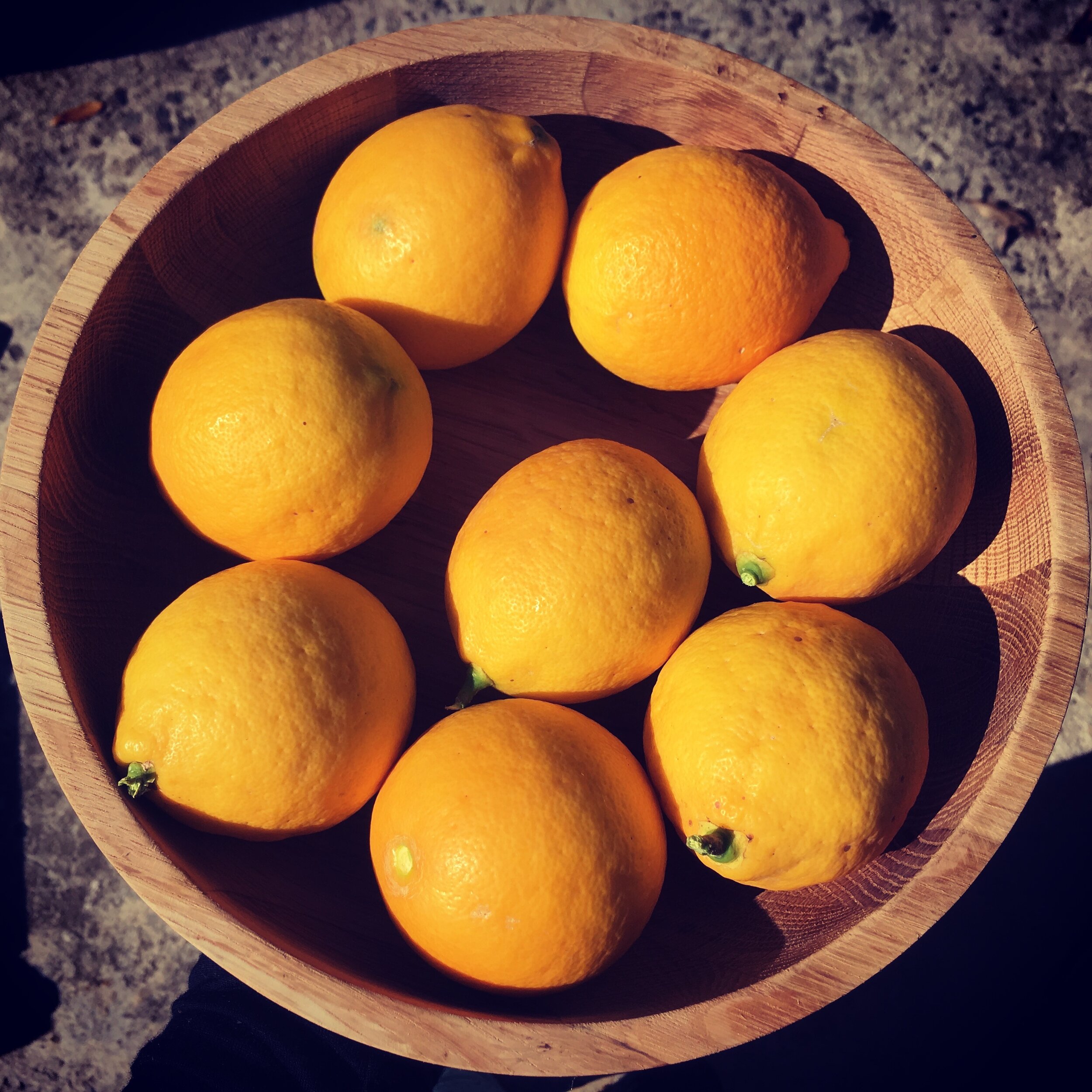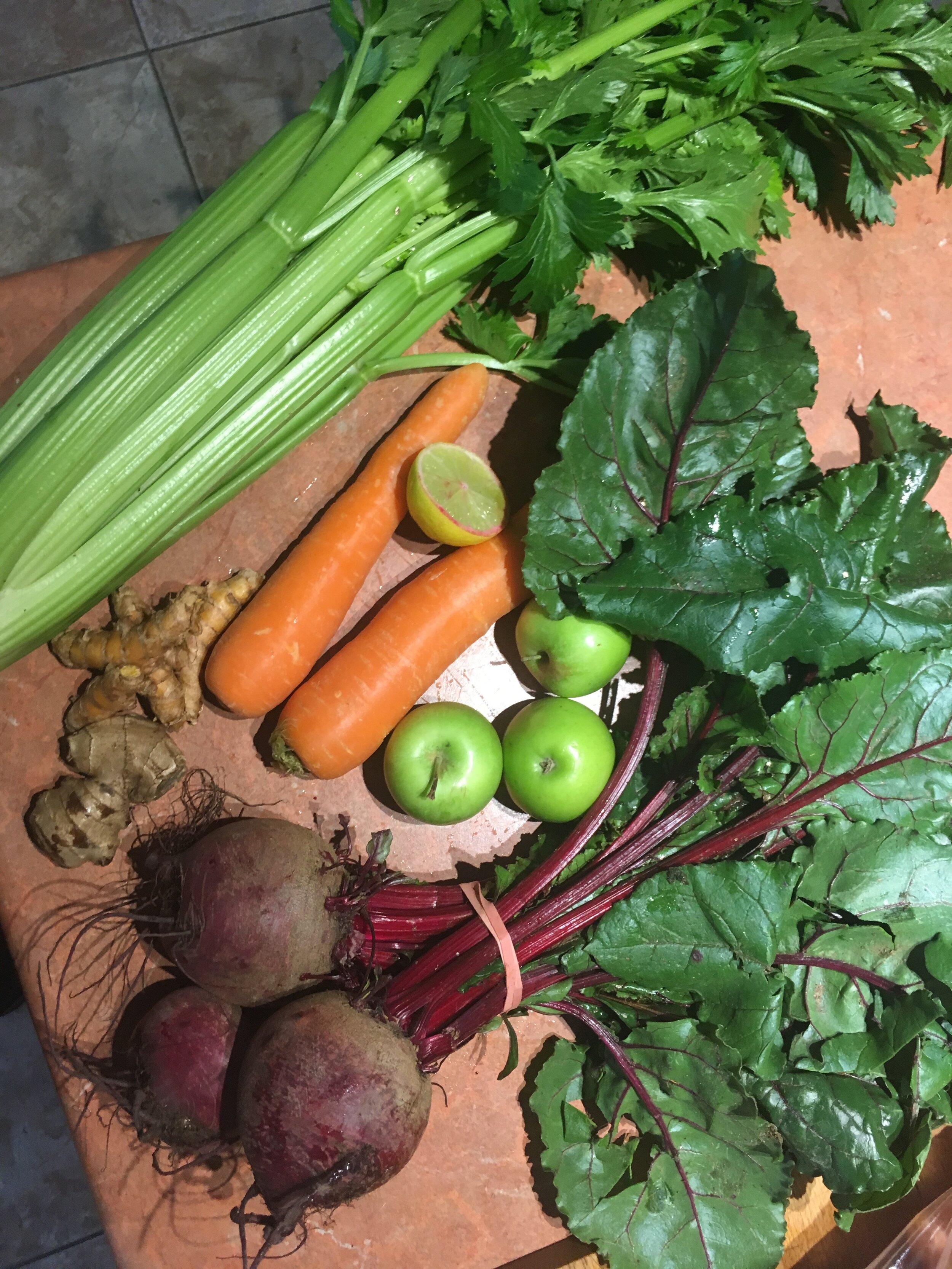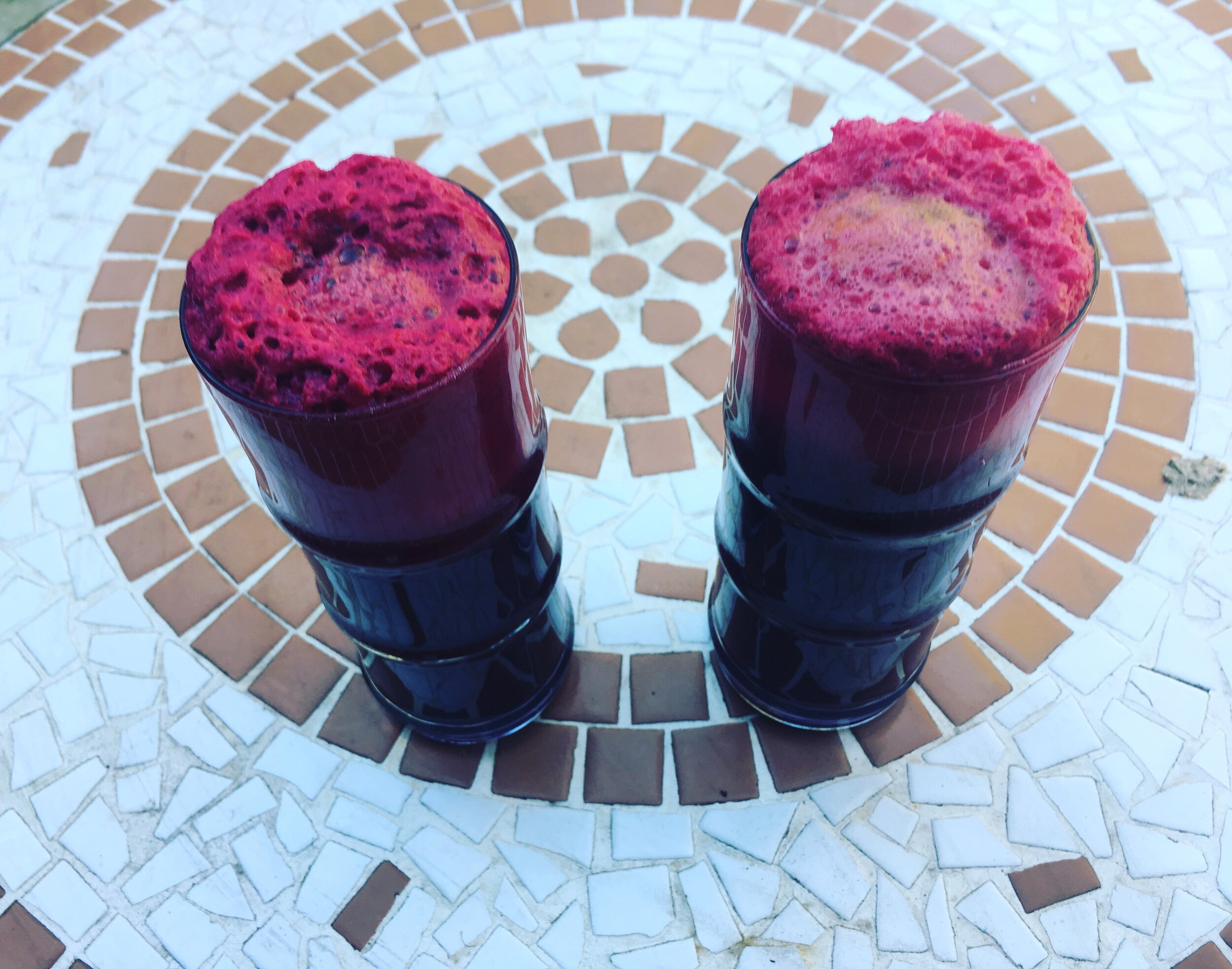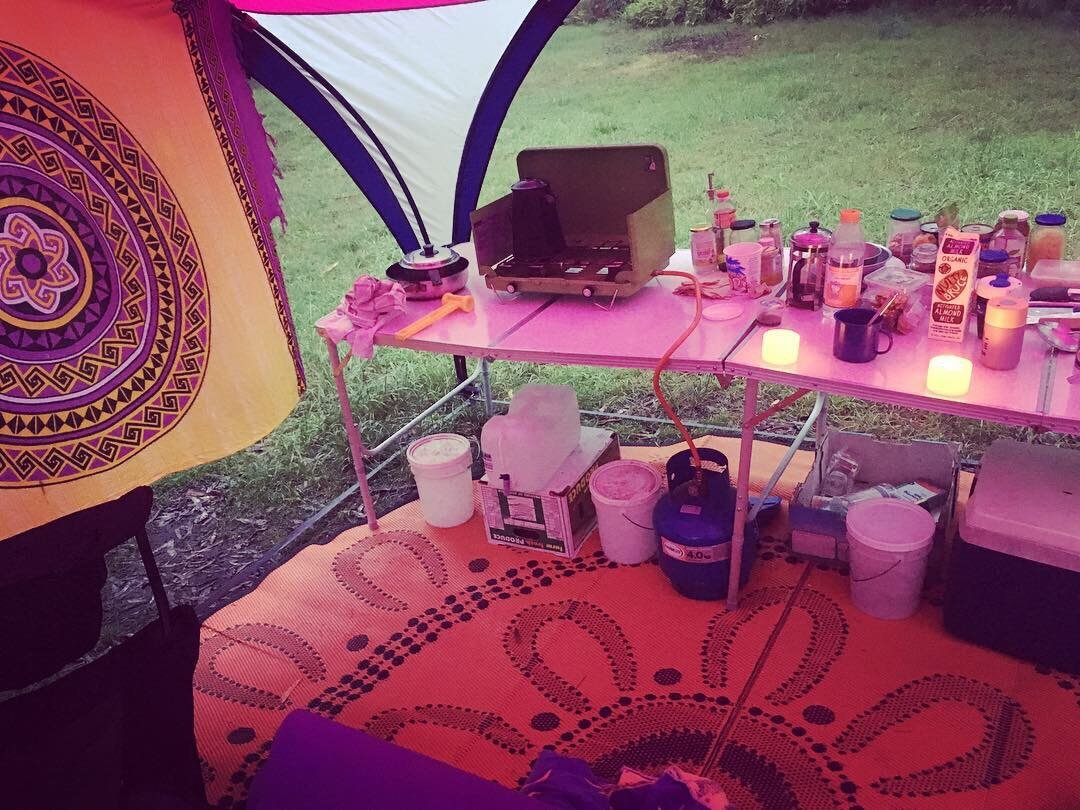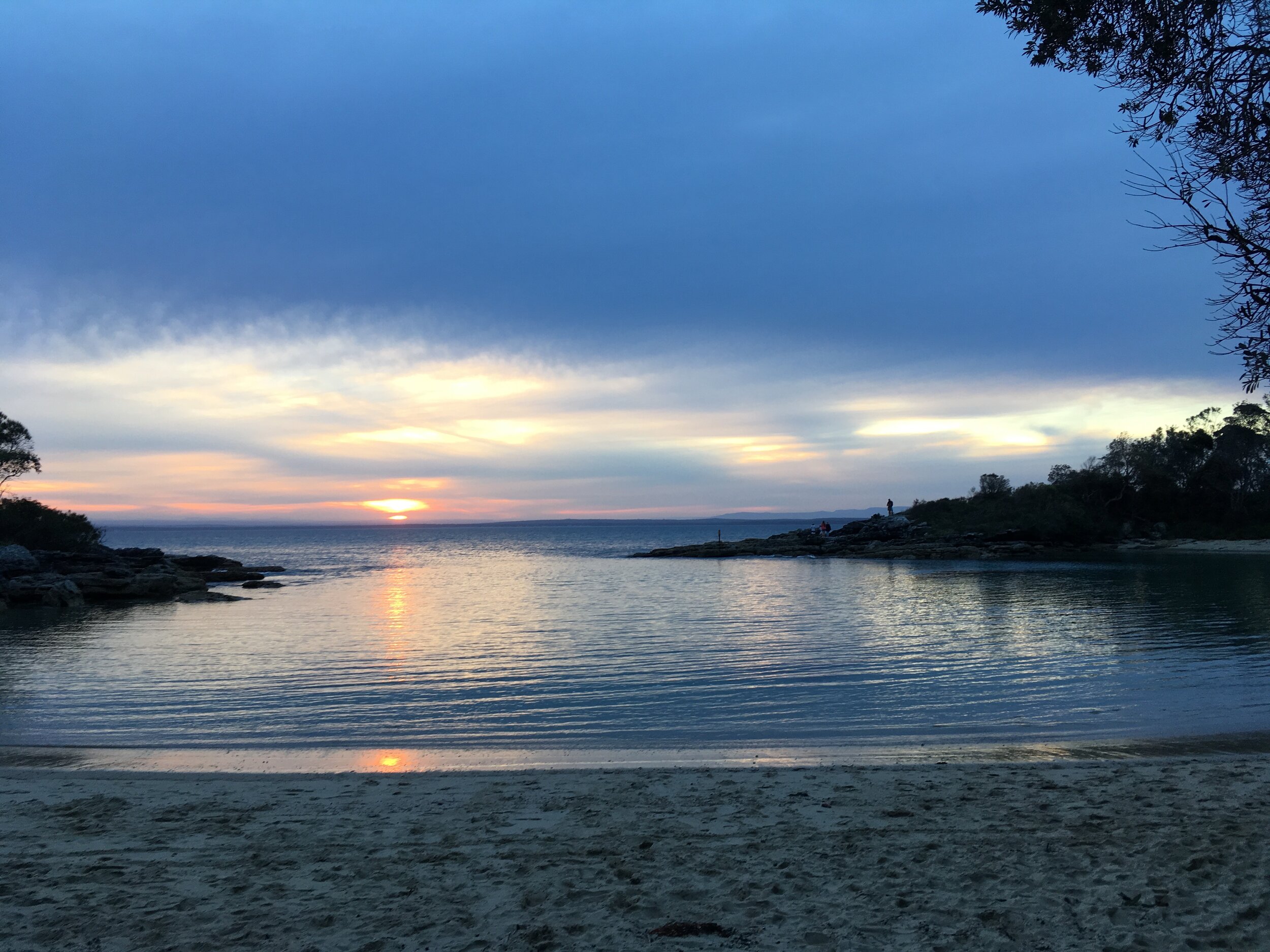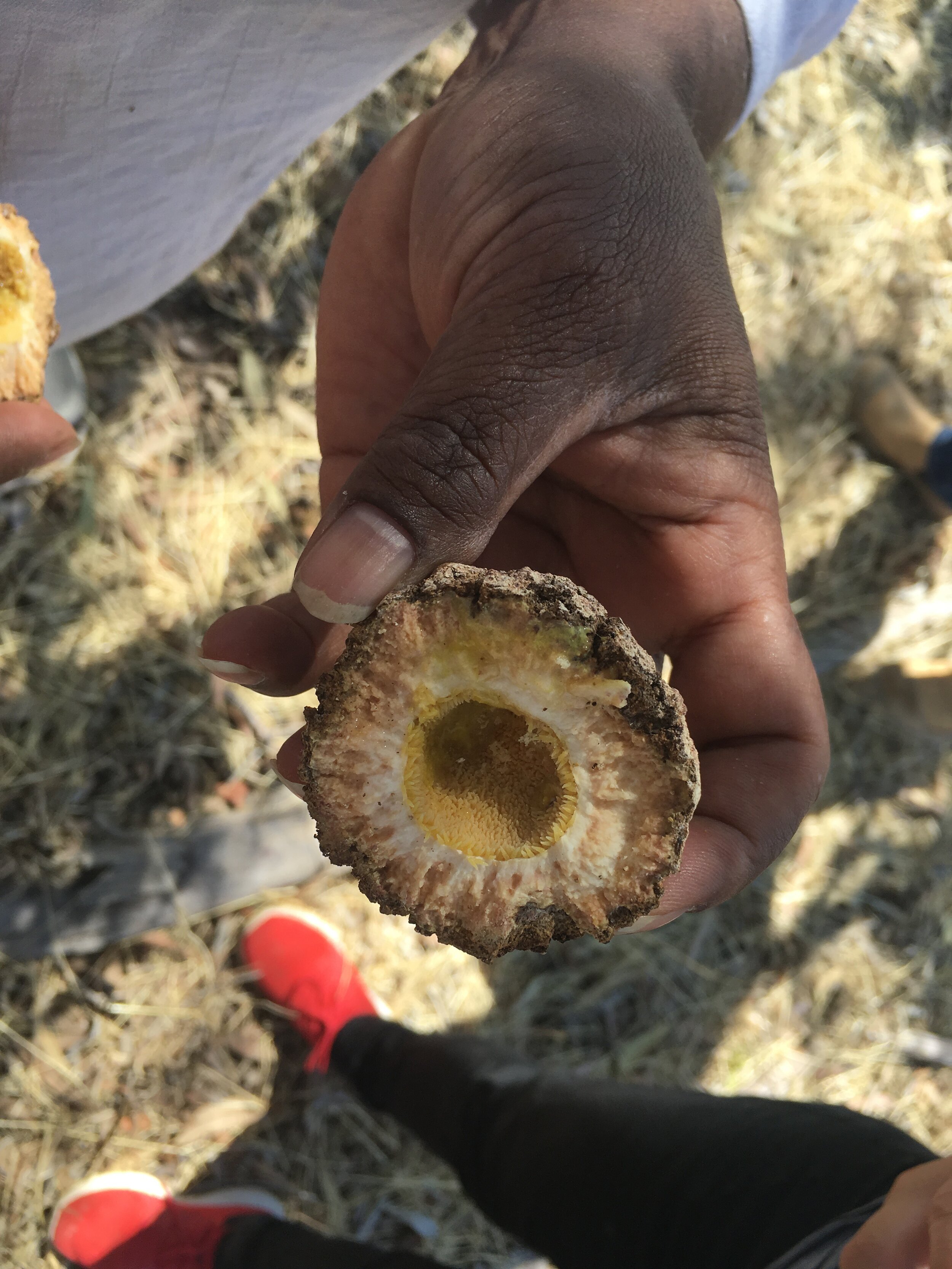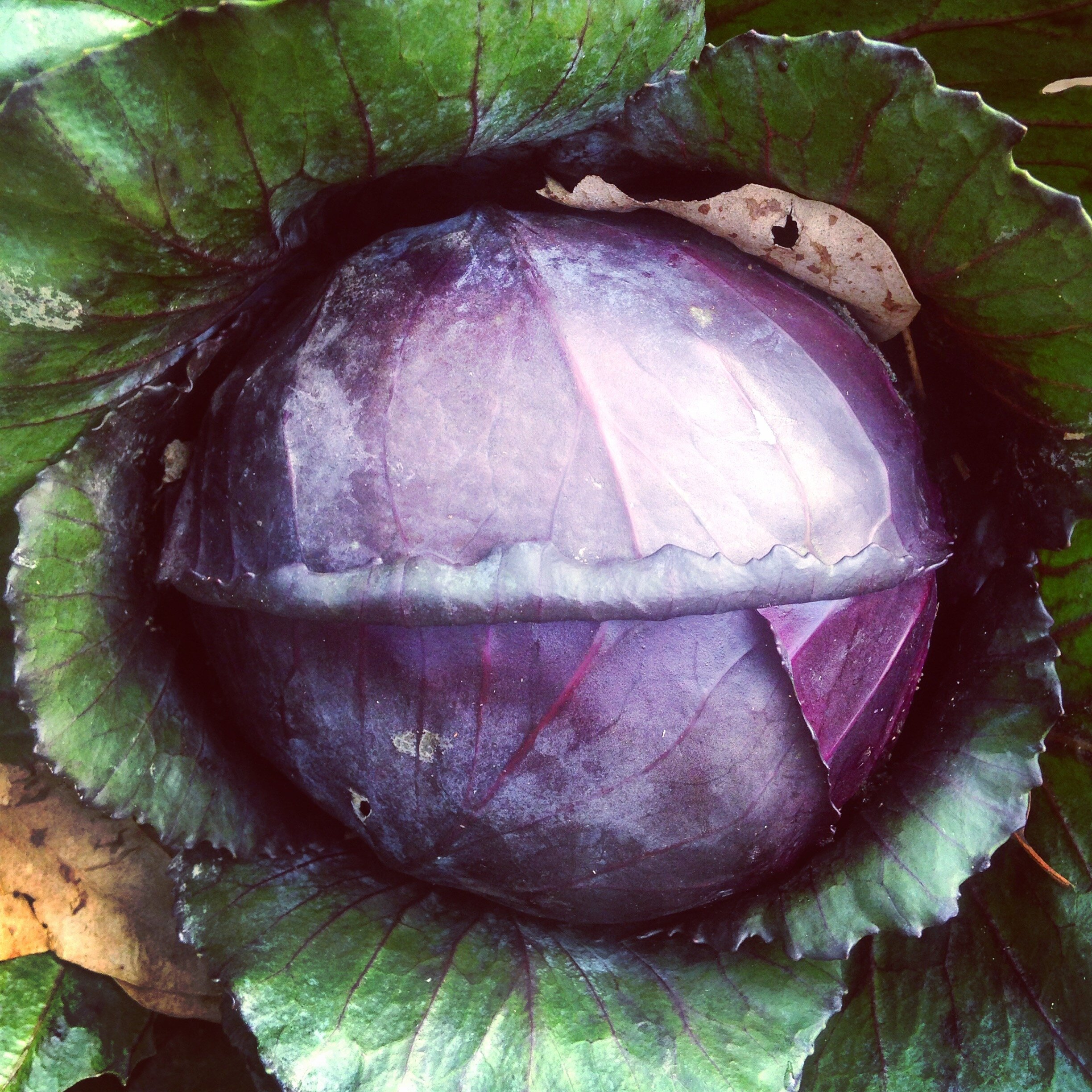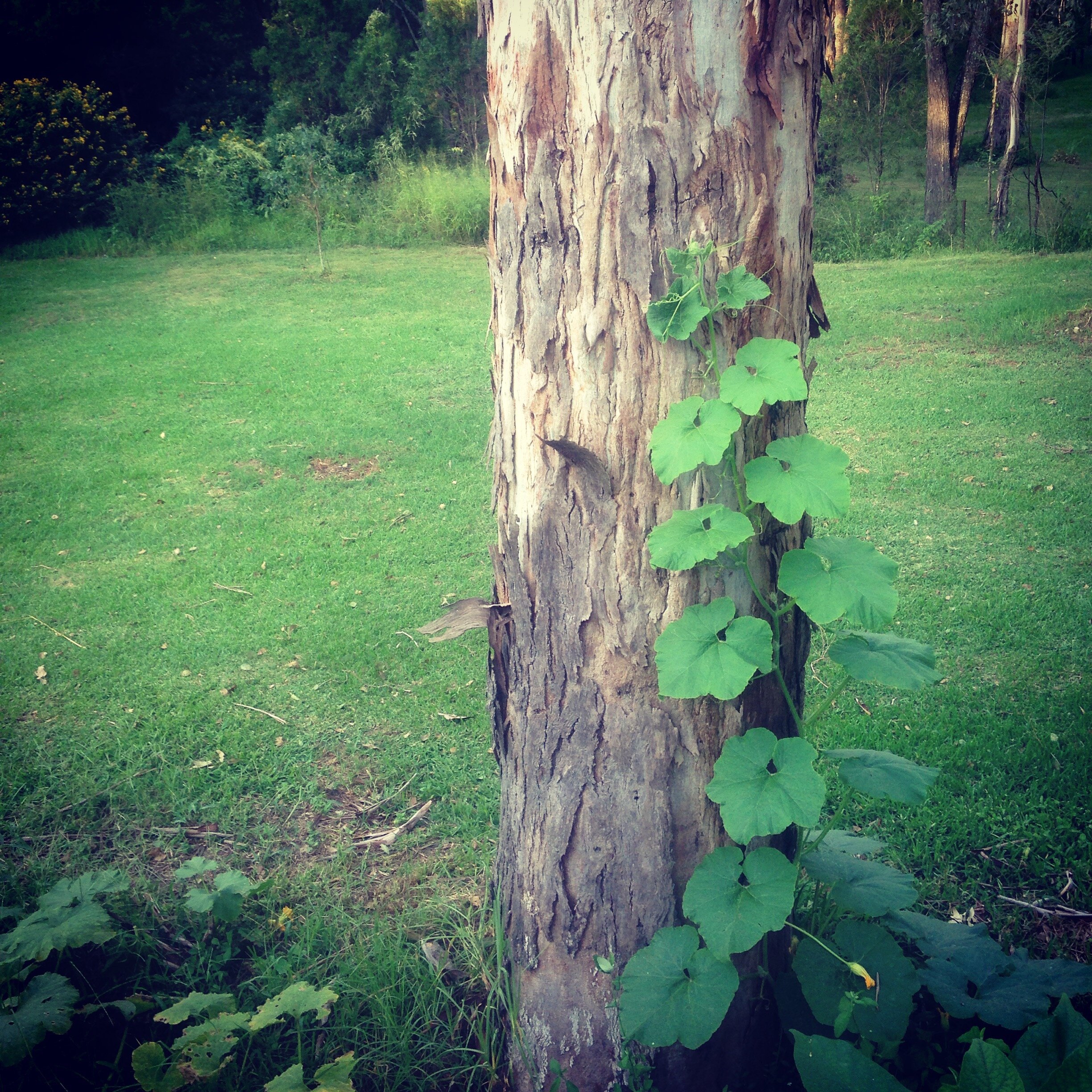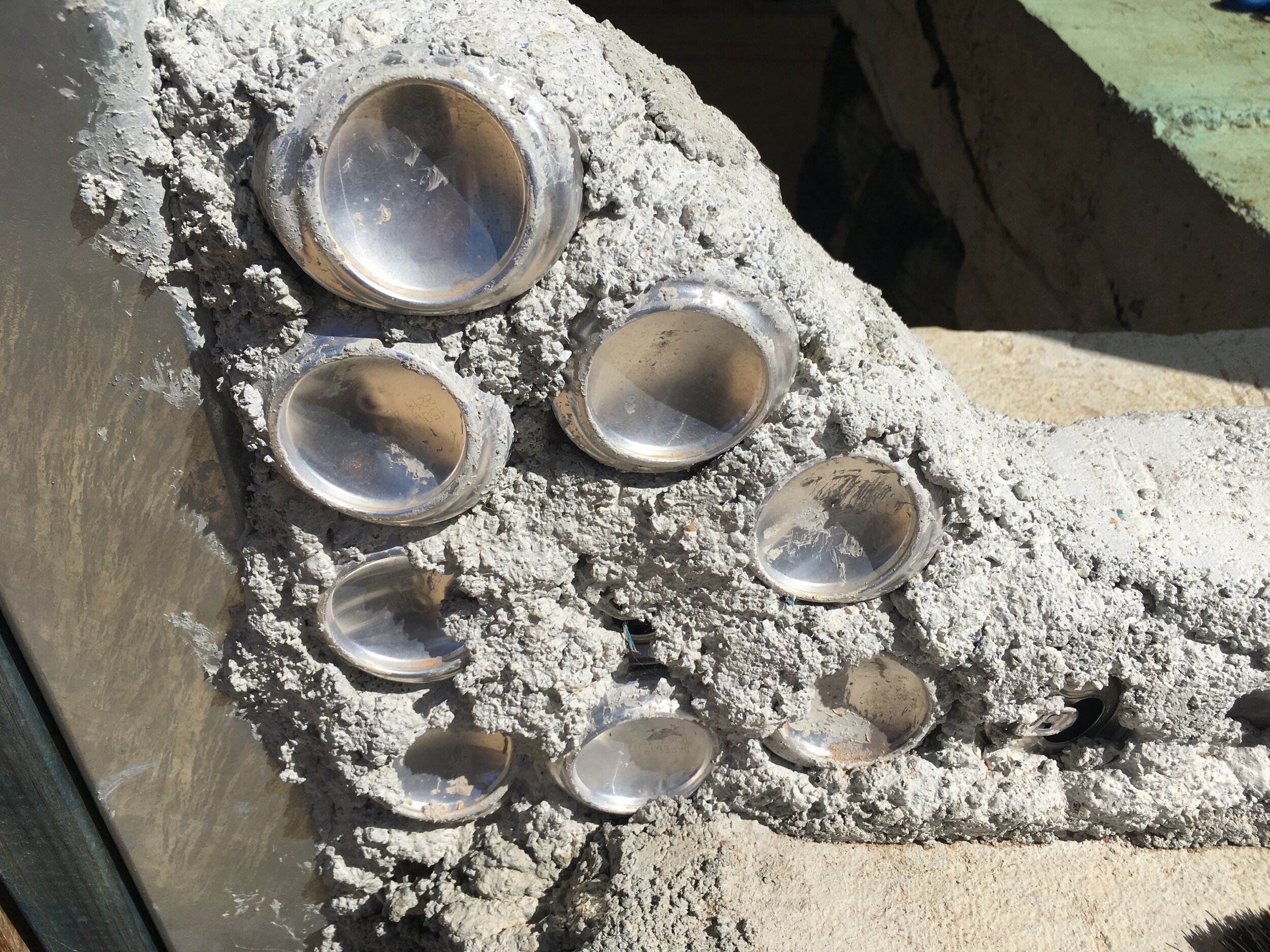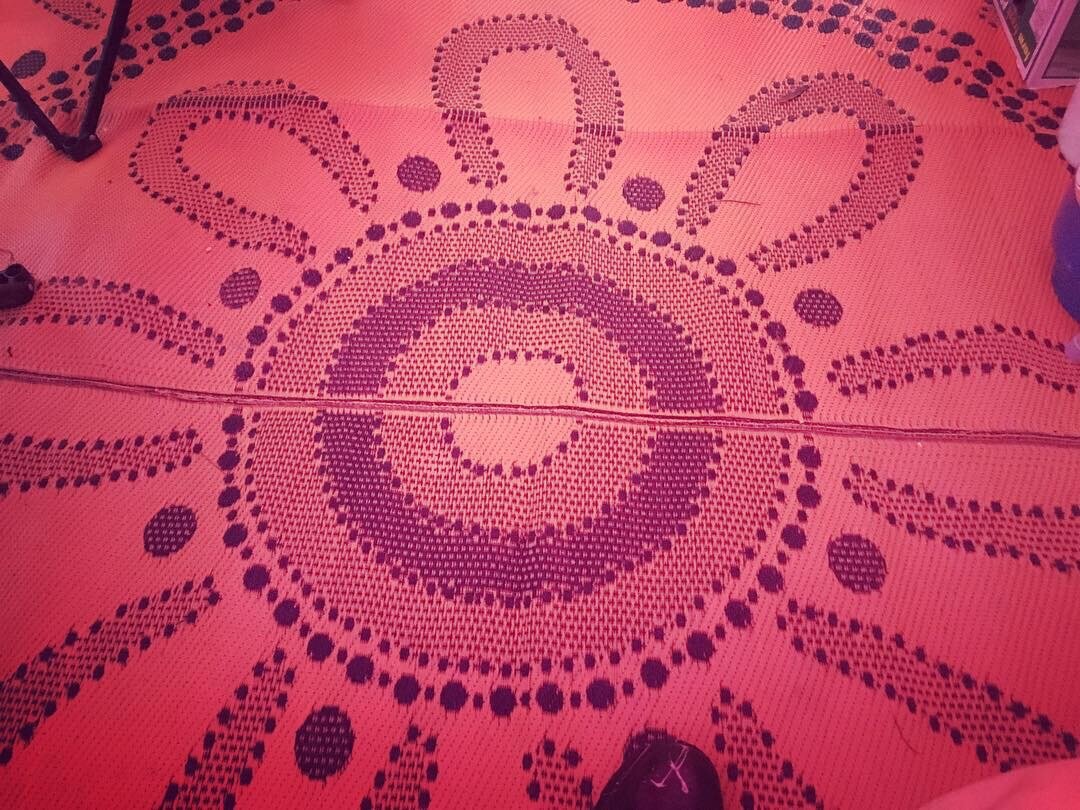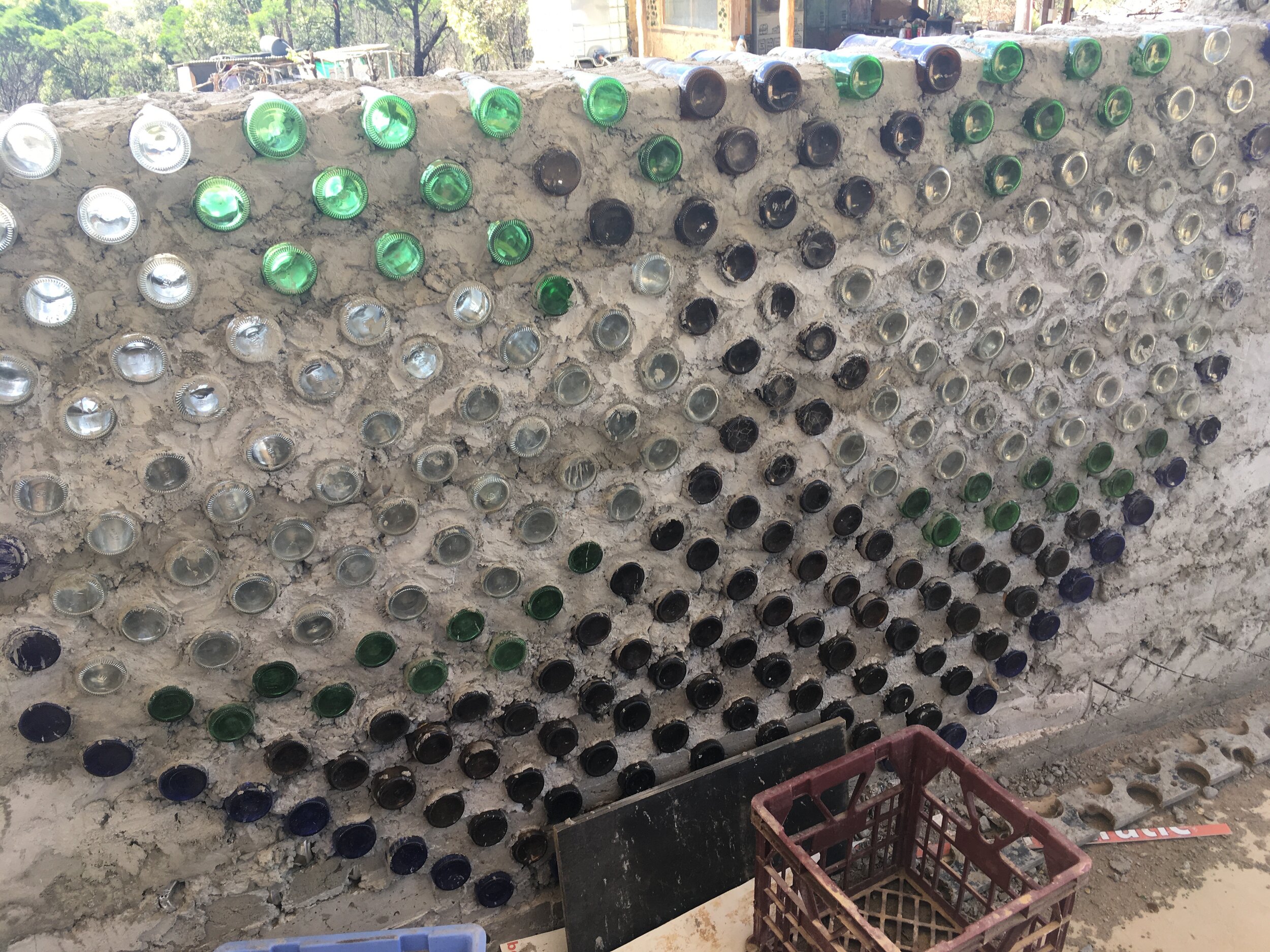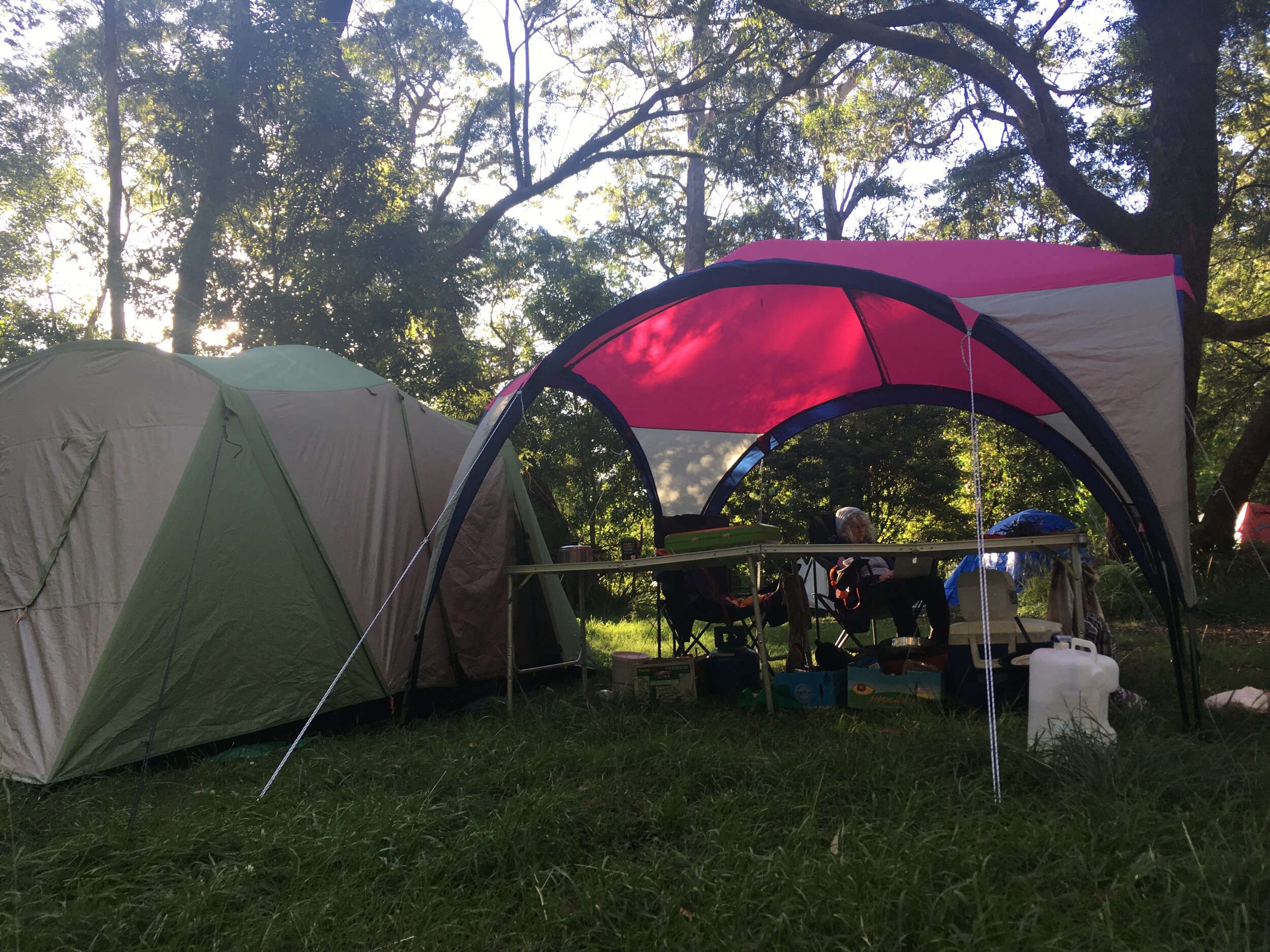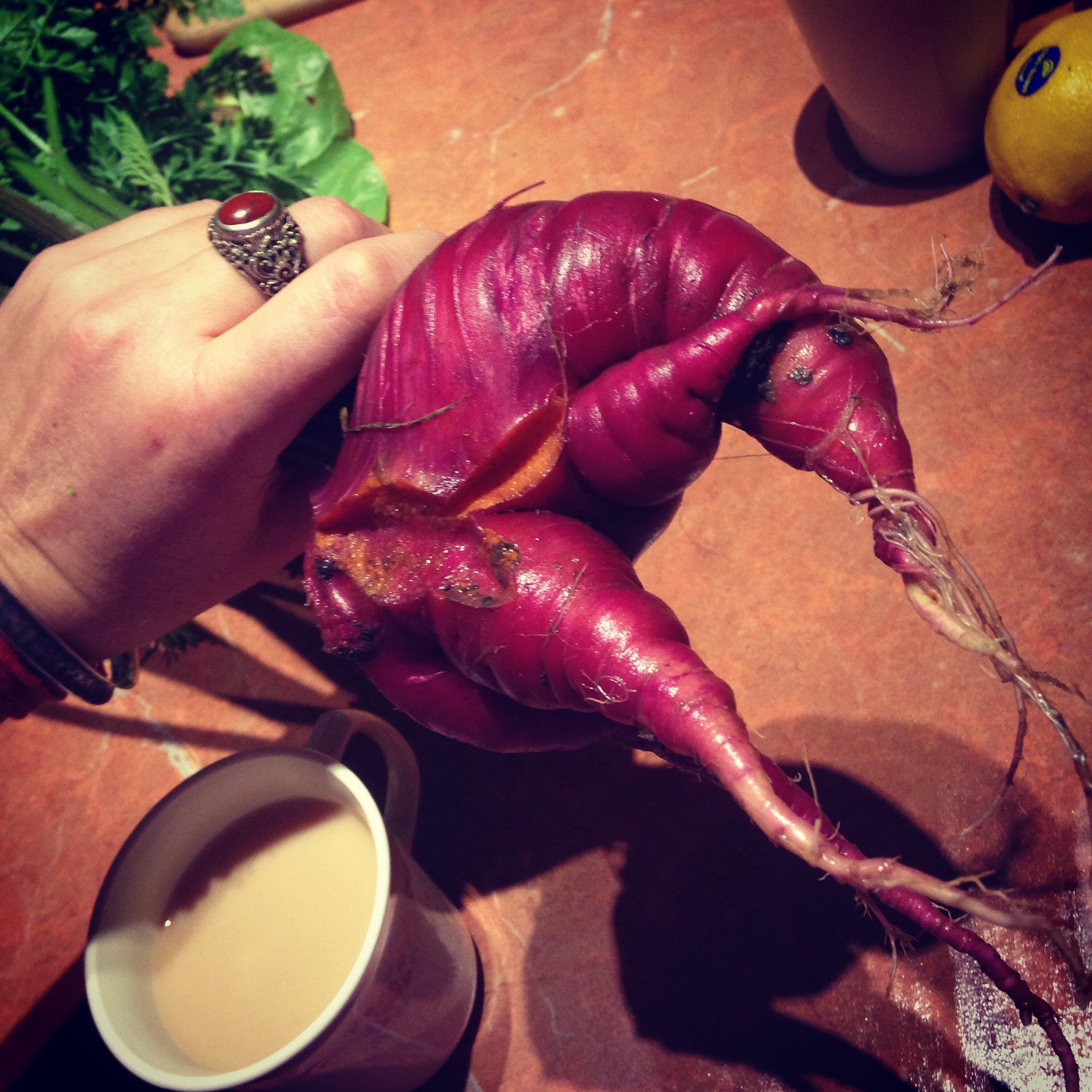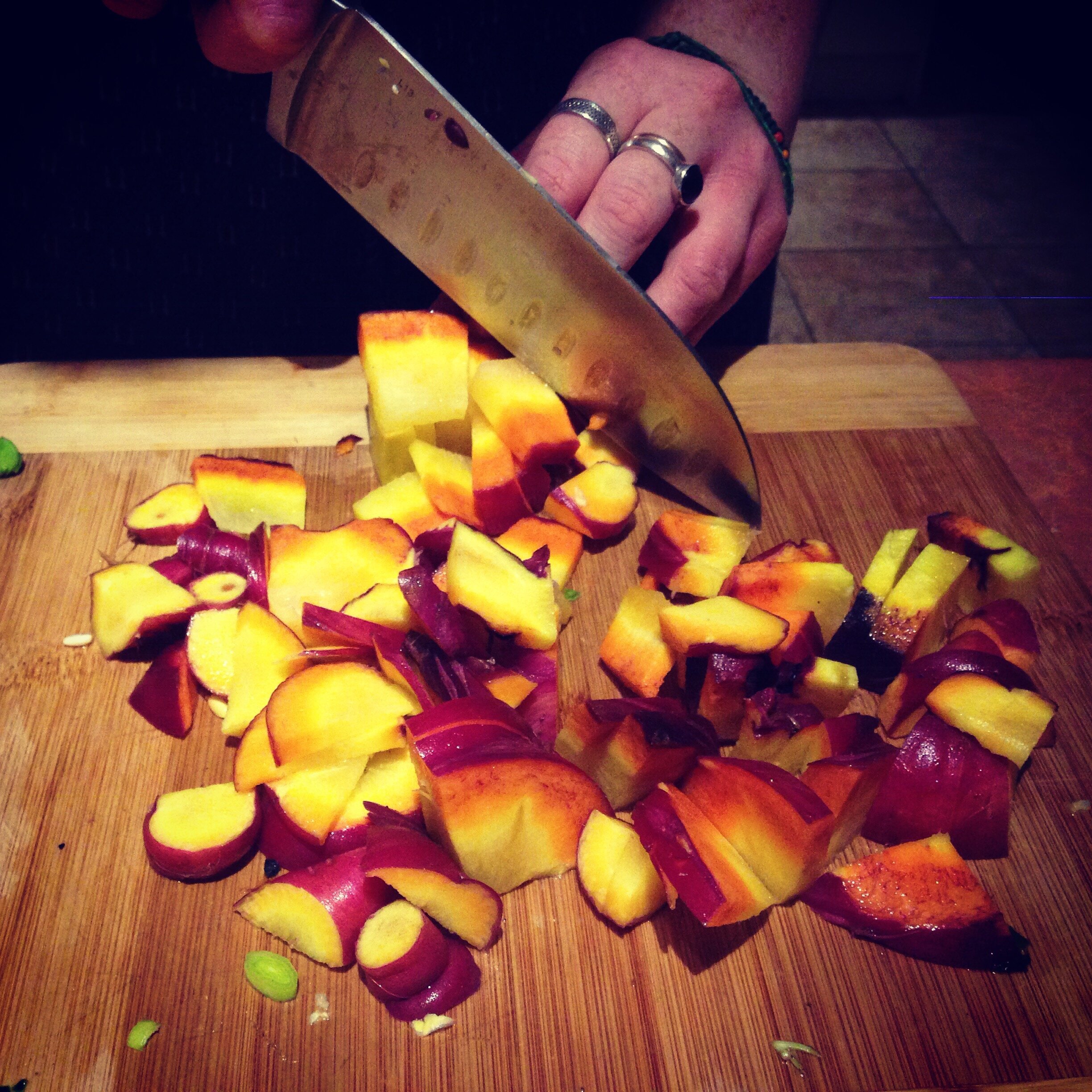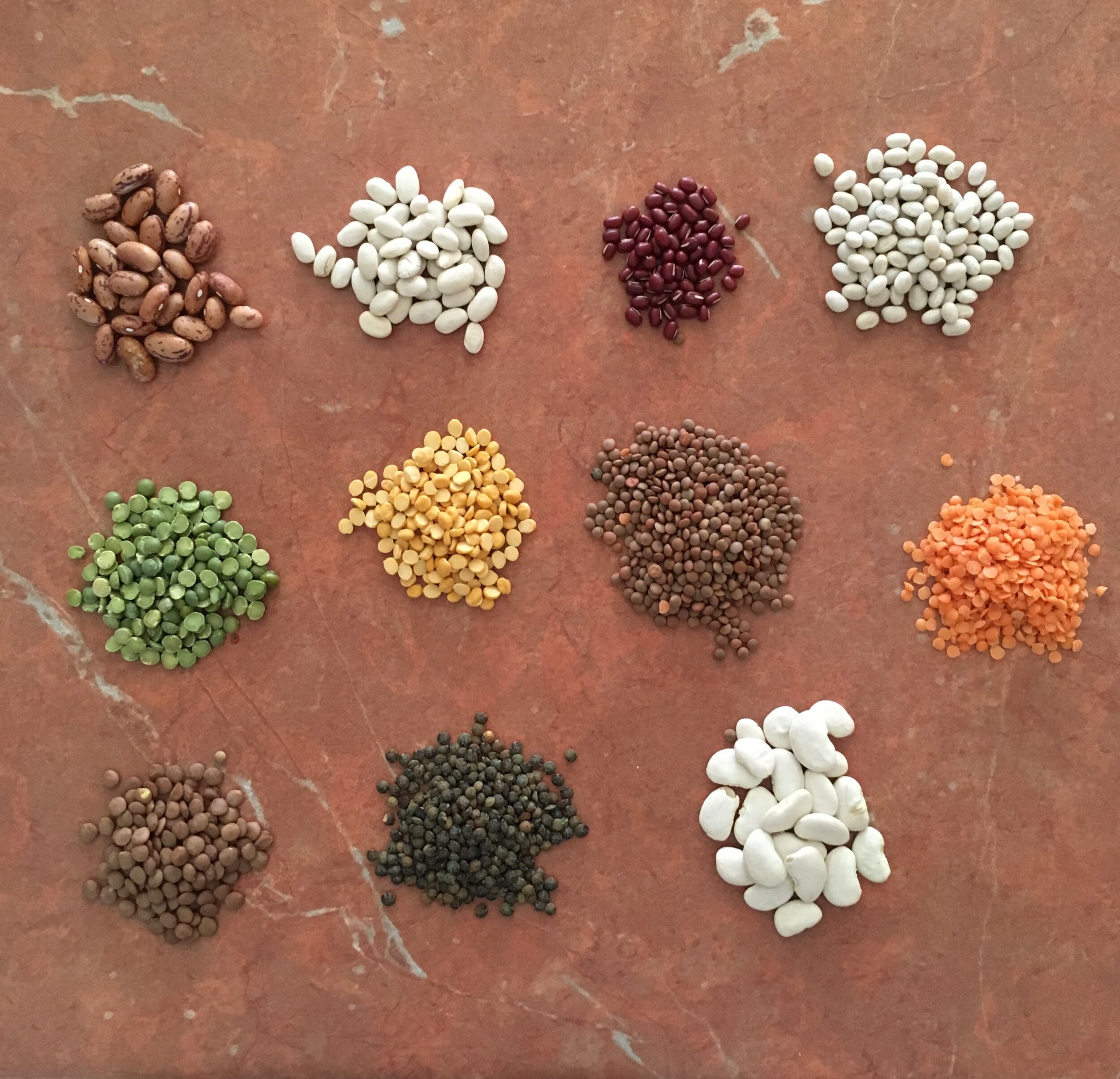Sustainable practice: Living what you believe
Sustainable practice: Living what you believe
it's easier than you think, just takes time
The three main focuses of our choices:
environmental - reducing footprint
health - increasing wellbeing and mental state
community - sharing, being together
These three things shape our life and lead us to make the choices we do in relation to our lifestyle and behaviour.
What do we do to live our beliefs? It’s about changing patterns of behaviour in your home, the way you consume, the way you travel. Not so you miss out but so you just do what you need and not more. It’s a pretty moral choice and can be tricky to know the difference. For us, it’s about not using more than we need and if there’s an easy eco-replacement to conventional choices, we do that 99% of the time. Of course no ones perfect, we sometimes get food out or go to the movies, but in general we’re pretty good about it. Here’s our list! Oh and it’s not just about being eco-minded, it’s also very much about health and wellbeing, reducing stress and enjoying nature as our primary healer, also about reducing spending but sometimes it is a bit more expensive than the mainstream option - so much environmental cost is treated as an “externality” to modern economic pricing and supply/demand driving down costs.
Around the house and our 1 acre property
Water tanks
Bio-sewage system, recycling water
Growing our own veges, herbs, orchard
Solar power (about to get batteries)
Washing/dishwasher during the day when our solar’s powering
Salt water pool
Outside airconditioning
Compost
Wormfarm x 2
Solar hot water
Vintage furniture
Barely use the heaters and aircons
Window tinting film for thermal insulation
Selling our old stuff on marketplace so it can go to good homes and not just be thrown out
Collection of branches, leaves and other green material for our fire pit to warm the winter months
Seed saving by creating our own seedbank, prioritising heirloom or organic seeds as they can be used again and again and won’t go to seed quickly
Members of Diggers who are exceptional vegetable growers and have the best range of heirloom veges, support them is so much fun
Transplanting baby rainforest plants around the property when they are propagated naturally by birds etc
Eco-detergents and cleaning products, washing powders and dishwashing liquids, ensuring that our biolytix system isn’t ruined with highly chemical products
No petrochemical personal hygiene or hair/beauty products, only naturally sourced/based products
Our foodie routine
We know what’s in our food, we can make it our own, save money and ensure it’s top quality for health. My general rule is: if I don’t know what it is, I don’t eat it.
We make 95% of our own food even if we’re in the city for meetings, preferring to eat our high quality delicious nutrient protein good-fats rich food. We eat very little carbs, but a lot of protein, greens, general veges and good oils. Here’s what we make from scratch, noticing that it saves us money and is absolutely so much more delicious than conventional stuff you buy from the supermarche.
Almond Milk (so dairy free)
Buckwheat almond bread (gluten free) using the almond meal from the milk
Oil Butter with coconut oil, sunflower, olive, salt etc
Protein dips with soaked and gently boiled legumes
Coconut yoghurt using probiotic powder
Thai curry paste with galangal, ginger, lemongrass etc
Block salt that we crush up for meal use, 20kg block for $20
Spring water from the local spring with the highest mineral spectrum we’ve seen before, we don’t drink tap water
Papaya pepper - making pepper grounds from papaya seeds
Shopping
Primary spot is the local organic farm supplying our vegetables and fruit
Katoomba/Enmore Food Co-ops with the highest quality organic and Australian produced legumes, oils, honey, grains
Shopping at bulk food places means that ZERO PACKAGING as jars, containers, bags are reused again and again
InnerOrigin for health and some food products
Only very occasionally going to conventional supermarkets
Vintage clothing and second hand for 80% of our clothes, there is always so much wear still in them and hardly have been worn
Selling unused clothes on facebook, Depop and at market stalls, no point throwing it out, but may as well make a bit of extra small dosh
Buying high quality shoes that last for years instead of buy crap from chain stores, looking after them, polishing them and fixing heels/zippers if they need it to make them last for longer
Travel, consumption, holidays
Keep cups for coffee, always, no excuse
Making our own food especially when we are travelling because roadstops have terrible food and barely anything gluten free, Olivers is great but expensive
Get the train, light rail, buses as much as possible, will only drive in exceptional circumstances
Going camping at campsites or Youcamp, or finding farm stay airbnbs to help support landowners with some extra cash, those people who are producing food and meat for the cities often find that the extra cash from accommodation keeps them afloat
Very rarely going to resorts or lush holiday places as they are often not very environmentally conscious, especially hotels that do house-keeping daily - it’s very unnecessary and wasteful to wash sheets and towels daily
We both used to ride our bikes when we were in the city, 10 years of riding on Sydney roads isn’t necessarily the best way to reduce your stress, but incidental exercise certainly helps
We do fly which definitely isn’t the best option for long travel, but at this stage while working across the country it’s the only option. Always paying for extra carbon off-set, which isn’t enough, but it’s something.

